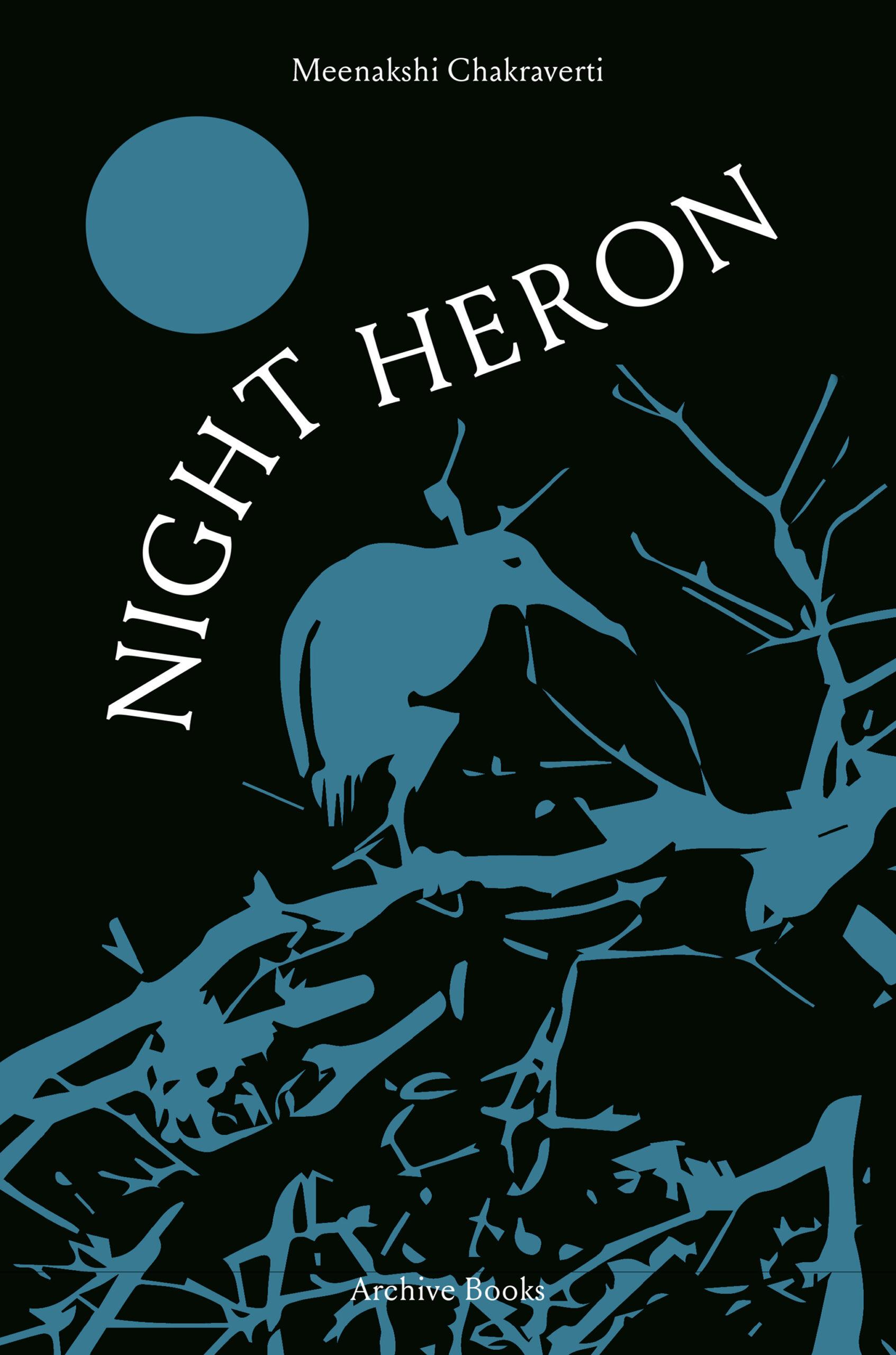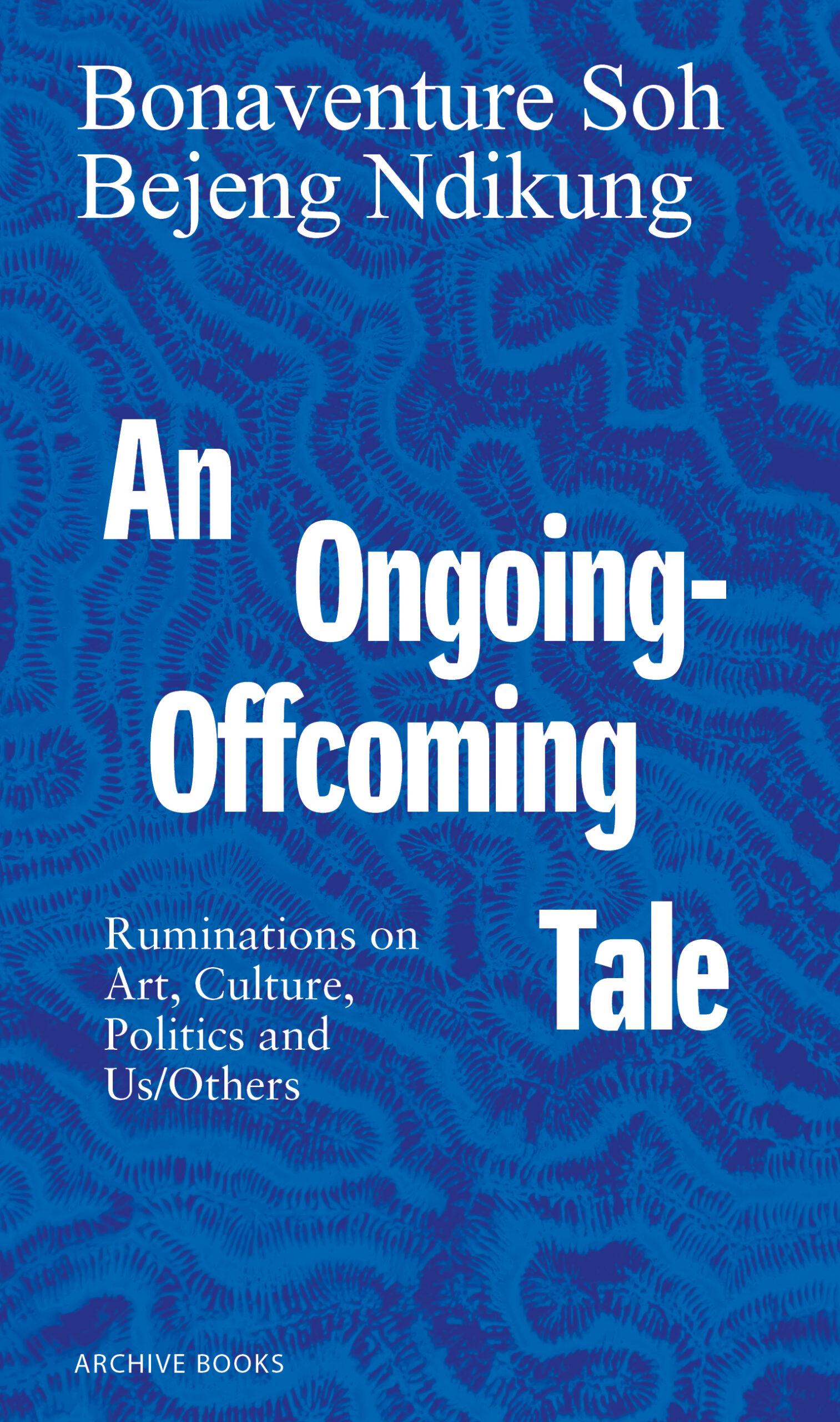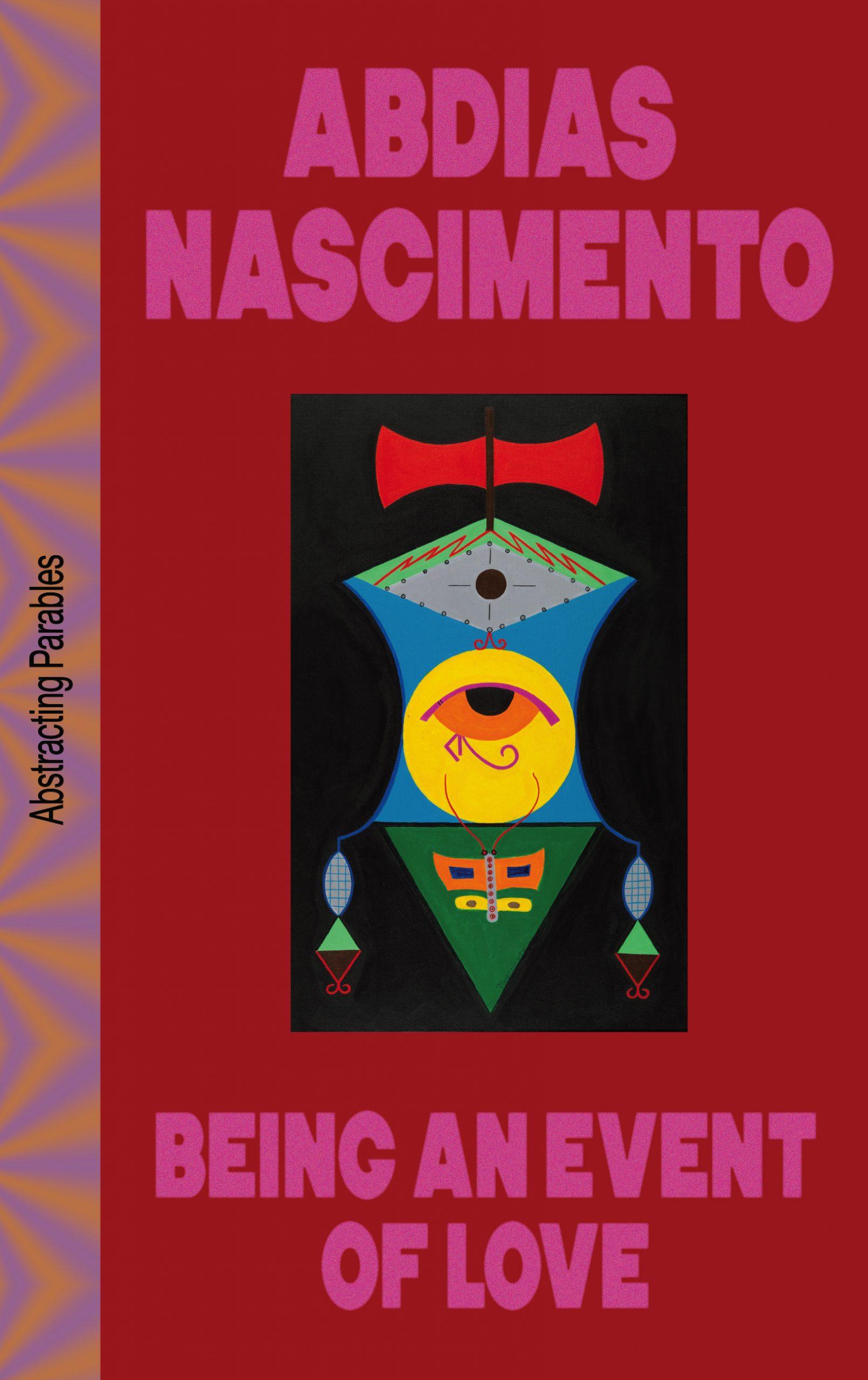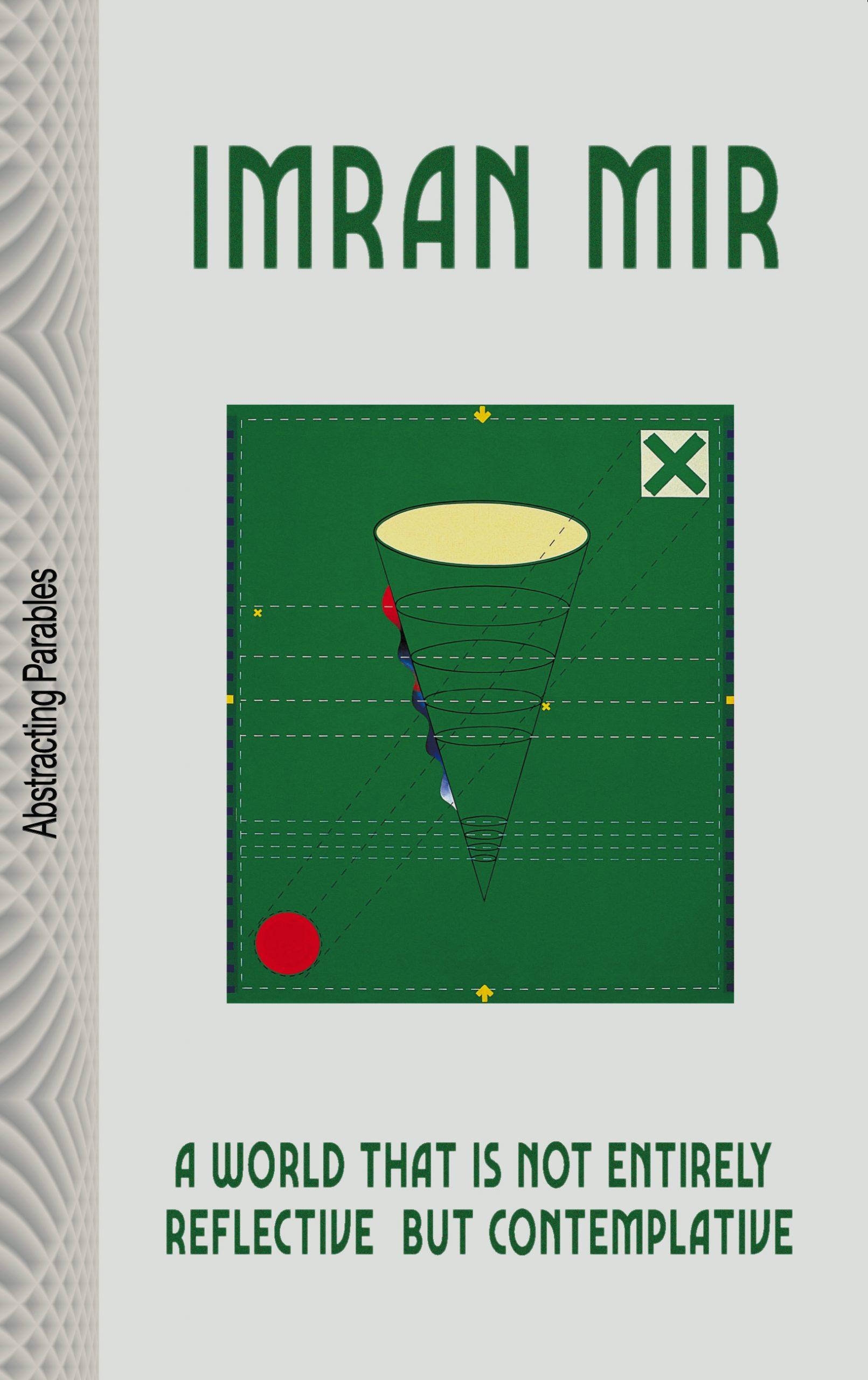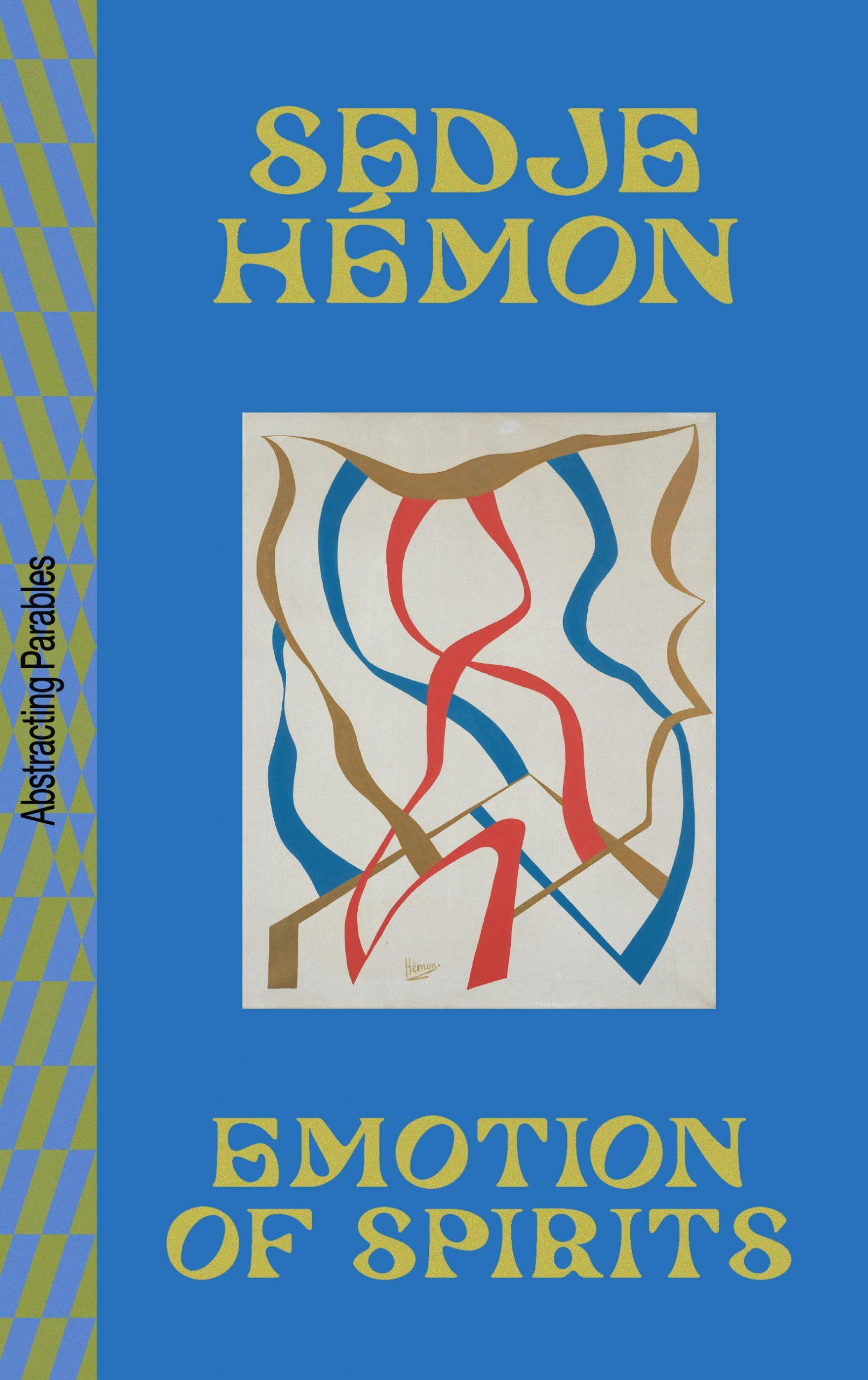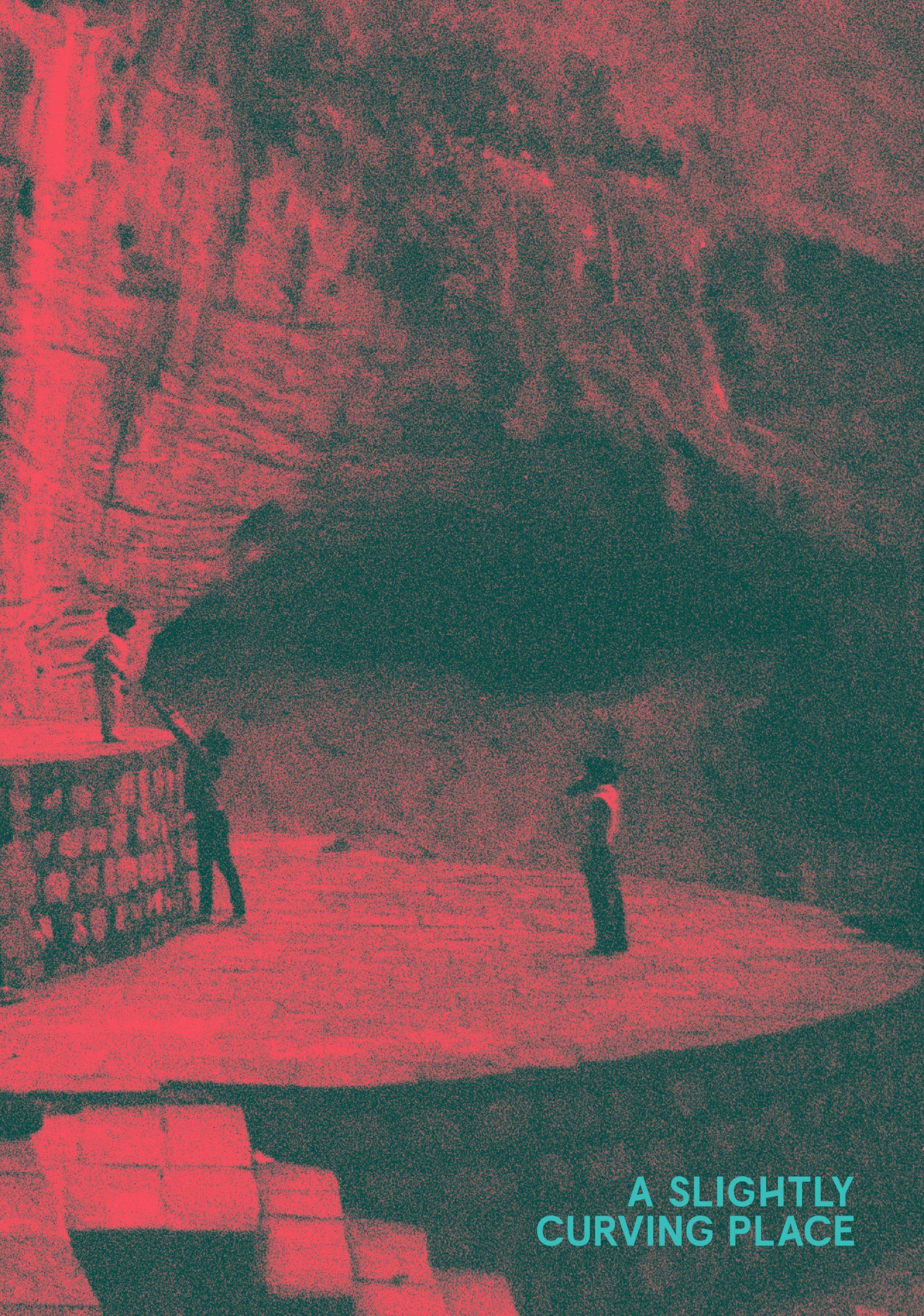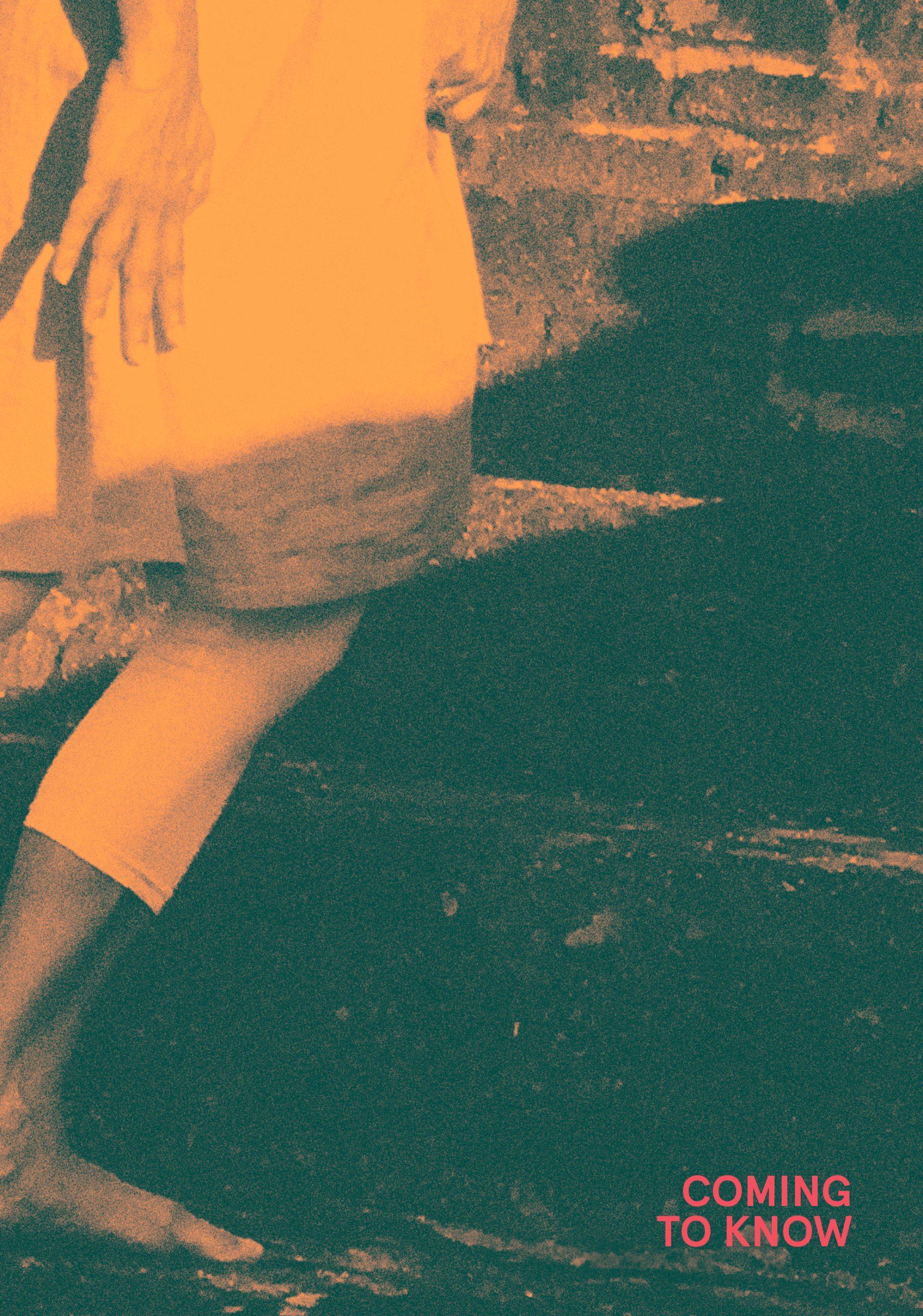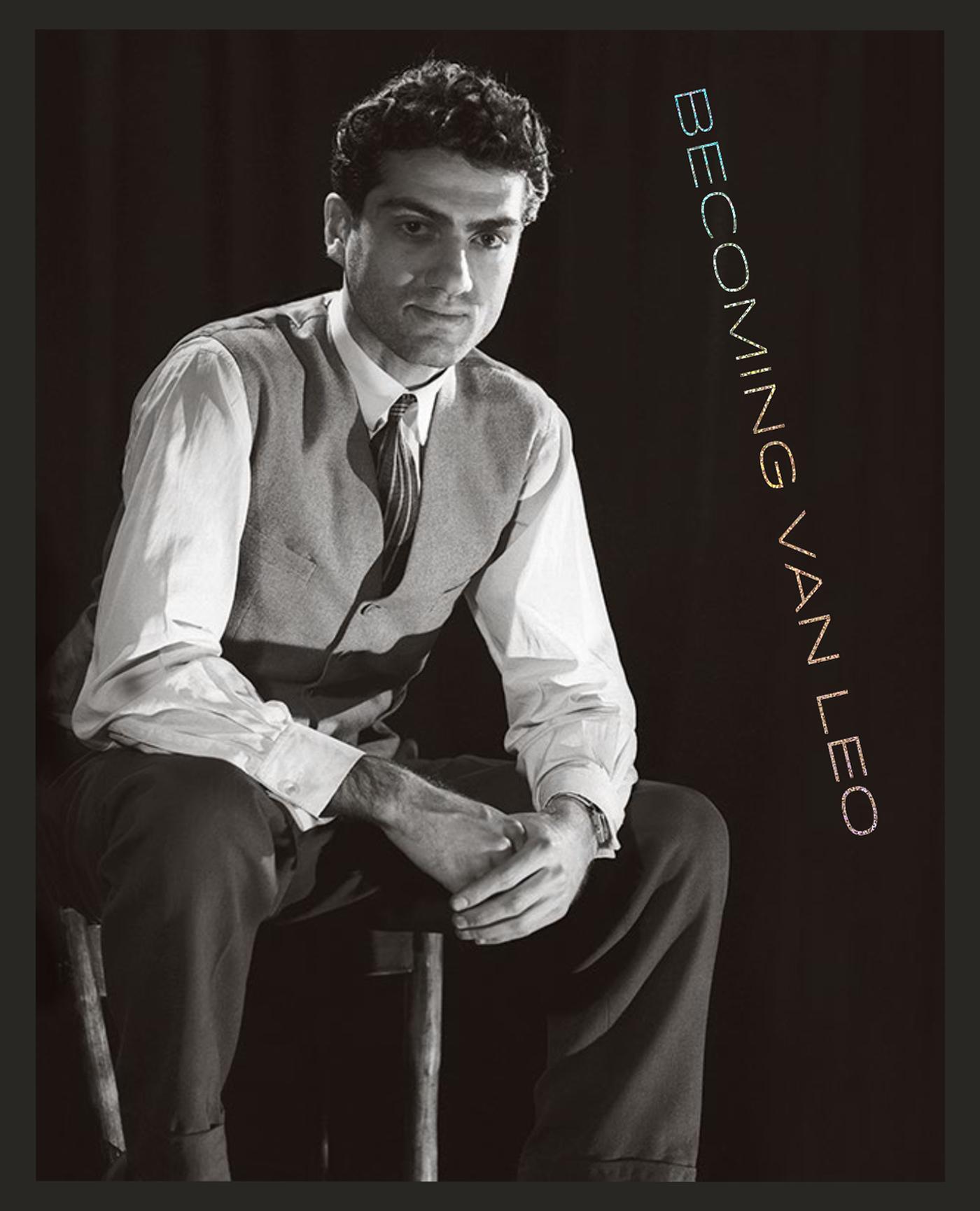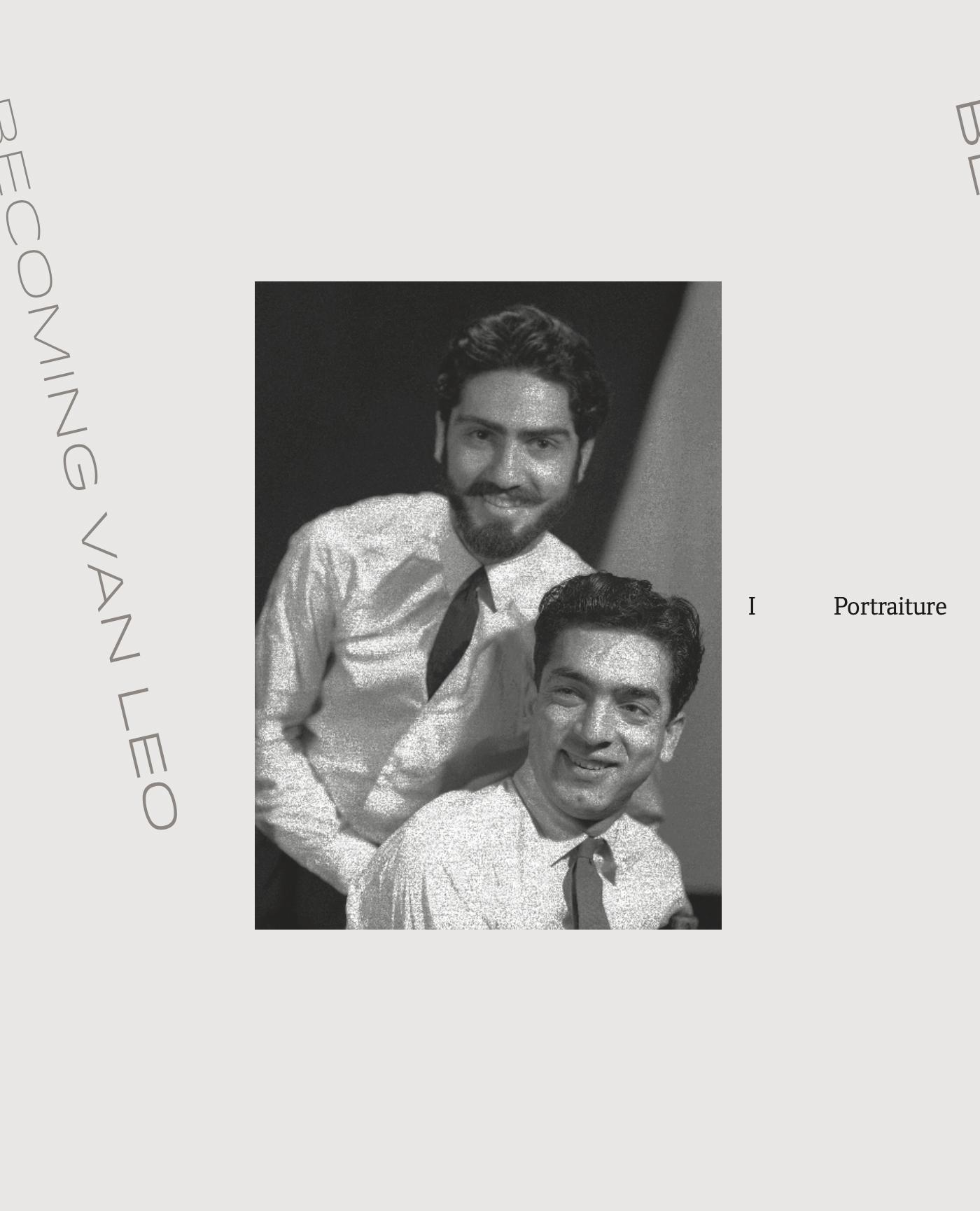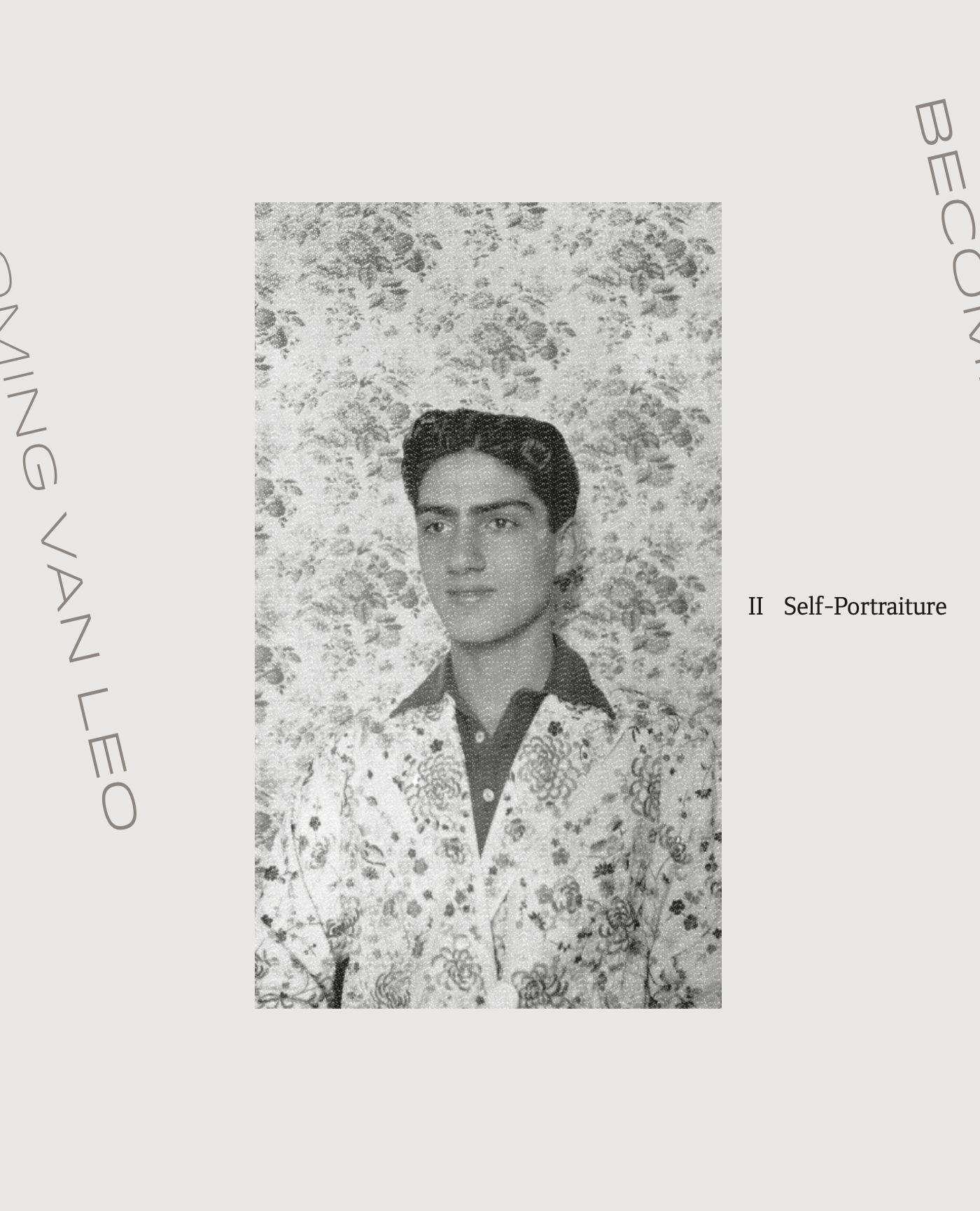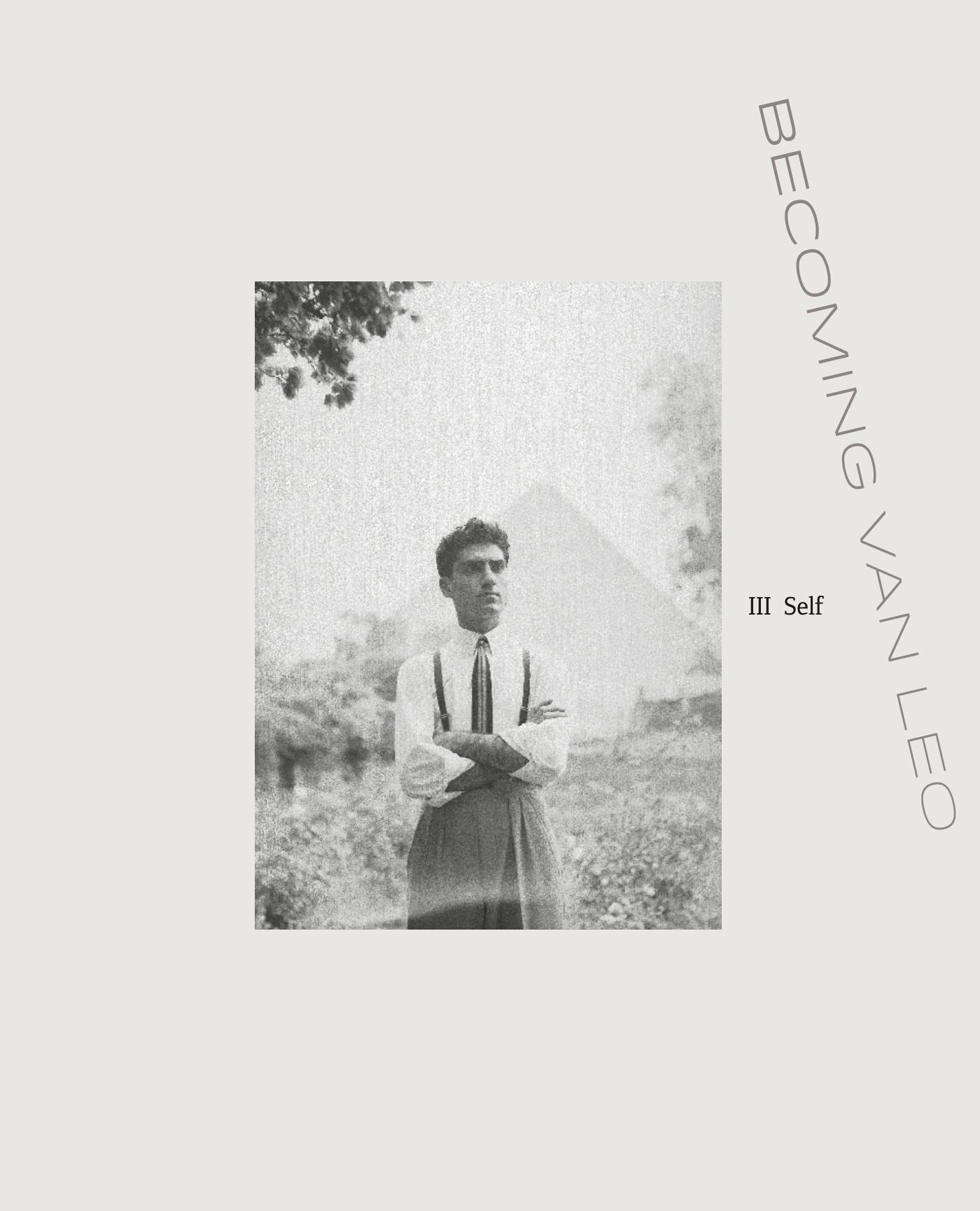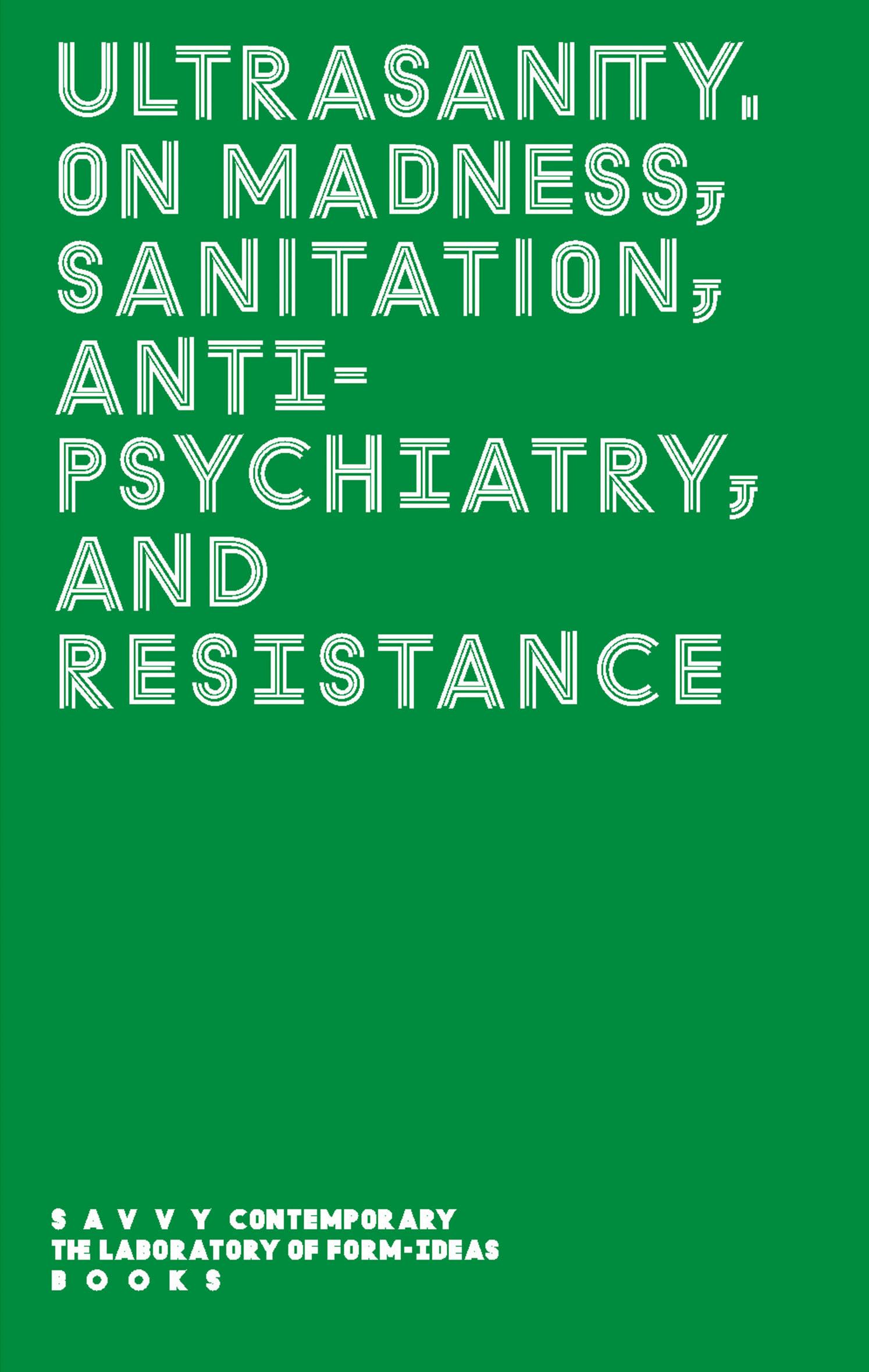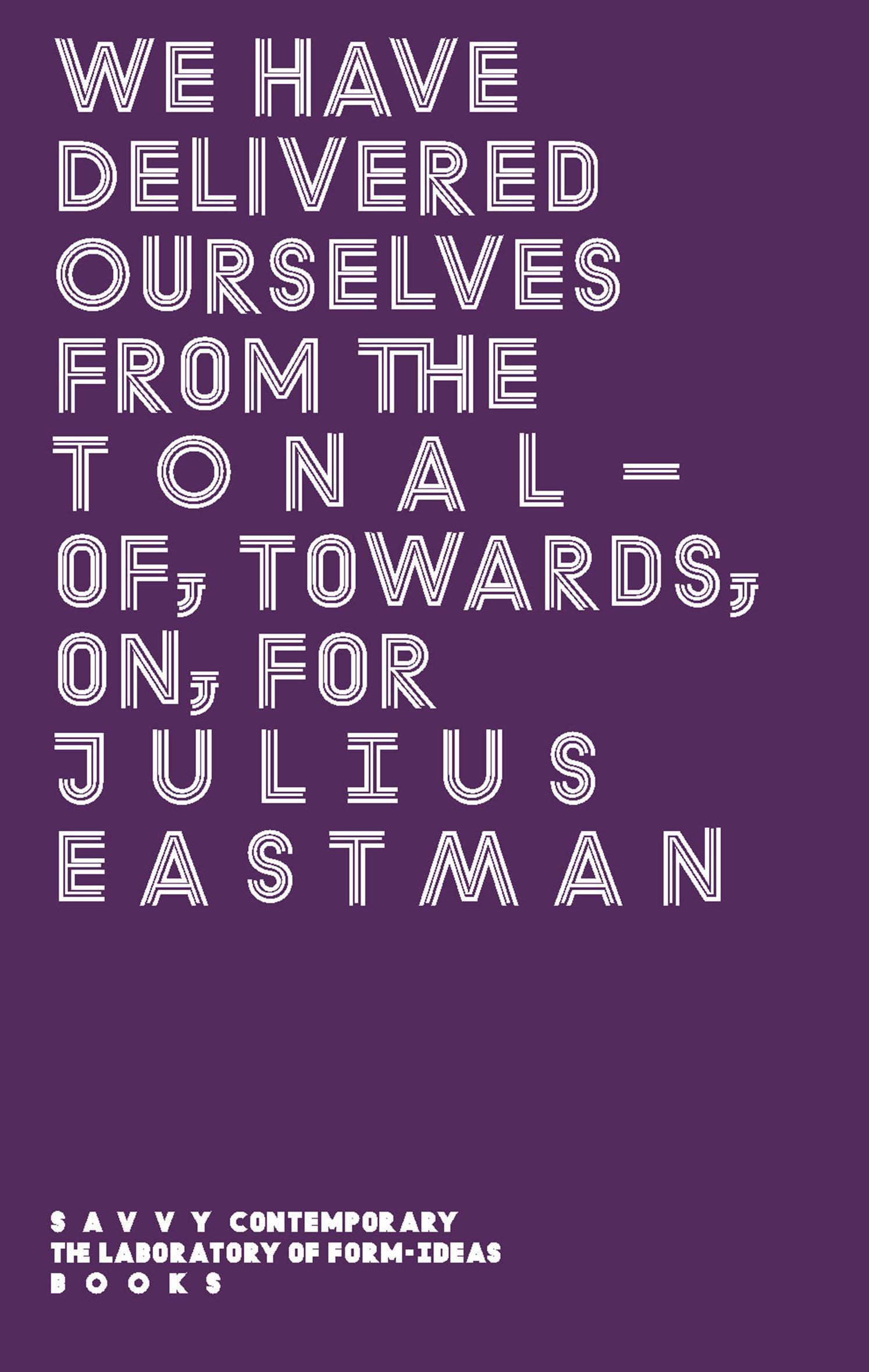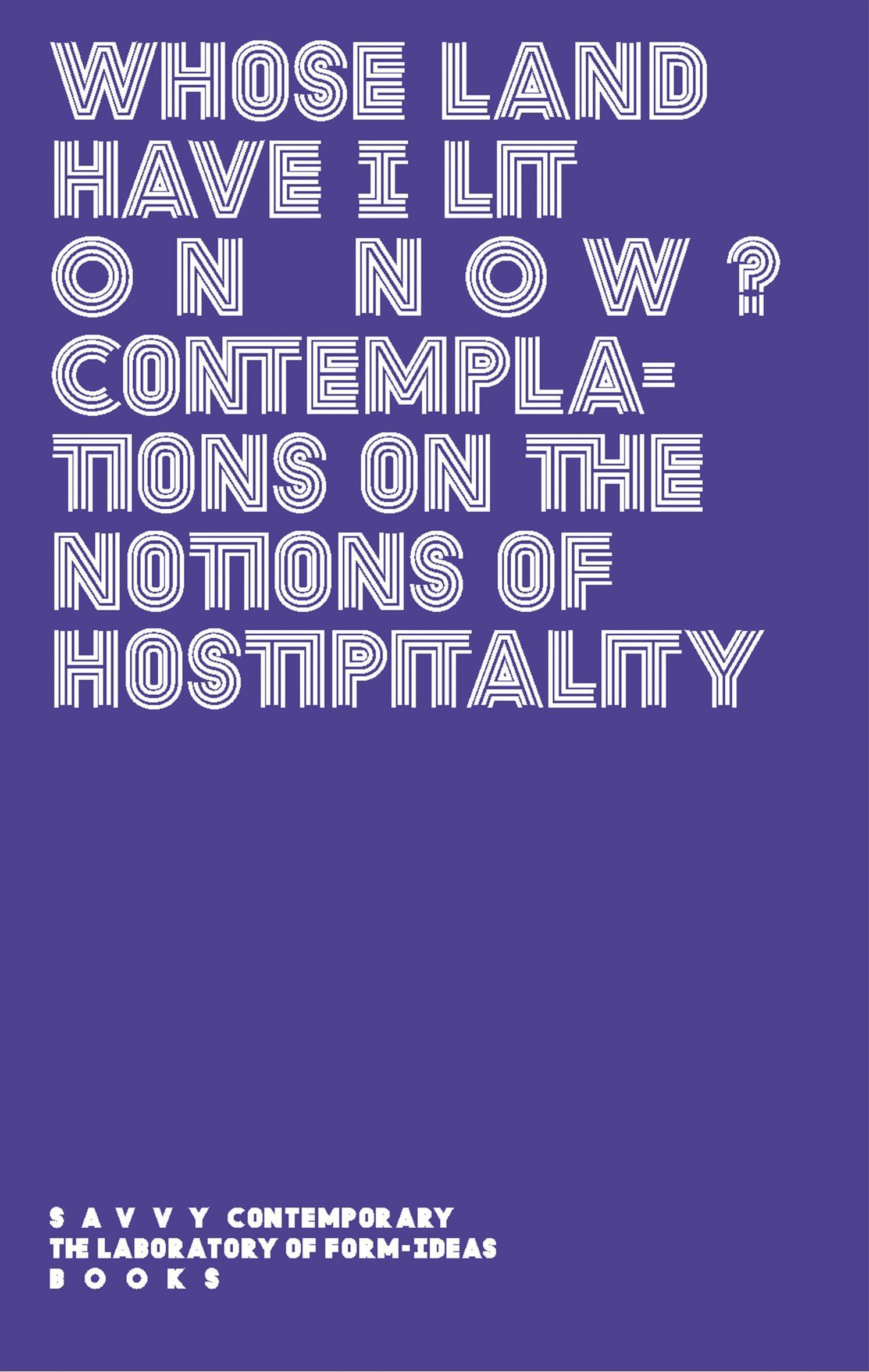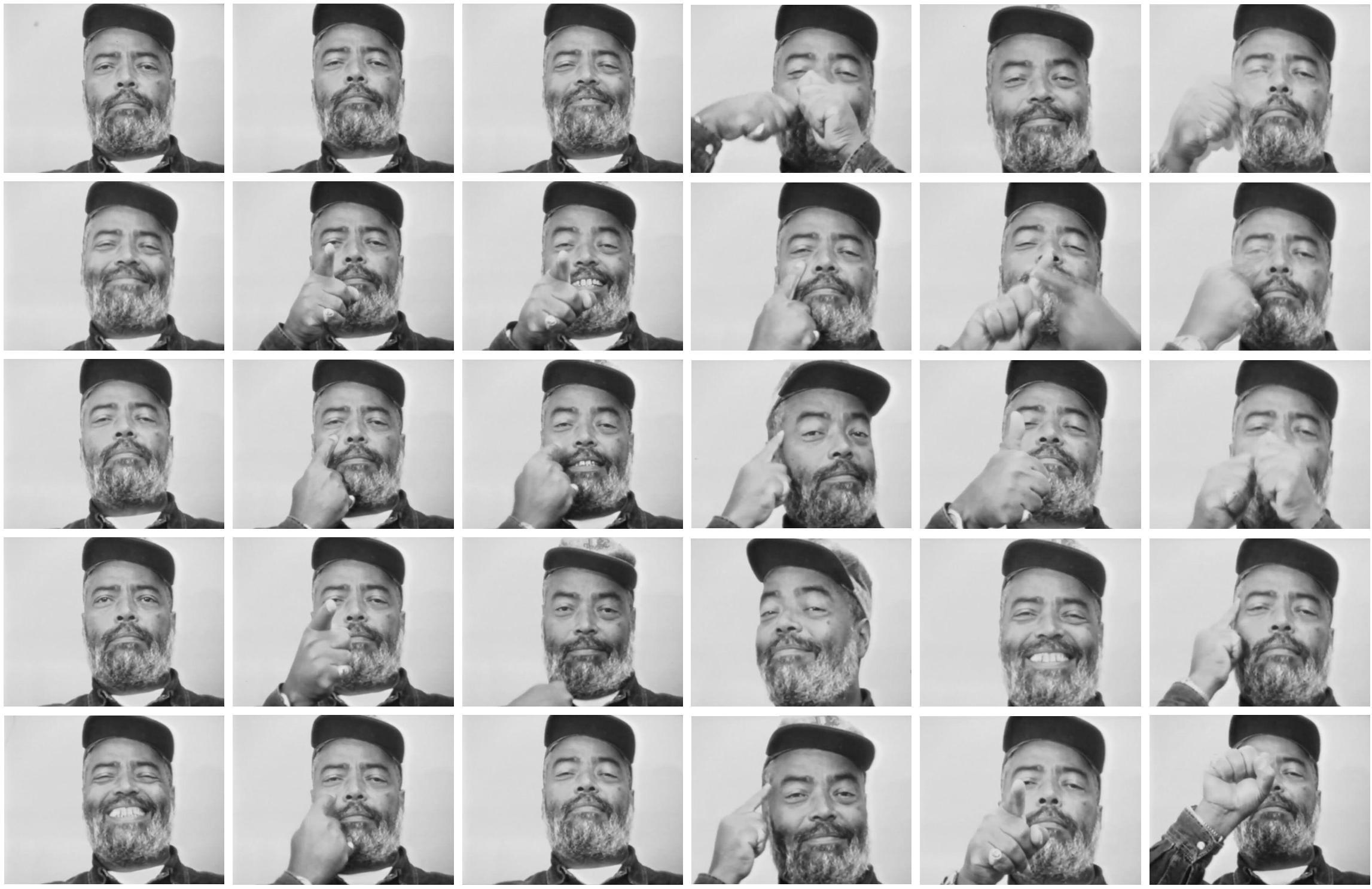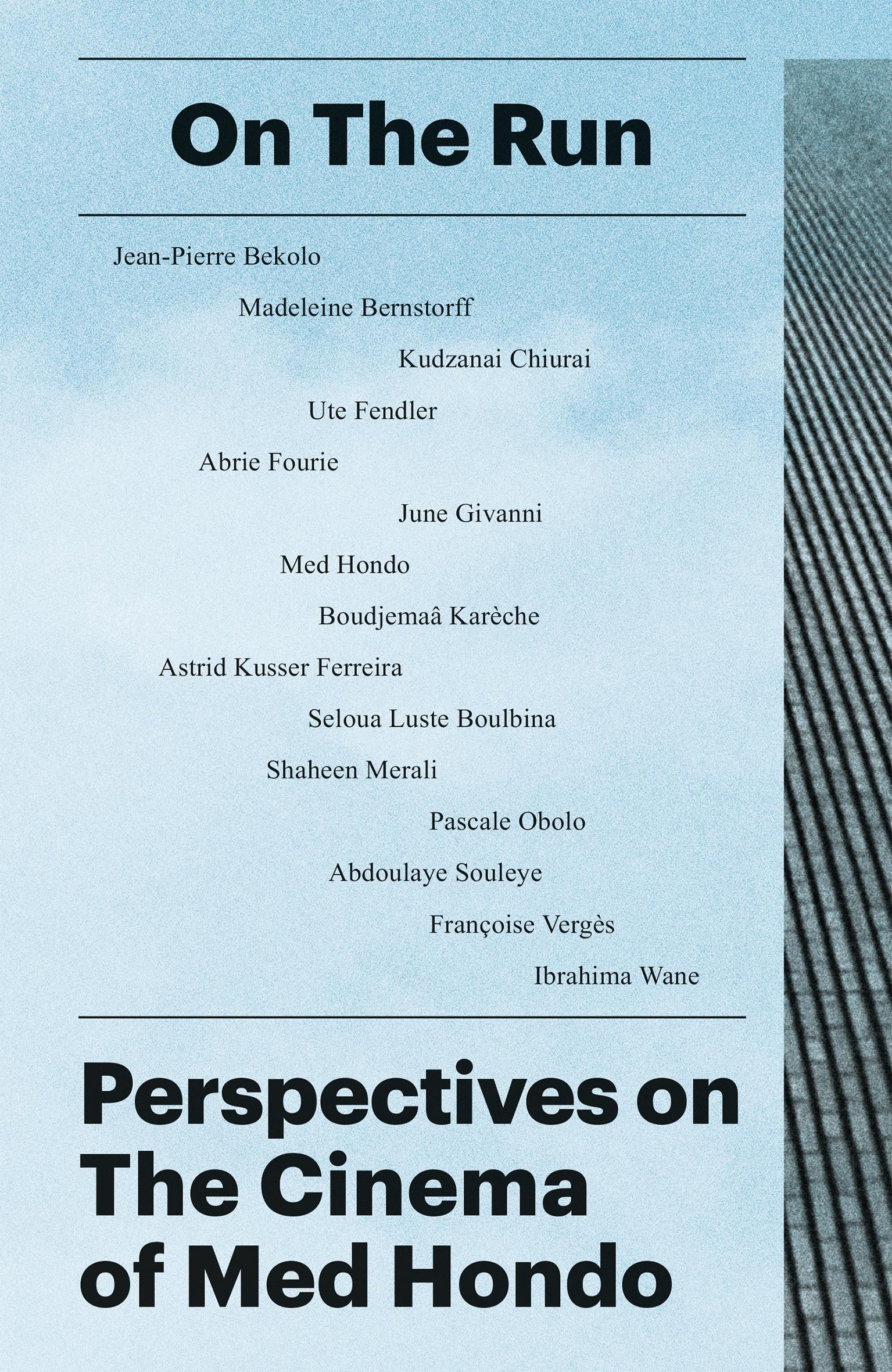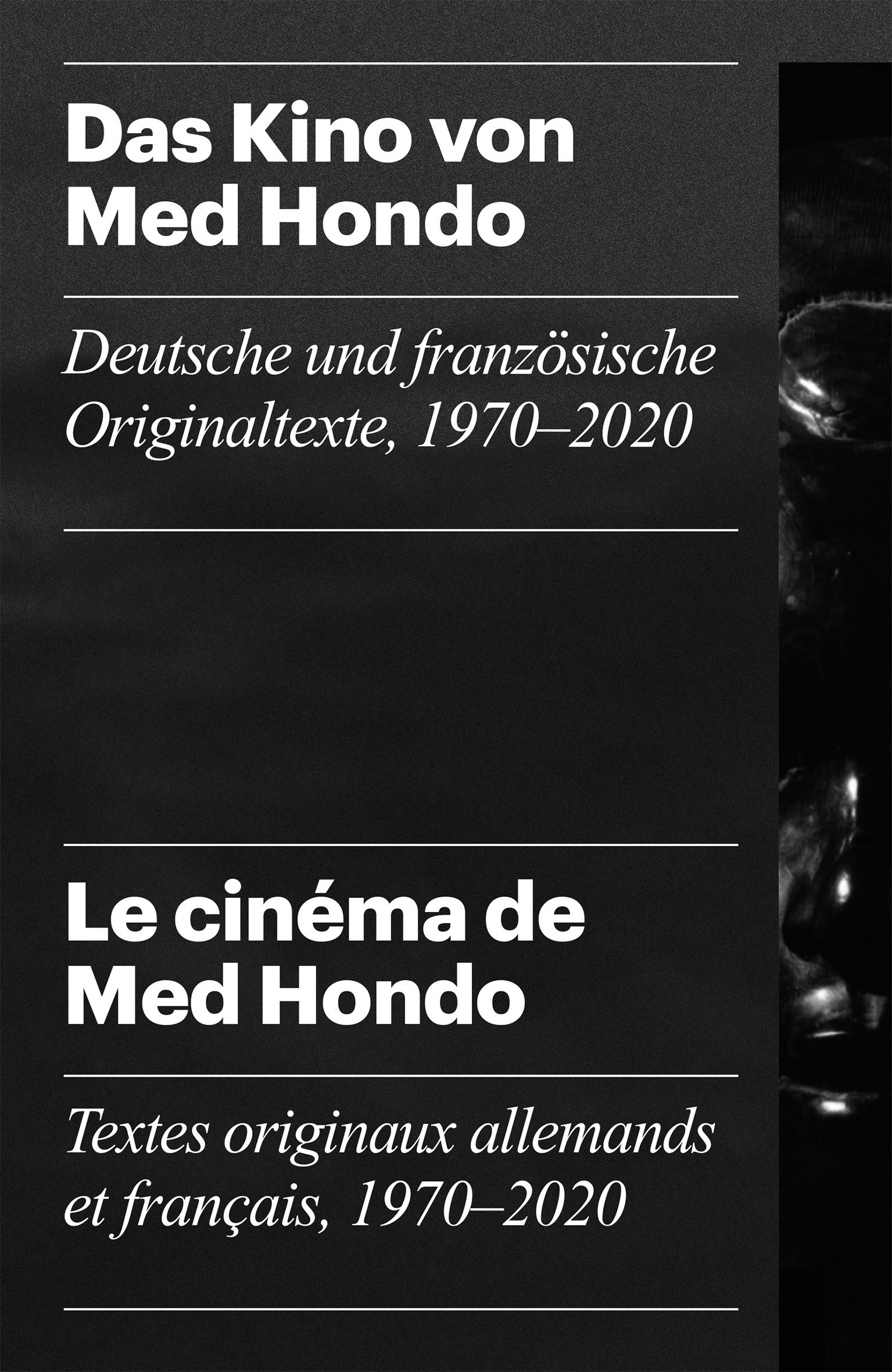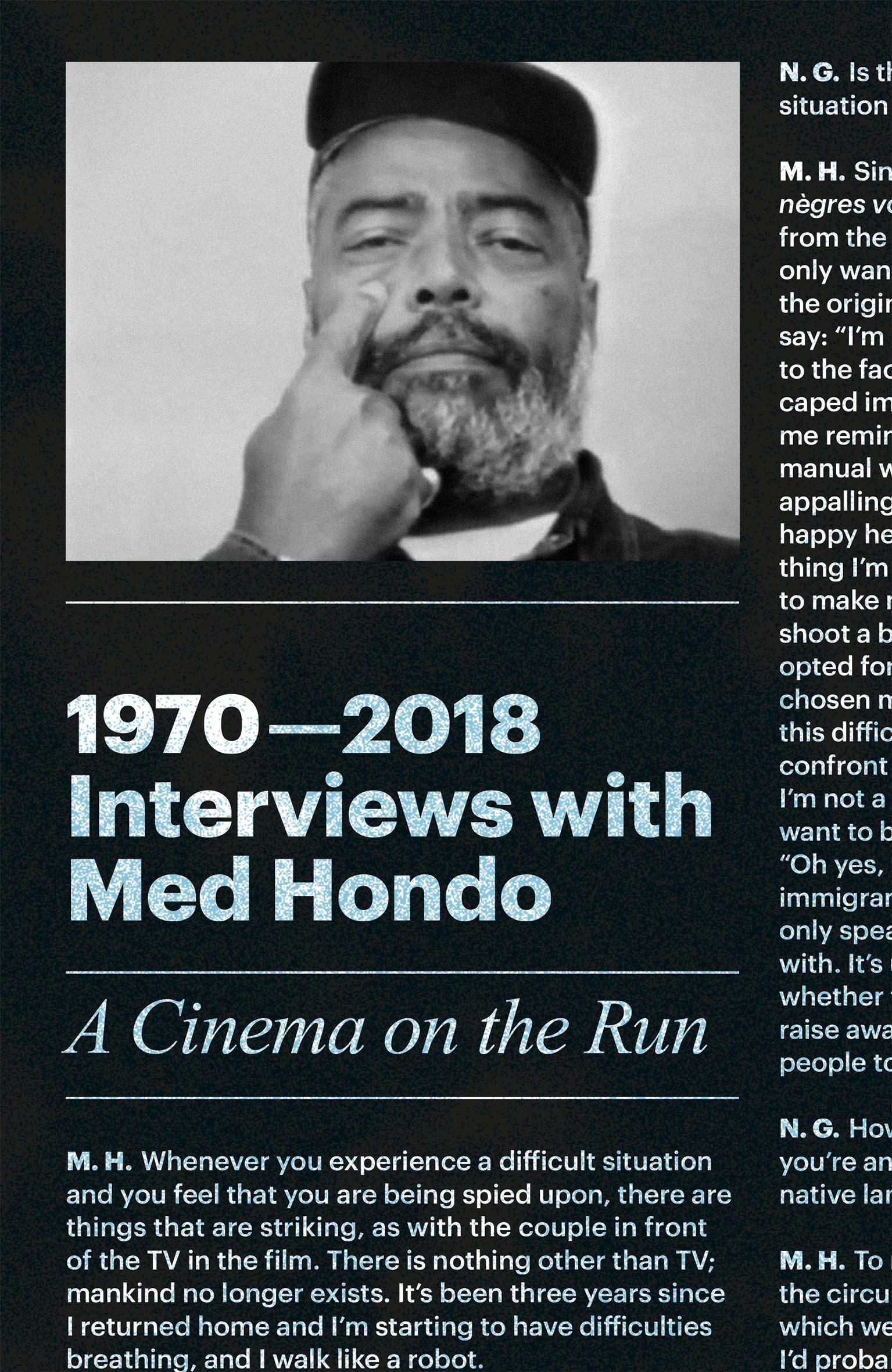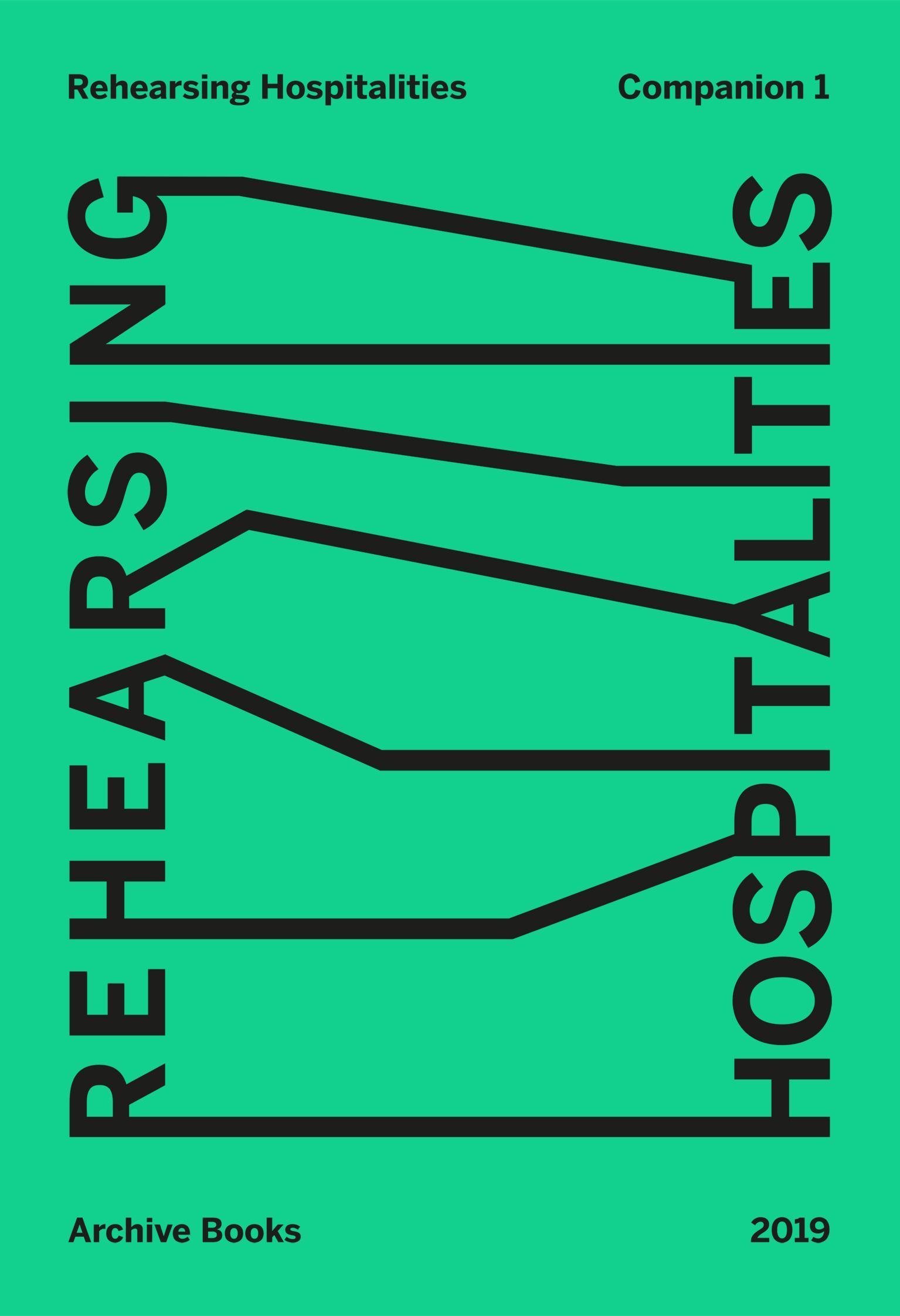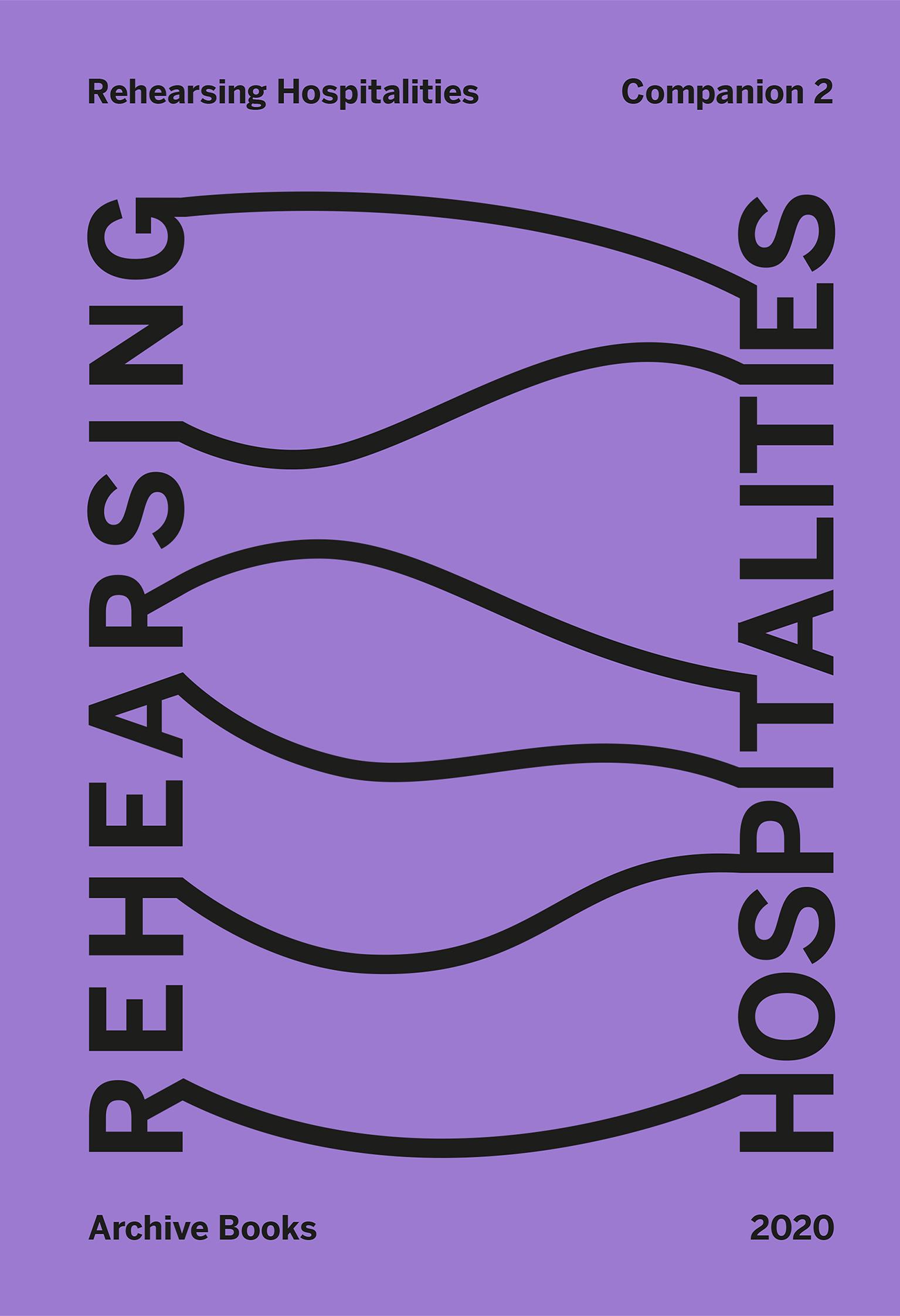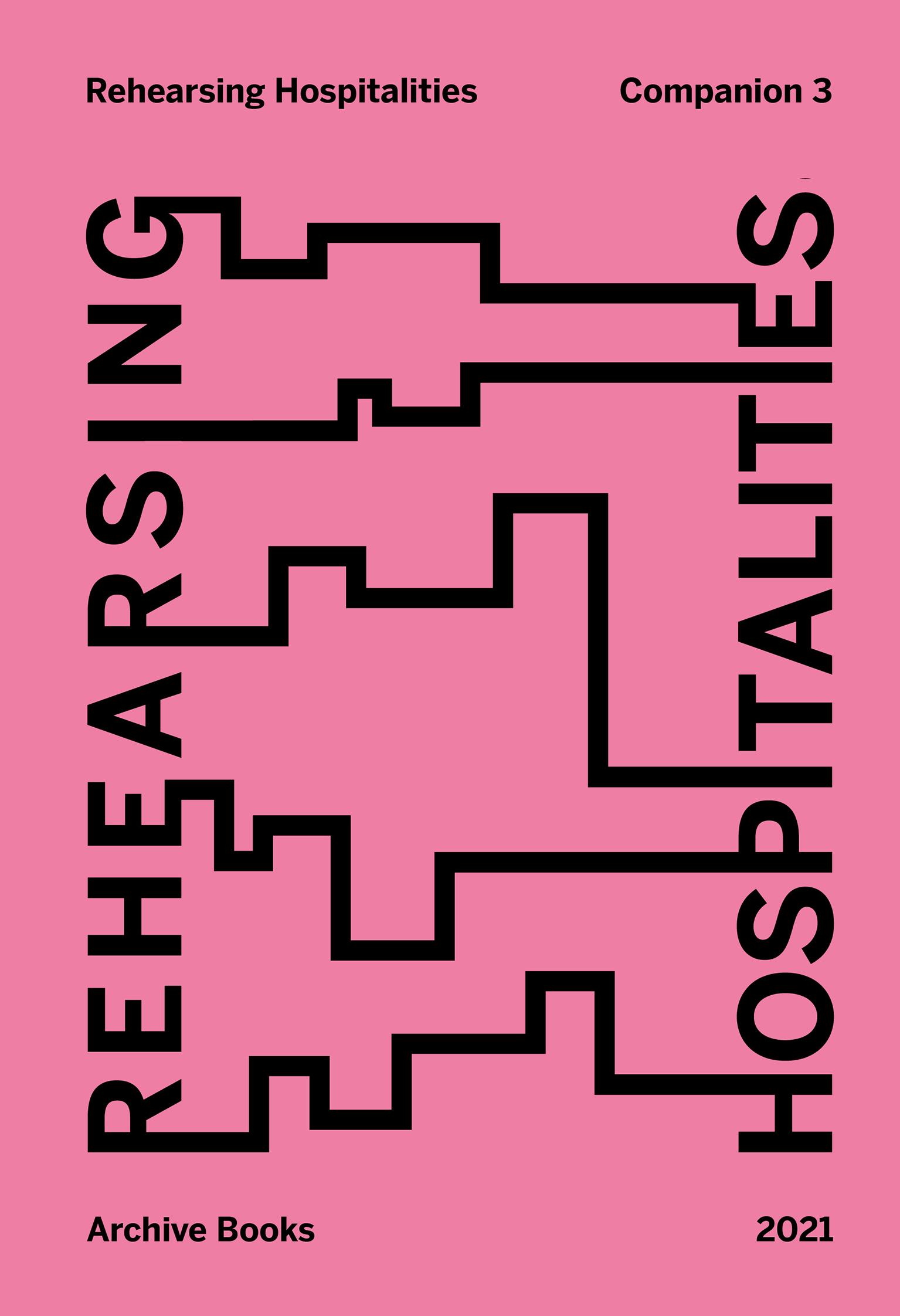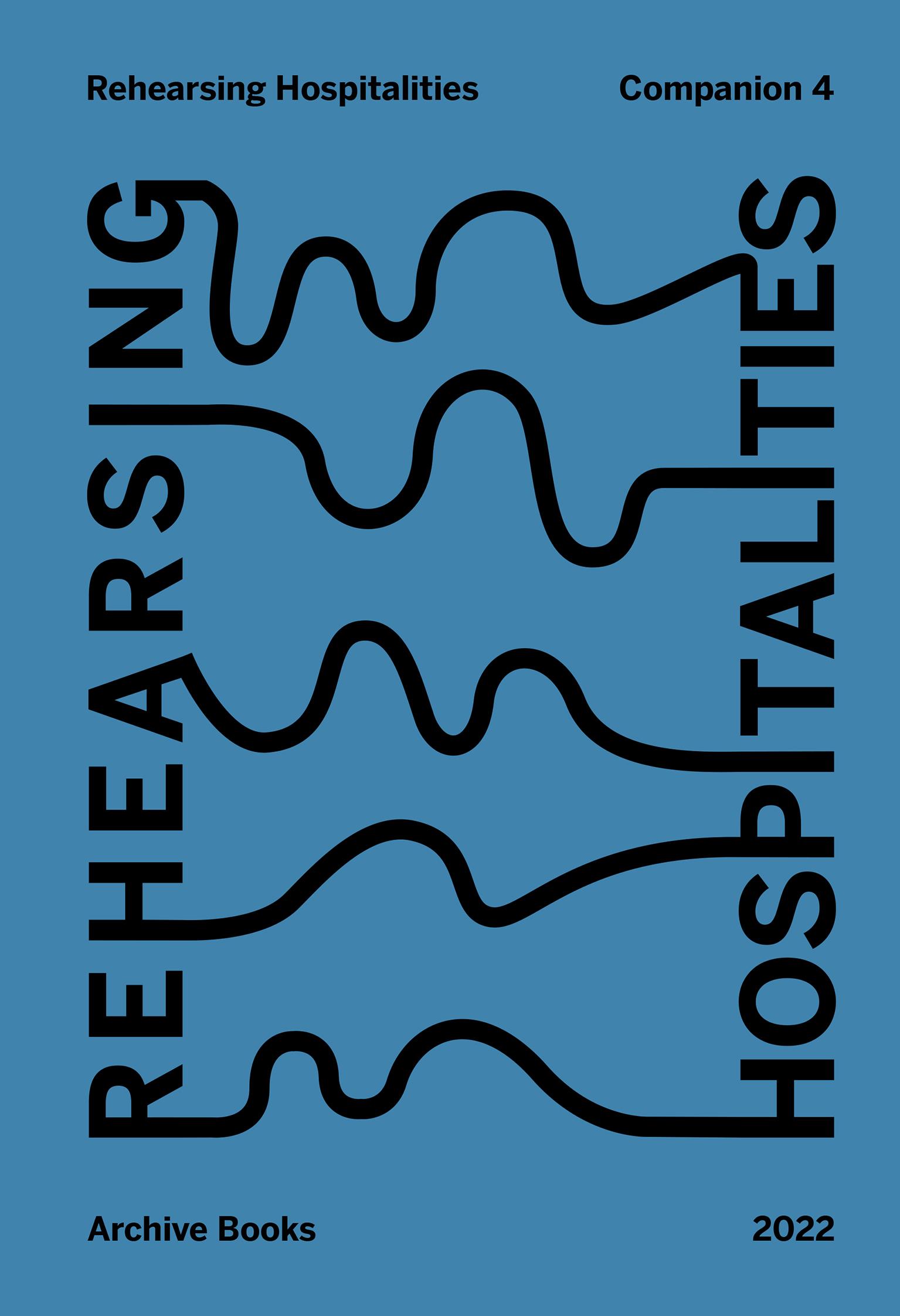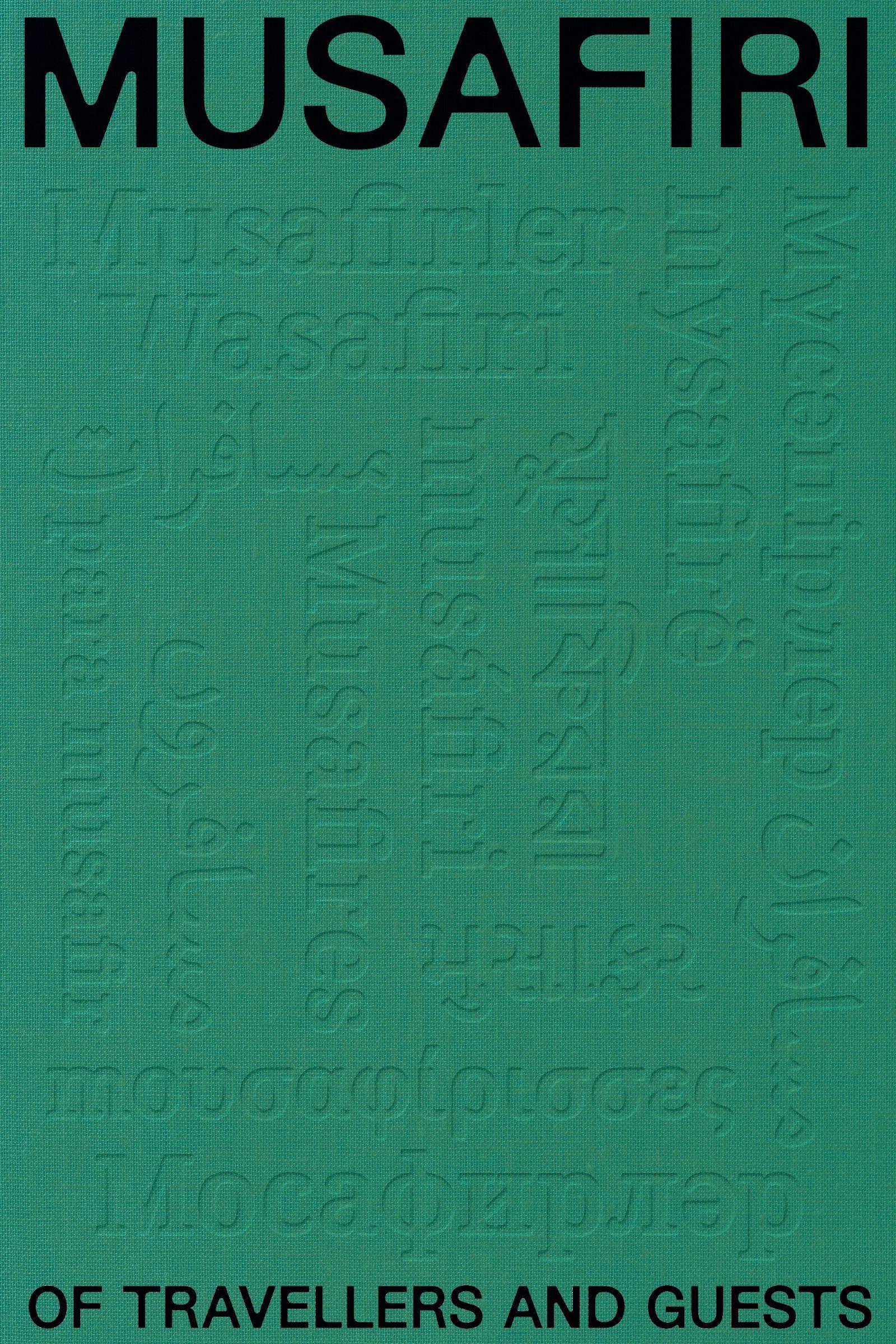
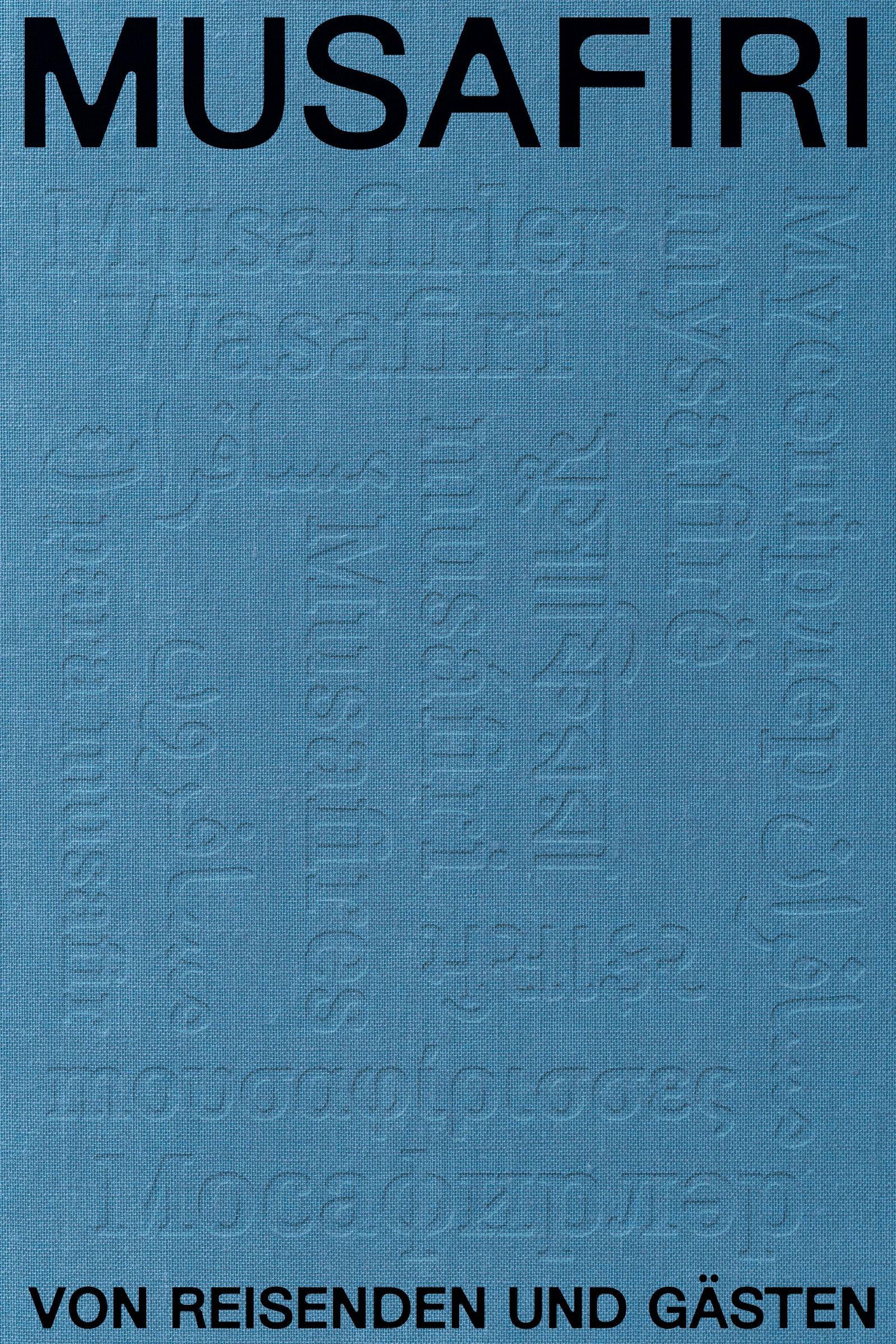
The Musafiri: Travellers and Guests reader follows the entwined paths and encounters of those that embark on journeys, traversing the worlds that open up when the confines of familiar surroundings are left. They are musafiri, a word that denotes the traveller as well as the guest in a plethora of languages such as Arabic, Romanian, Turkish, Farsi, Urdu, Hindi, Swahili, Kazakh, and Uygur. This reader addresses questions of departure and arrival, of who is welcome and who is not, of artistic expressions during travels, of the global circulation and transformations of ideas and commodities, of religions and pop culture. The essays, interviews, and artistic contributions in this volume accompany the eponymous exhibition at Haus der Kulturen der Welt (HKW) and introduce the worlds of determined travellers, of individuals and communities displaced in the past, and of migratory movements of today. The spectrum of perspectives presented includes the figure of the hermit in ancient China, whose retreat is understood as a journey into nature and selfhood, the transcultural experiences of Japanese artists in the Latin American diaspora, the mobility networks of Afghan traders in the geographical spaces of the former Silk Road and beyond, or the sıla yolu, the transit route to Turkey, on which thousands of people travel every year to visit their old home.
With contributions by Musquiqui Chihying, Cosmin Costinaș, Aïssa Dione, Aboubakar Fofana, Di Liu, Magnus Marsden, Bonaventure Soh Bejeng Ndikung, Marie Helene Pereira, Magda Radu, Yudi Rafael, Marian Pastor Roces, Citra Sasmita, Shabbir Hussain Mustafa, and Can Sungu & Malve Lippmann
Read more
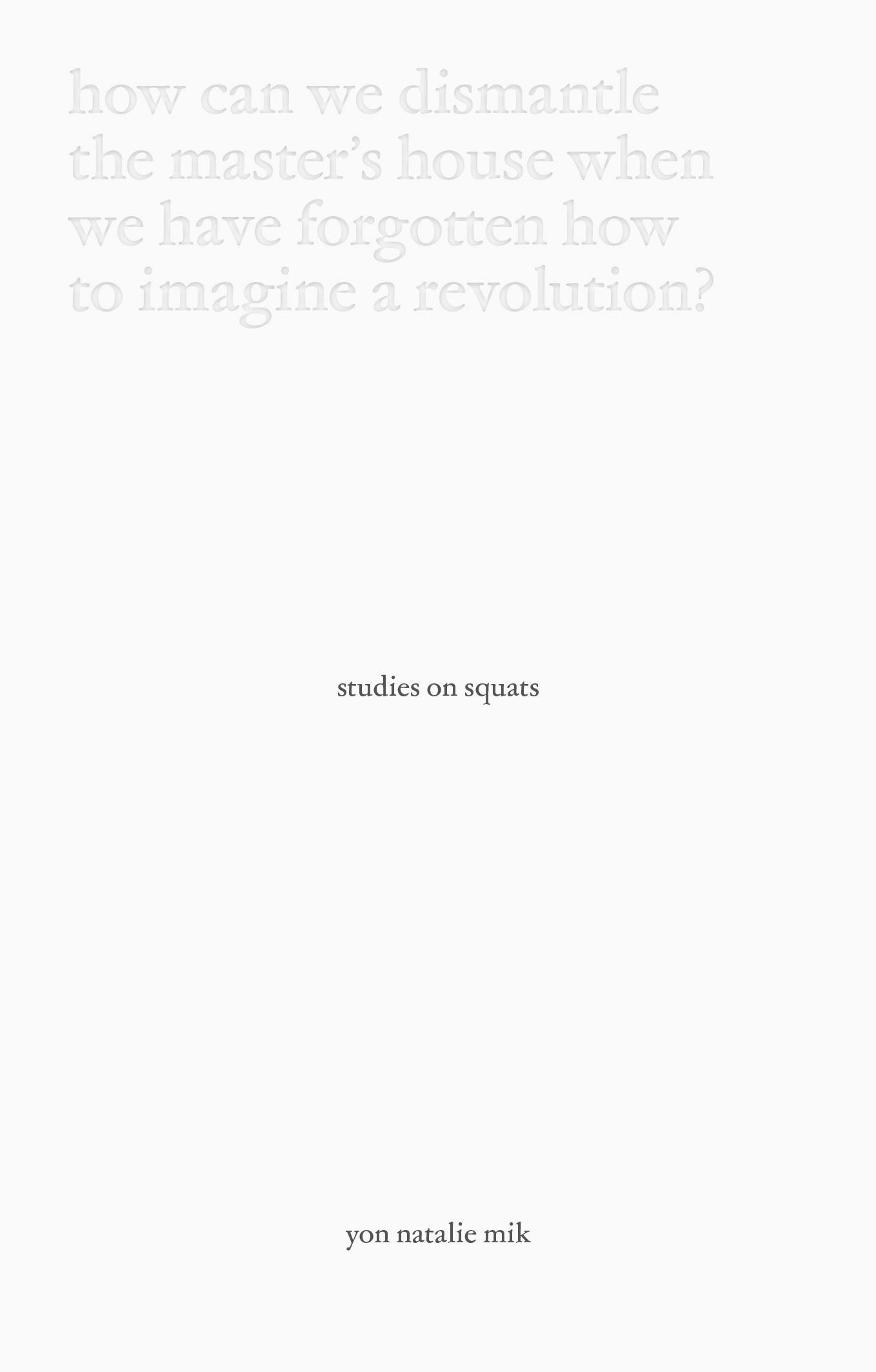
Studies on Squats
Yon Natalie Mik
Edited by Discoteca Flaming Star
Published by Archive Books
and ABK Stuttgart
Studies on Squats is an evocative exploration of embodied resistance and political movement that uses the multifaceted posture of the “Asian Squat” as a lens through which broader concepts of migration, illness, and resilience are examined. In Studies on Squats, the body—in its most vulnerable and potent states—becomes a speculative site for reclaiming agency by crafting new forms of protest that draw from ancestral strength, humor and eroticism. This posture, rich with cultural resonance, offers as an entry point to imagine ways in which the body can engage in acts of defiance against systems of oppression. Studies on Squats invites the audience to consider how dance and choreographic thinking can serve as tools for envisioning alternative futures, where artistry empowers those enduring systemic social injustices to transform their realities.
Read more
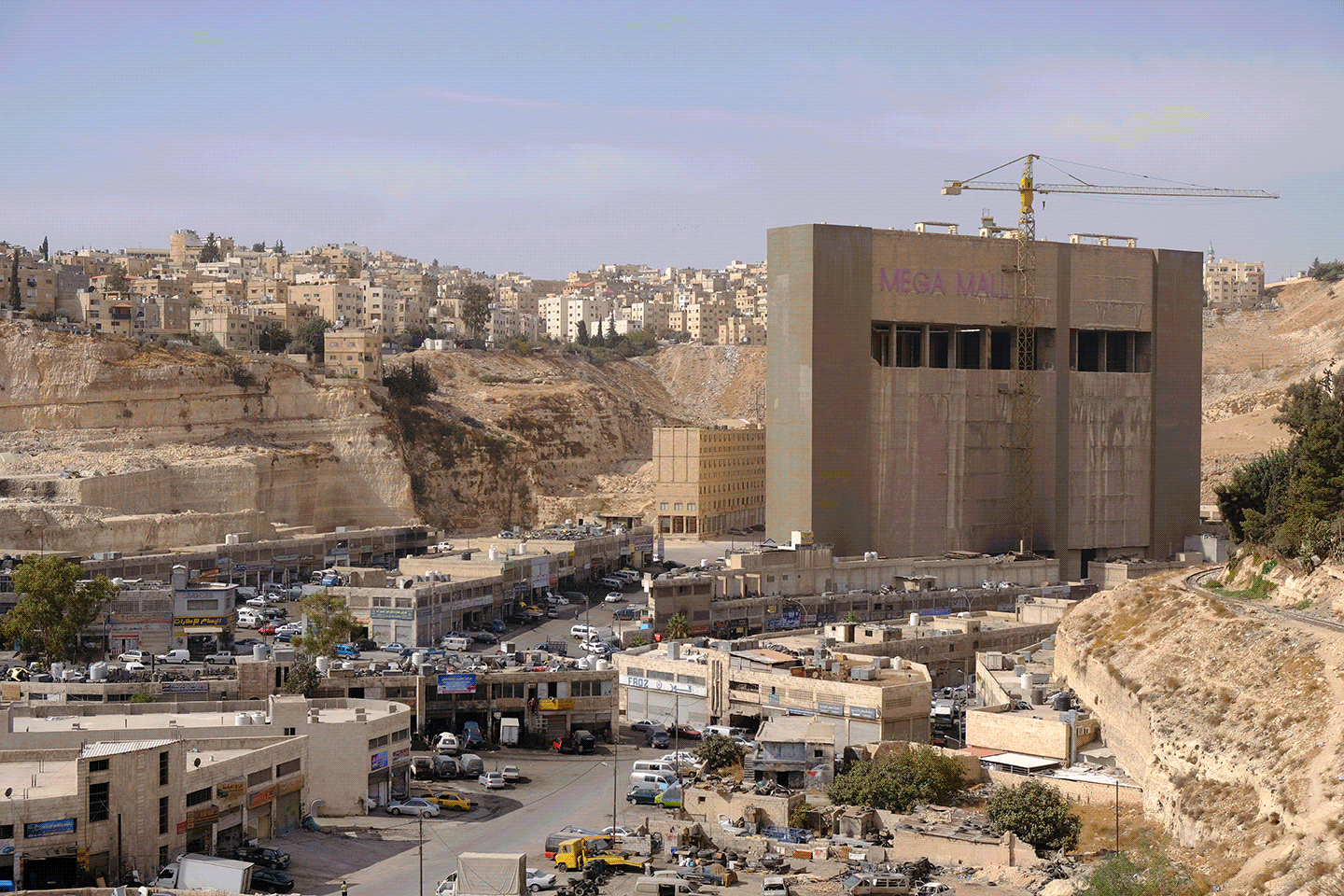
Metropolitan Voids Agency
Margherita Moscardini
Metropolitan Voids Agency is the first monographic publication dedicated to the collected works of artist Margherita Moscardini. The book recounts the work carried out by Moscardini spanning seventeen years, between 2008 and 2024, inviting a reading of her practice in its entirety as an investigation into ‘urban voids’: those which Moscardini has recognized and designated as voids, or those she has herself invented in the urban fabric
Read more
Like Swarming Maggots: Confronting the Archive of Coloniality across Italy and Libya
Alessandra Ferrini
Like Swarming Maggots: Confronting the Archive of Coloniality across Italy and Libya is Alessandra Ferrini’s first monograph. Featuring the artist’s long-term research on the colonial and neo-colonial relations between Italy and Libya through a critical engagement with the Italian ‘archive of coloniality’ and its structural violence. The book includes documentation of projects developed between 2017 and 2024, reflecting on positionality, censorship, archival research and the erasure of the genocide perpetrated by the Italians in Libya. Building on the artist’s interest in writing, translation, and collaboration as forms of resistance practice, it brings together different voices and visual materials, putting forward a reflection on the ethical and political implications of cultural work.
Read more
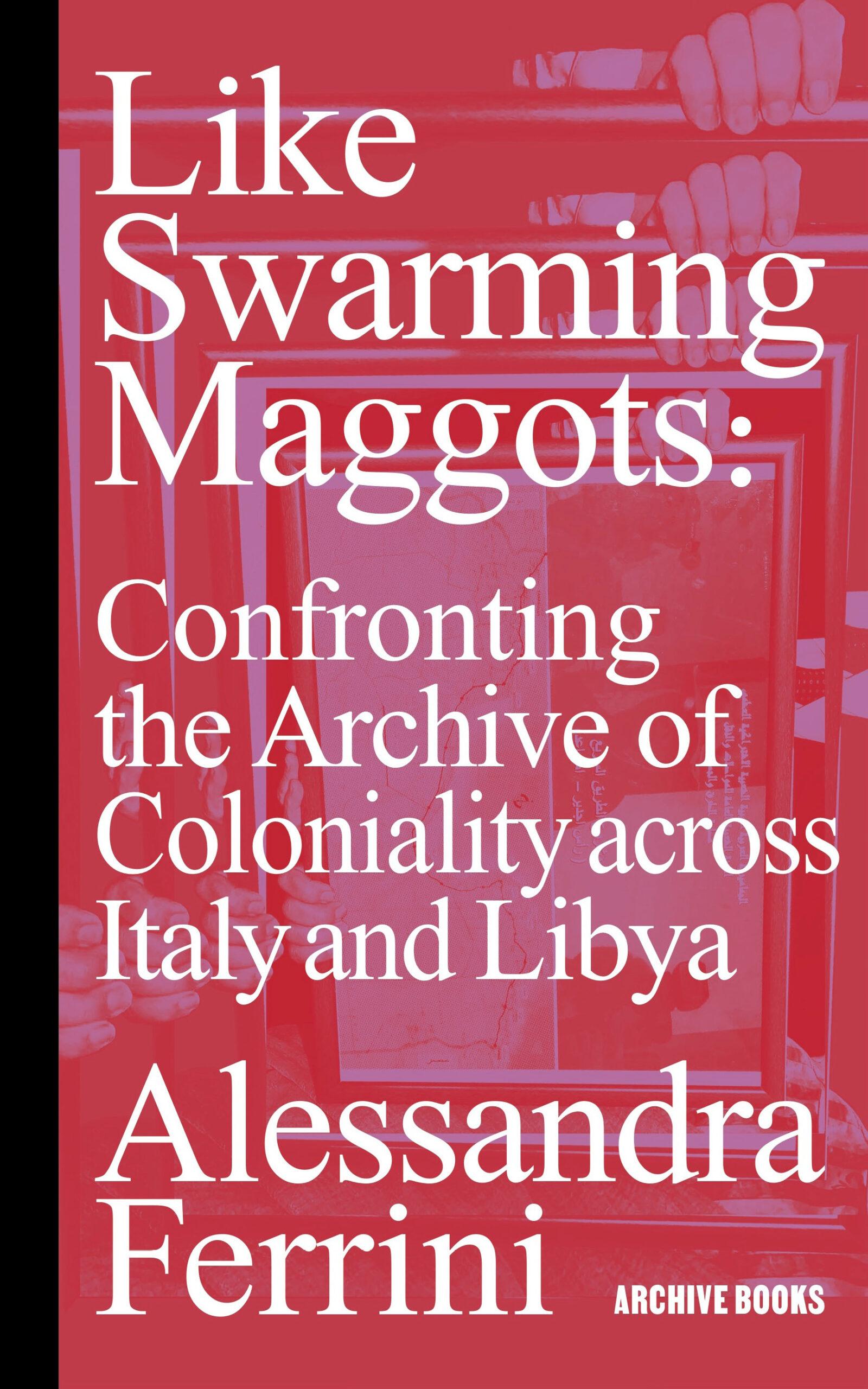
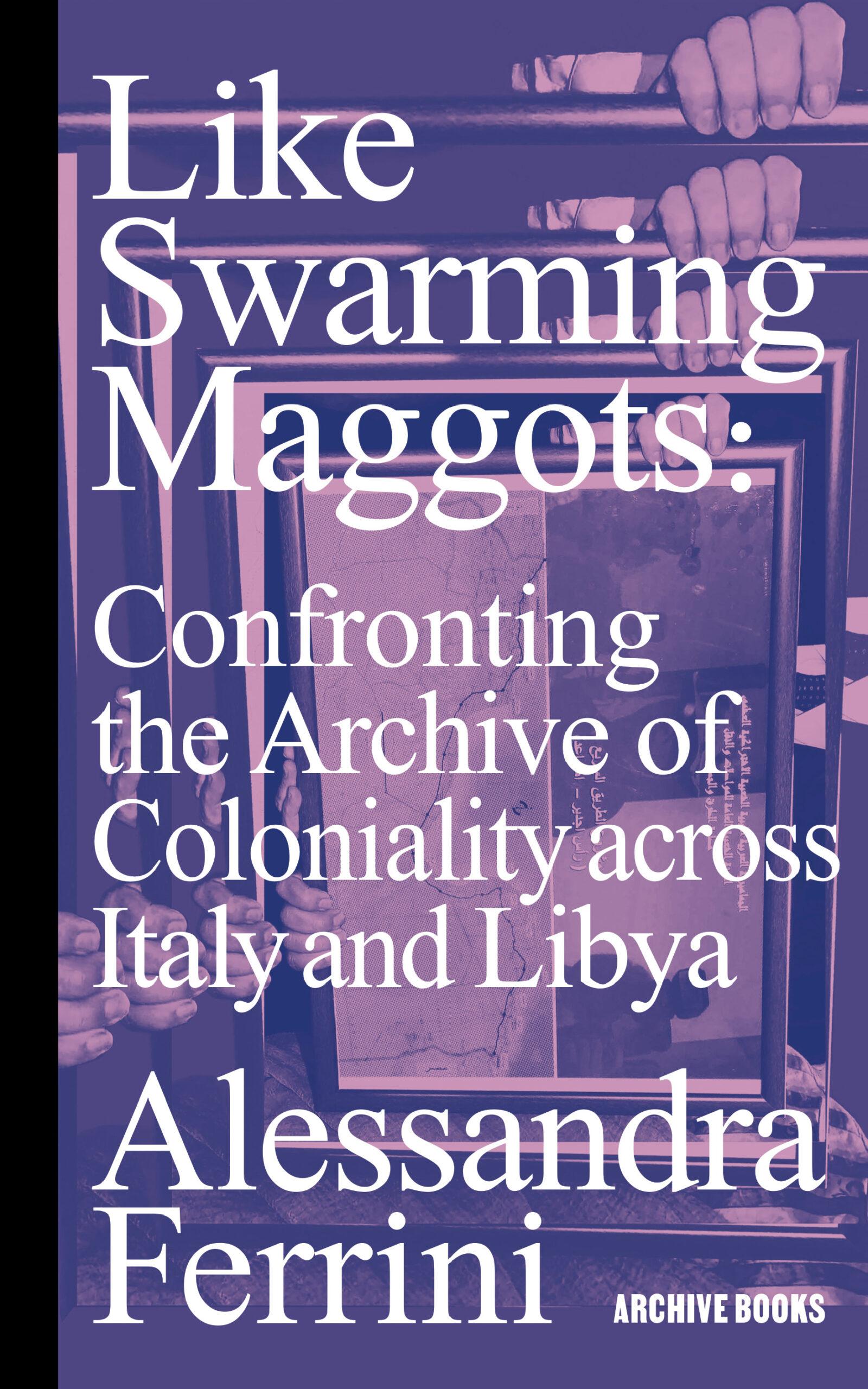
Afghanistan
Farid Rahimi
Edited by Luca Cerizza
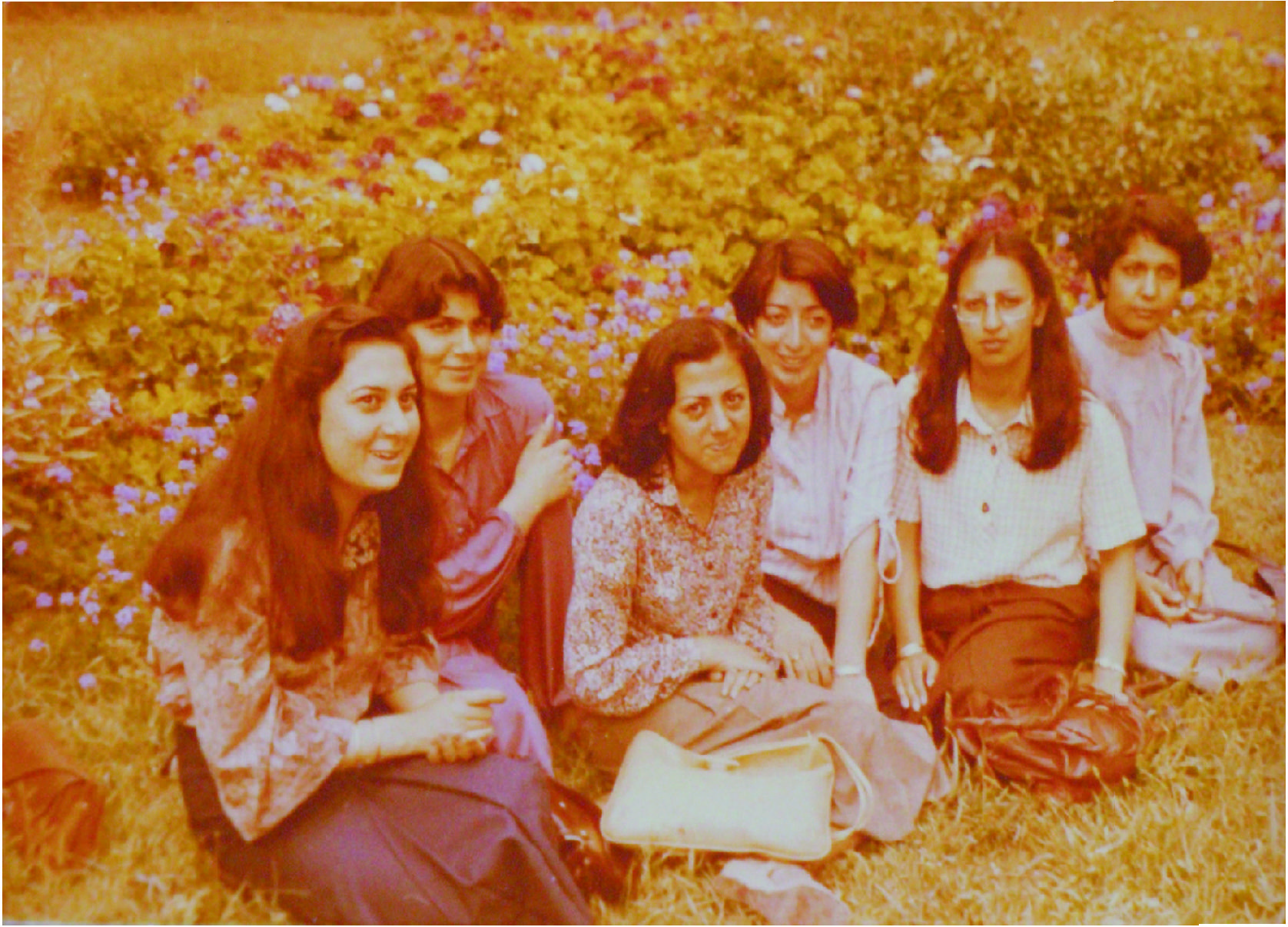
The starting point is the memory of the house in the centre of Kabul and the vitality that existed within its walls, with a large and close- knit extended family. People were used to being together, sharing everything in this big house with its courtyard full of plants. That has always seemed very special to me.
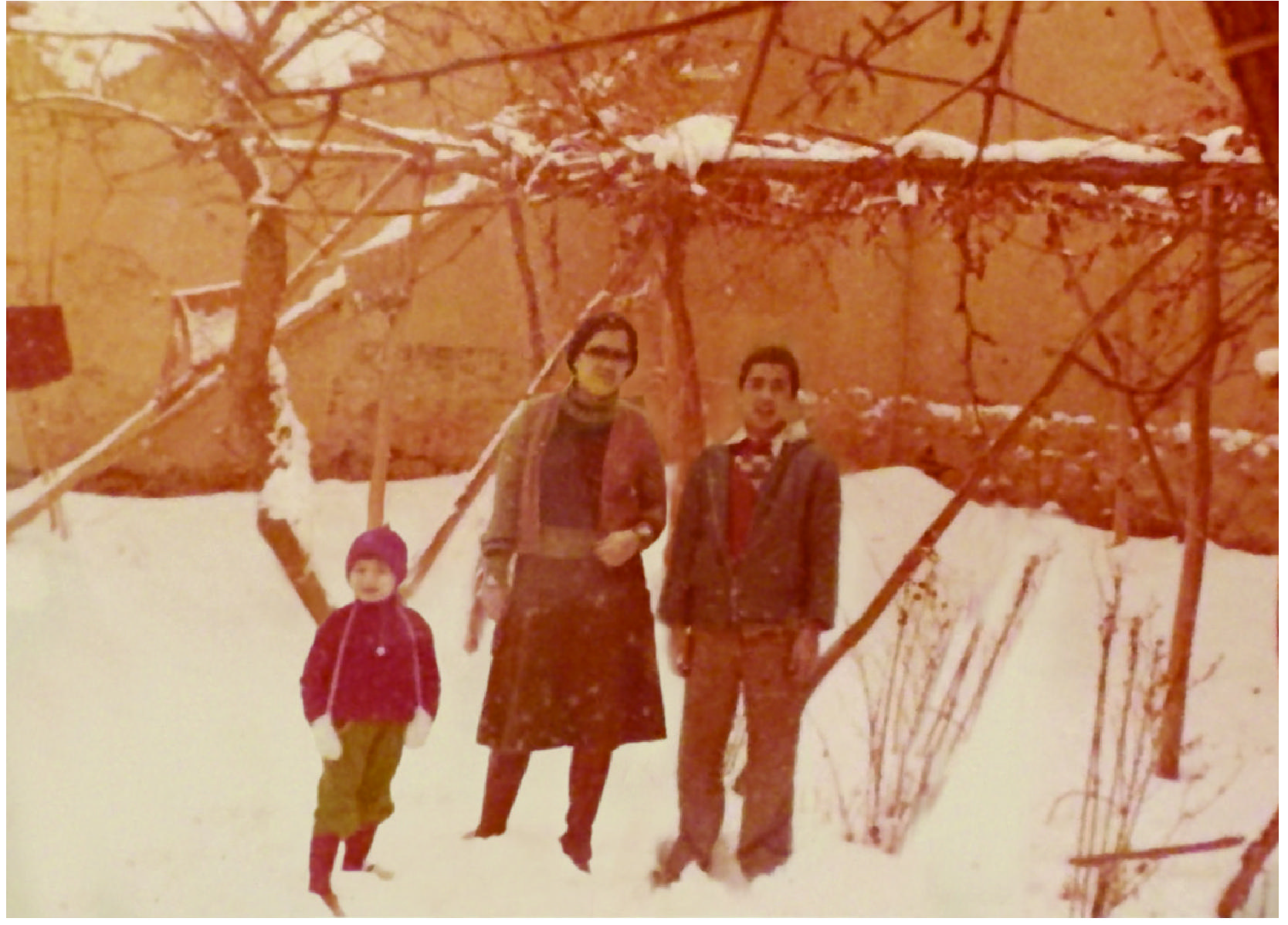
“Like many other exiles, I have an ambivalent relationship with space and time. My physical body is here and now, but my heart is somewhere else and in the past. The spatial dimension of diasporic existence is alienating, humiliating, and painful.” And finally: “The past exists in parallel with the present. Diasporic life consists of the constant presence of absence.
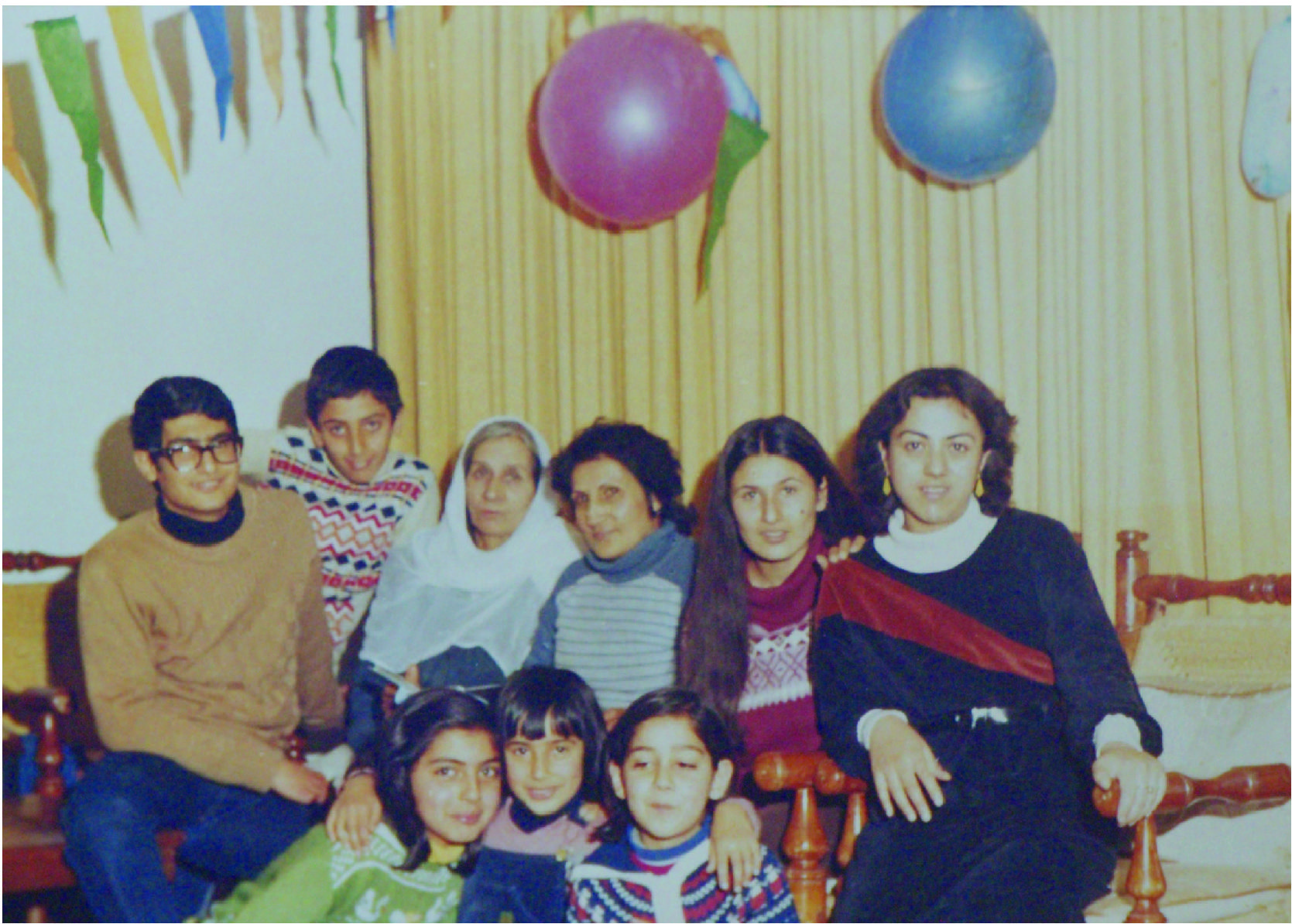
The disconnection of identity from locality – through a process of imagining, re-imagining, recollecting and inventing – opens the possibility to the semantic shift from “home” as the noun of a fixed place to “to home” as the verb that describes an ongoing practice of active construction or reinvention. This mobilised understanding of home-making addressed from a diasporic perspective thus ques- tions a spatialisation of identity that tightly connects belonging and actual territory
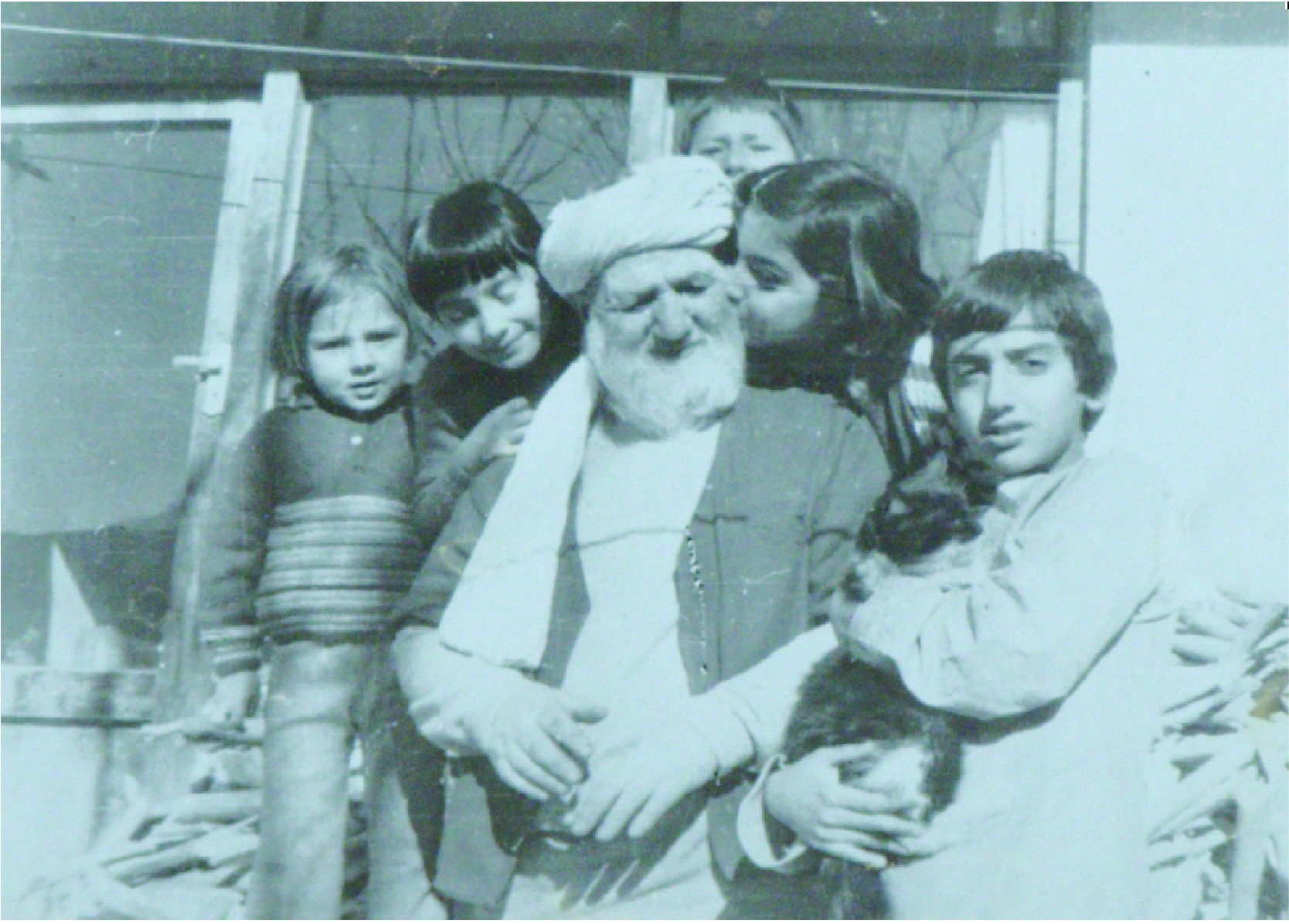
Afghanistan is my father’s homeland. He was born in Kabul in 1945 and later moved first to France, then to Switzerland in the 1970s. In my mind, Afghanistan exists as a geography with blurred edges, something I feel the need to reconcile with. It’s a place I’ve only ever known through stories, a source of memories that, over time, have shifted and become distorted.
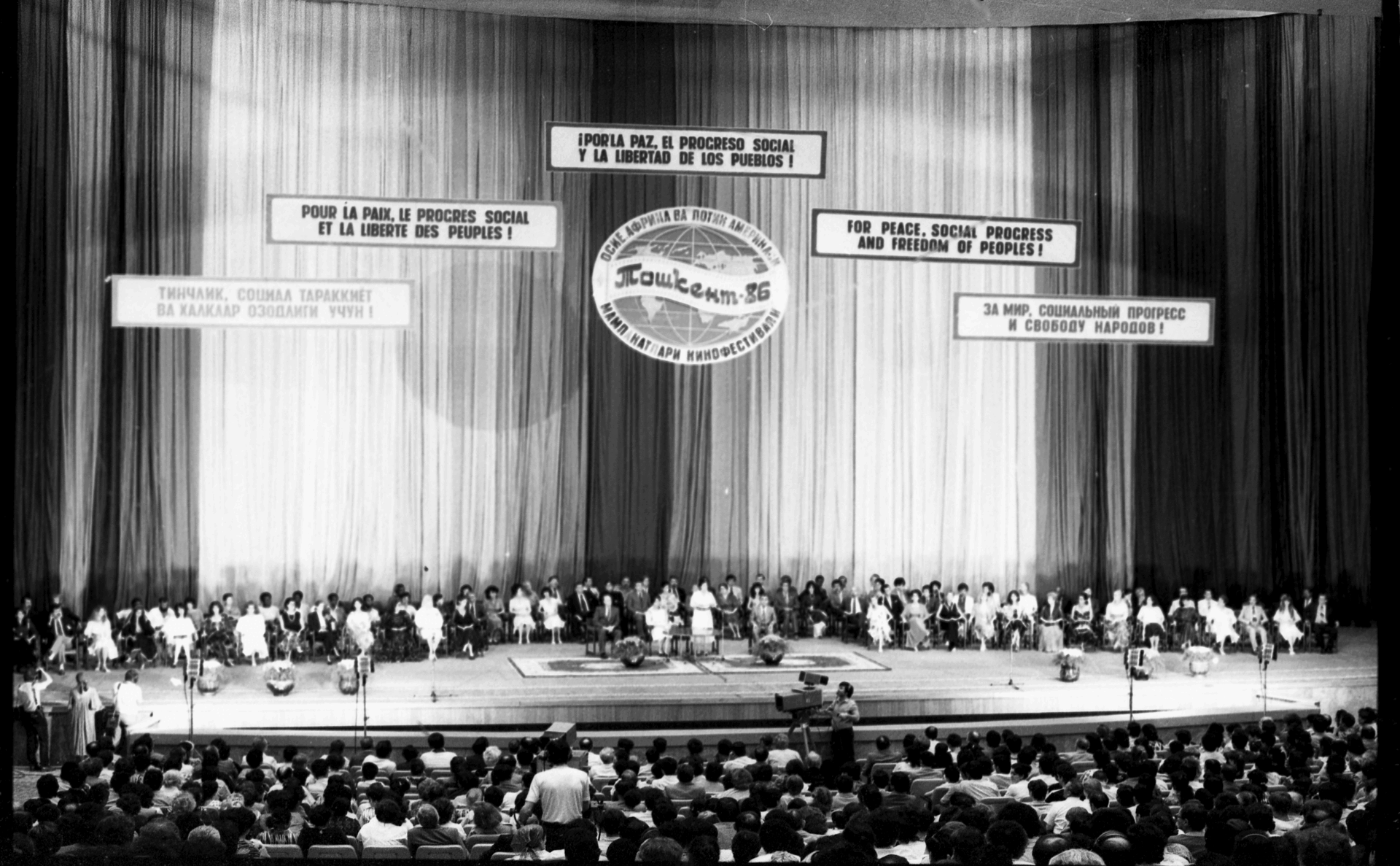
Between 1968 and 1988, the Tashkent Festival of Asian, African, and — from 1976 onwards — Latin American Cinema was held in Tashkent, Uzbekistan. As an exercise in soft power and a response to anti-colonial movements and the socio-political upheaval of the late 1960s, the festival grew into a unique gathering for film professionals and became an important platform for South-South solidarity that went beyond the cinema halls of Tashkent. In essays and conversations by researchers, film-makers, and organizers of contemporary film festivals, the Destination: Tashkent Reader reappraises the original festival’s programming, while also looking critically at its legacy. From the vantage point of Berlin-based diasporas of Asia, Africa, and Latin America, the reader also investigates how such practices of encounters and collaboration resonate within the film scenes of these three continents today.
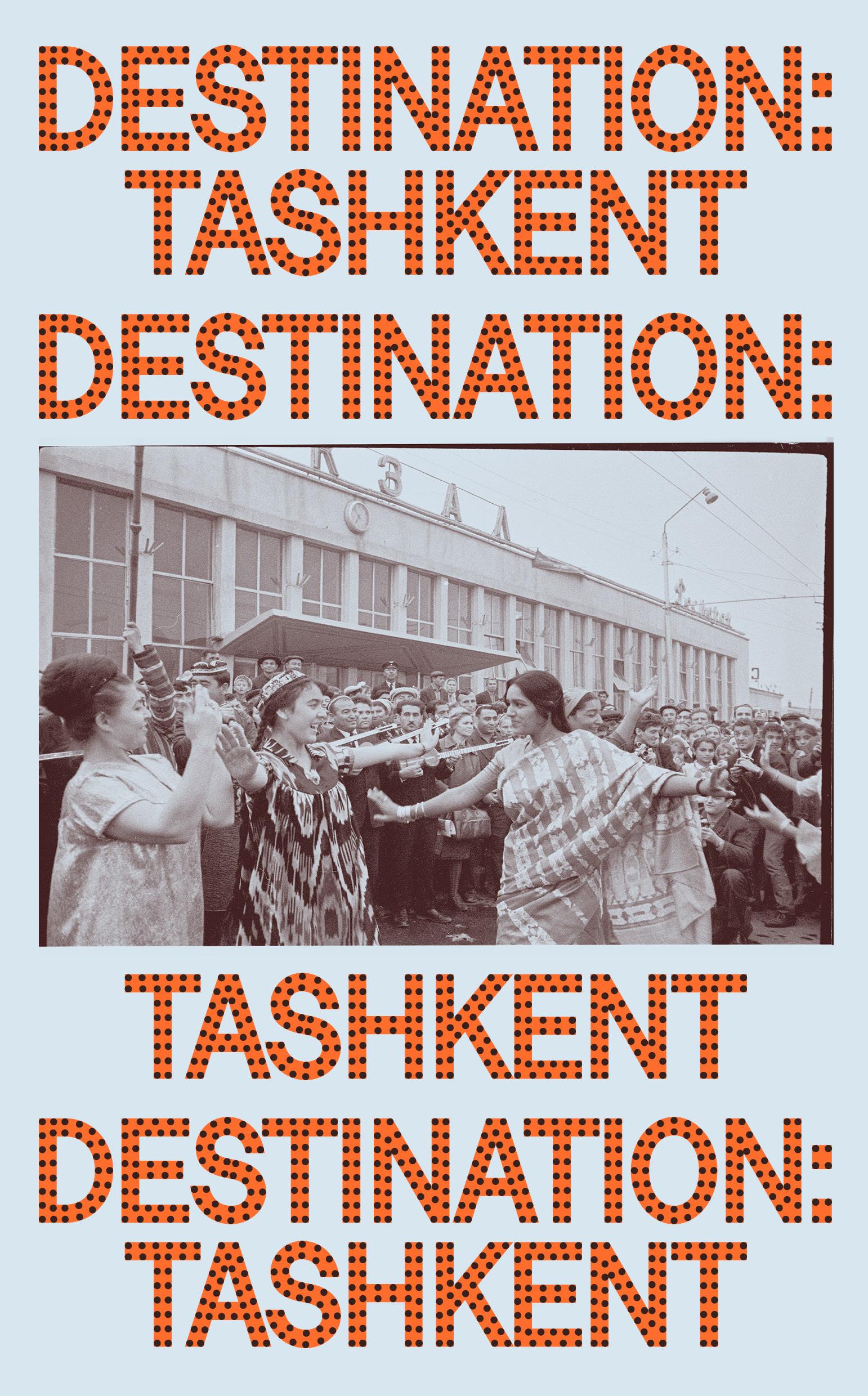
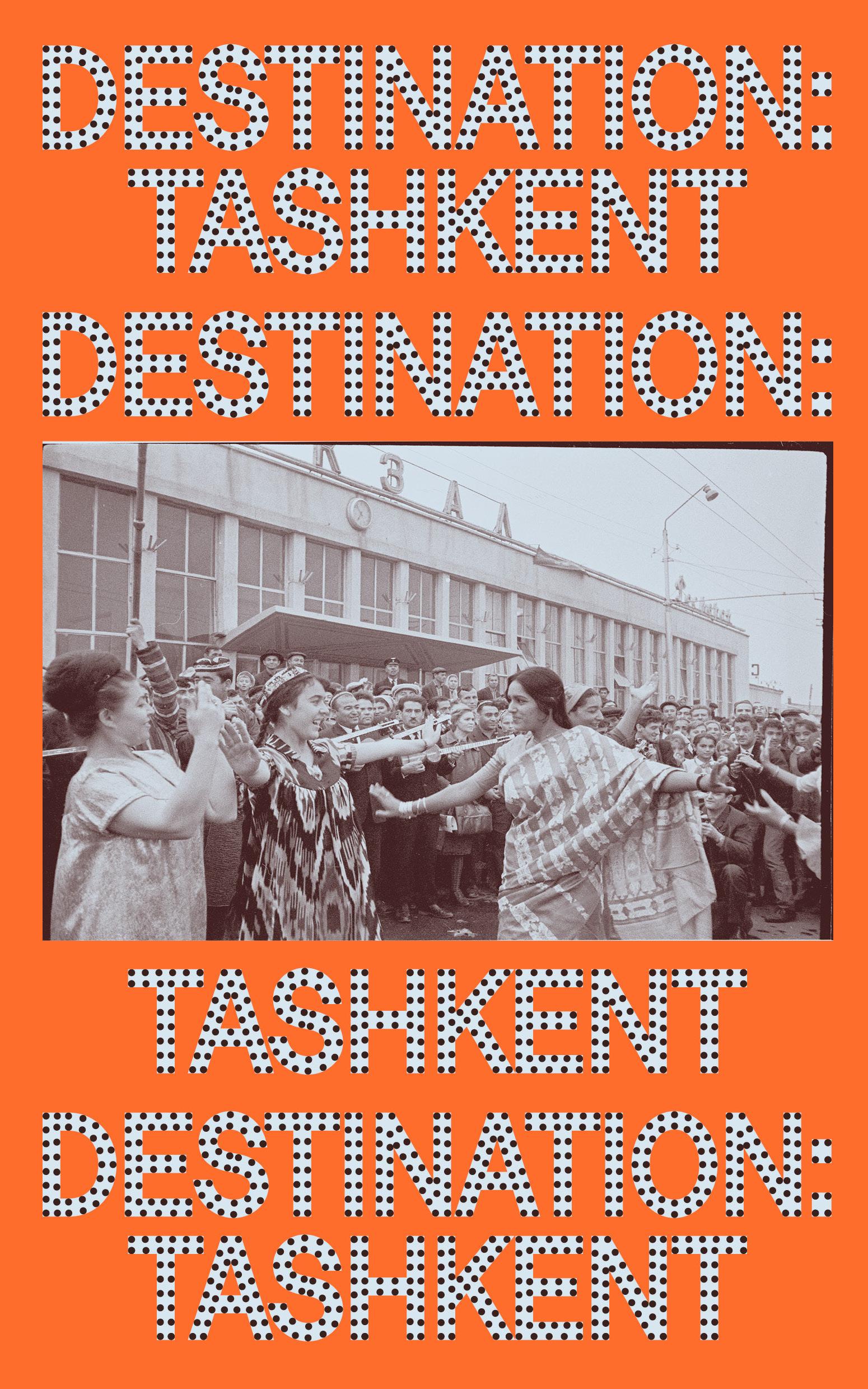
‘For peace, social progress, and the freedom of the peoples’, went the motto of the Tashkent Festival of Asian, African, and Latin American Cinema, which was held between 1968 and 1988 in Tashkent, the capital of Uzbekistan, formerly known as the Uzbek Soviet Socialist Republic. With this slogan, the festival’s organizers explicitly referenced the emancipatory promise of ‘Third World’ cinema.
Read more
Contributions by Cana Bilir-Meier, Souleymane Cissé, Pascale Fakhry, Zach Ramon Fitzpatrick, Sophie Genske, Timur Karpov, Ali Khamraev, Valeriya Kim, Carlos Kong, Bonaventure Soh Bejeng Ndikung, Maren Niemeyer Jacqueline Nsiah, Furqat Palvan-Zade, Marie Helene Pereira, Elena Razlogova, Aykan Safoğlu, Masha Salazkina, Alex Moussa Sawadogo, Can Sungu, Echo Xuedan Tang, and Sarnt Utamachote.
Vlatka Horvat
By the Means at Hand
Published on the occasion of
Vlatka Horvat: By the Means at Hand
Pavilion of Croatia at the
60th International Art Exhibition
La Biennale di Venezia
Horvat invited some 200 international artists – friends and friends of friends, all living “as foreigners” in different countries around the world – to exchange small-scale artworks with her, all made for the occasion. For every work she received, Vlatka sent to each artist a collage from the series she was making while in residence in Venice, using images of the city she has taken on her daily walks. All the artworks travelled to Venice and back via informal transport networks; in bags and suitcases of friends, acquaintances, and sometimes strangers enlisted as couriers for the project.
Breaking the frame of the traditional exhibition catalogue, the publication mirrors the evolving nature of the work through a combination of documentation, dialogue, and reflections on the process. The book frames the project through exhibition images by photographer Hugo Glendinning, as well as through Horvat’s extraordinary collage series at the heart of the project.
Read more

BOOKLAUNCH
Beneath The Surface
Saturay 07 December
2 pm onwards
Sylvia Wynter Foyer,
Haus der Kulturen der Welt
John-Foster-Dulles-Allee 10,
10557 Berlin, Germany
with Luïza Luz and special guests
Jamila Barakat and Monica Mussungo
Beneath The Surface is a co-publication
by Archive Books and we make it.
In a world where noise and silence perpetuate cycles of oppression and ecological destruction, Beneath the Surface invites us to pause, listen deeply, and use our voices to reclaim buried stories. This composition presents a radical approach to knowledge production, emphasizing embodied resistance as a crucial means of emancipation.
Through personal and collective narratives, and a collection of writings composed over a year, Luïza Luz reflects on the challenges of navigating academic institutions that replicate selective narratives, emphasizing deep listening as both a theoretical foundation and a practical necessity. The work features contributions by Ahmet Öğüt and Jamila Barakat, broadening the dialogue around education, memory, and the power of the collective.
Read more
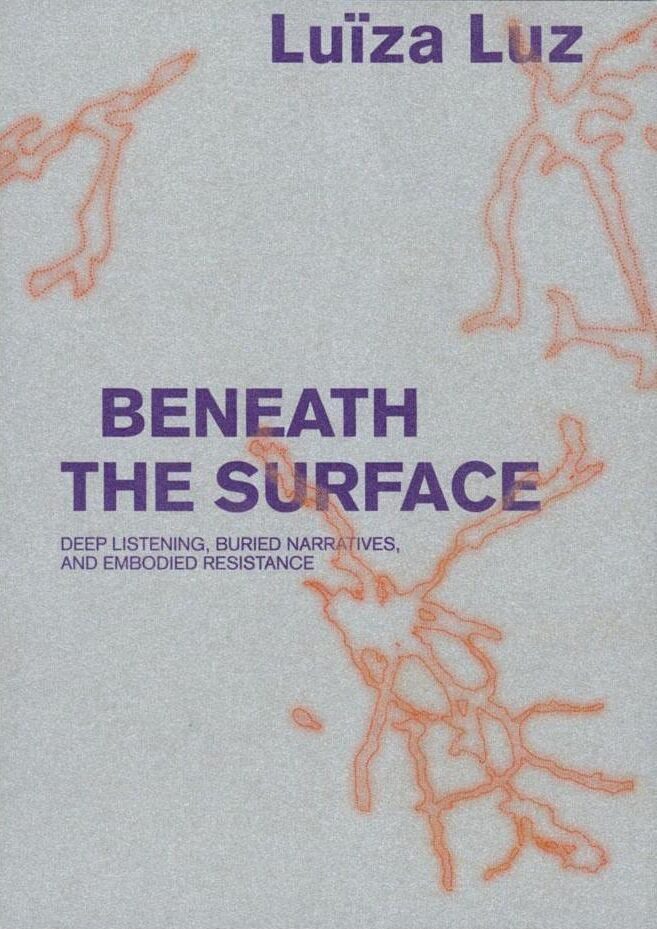
Instituting: space-making, refusal, and organizing in the arts and beyond
Edited by Gigi Argyropoulou in cooperation with Olga Schubert and Kostas Tzimoulis
This publication seeks to continue previous trans- formative moments, movements, and encounters, as a call for new densities through visible and invisible plottings. Engaging with ongoing questions of possible infrastructures in situations of brokenness—as Lauren Berlant notes in the opening quote—this volume brings together practices, ways of being together, of both fleeing and inhabiting spaces. Stefano Harney and Fred Moten propose “commitment to the impermanence of form because form is to be used, like an everyday thing” and that by using it you “deform it . . . acceding to and enacting its transformation, in and for the everyday.” In this publication, Instituting is discussed as a continuous process that is integral to the everyday, making and tearing apart, using and deforming. In a sense, this book hopes to function as an infrastructure for use. An incomplete composition that has already started in many places.
This publication is the result of the Instituting edition of HKW’s New Alphabet School, Athens, June 2021, realized in cooperation between Haus der Kulturen der Welt Berlin, EIGHT/TO ΟΧΤΩ—Critical institute for arts and politics Athens, and Goethe Institut Athens.
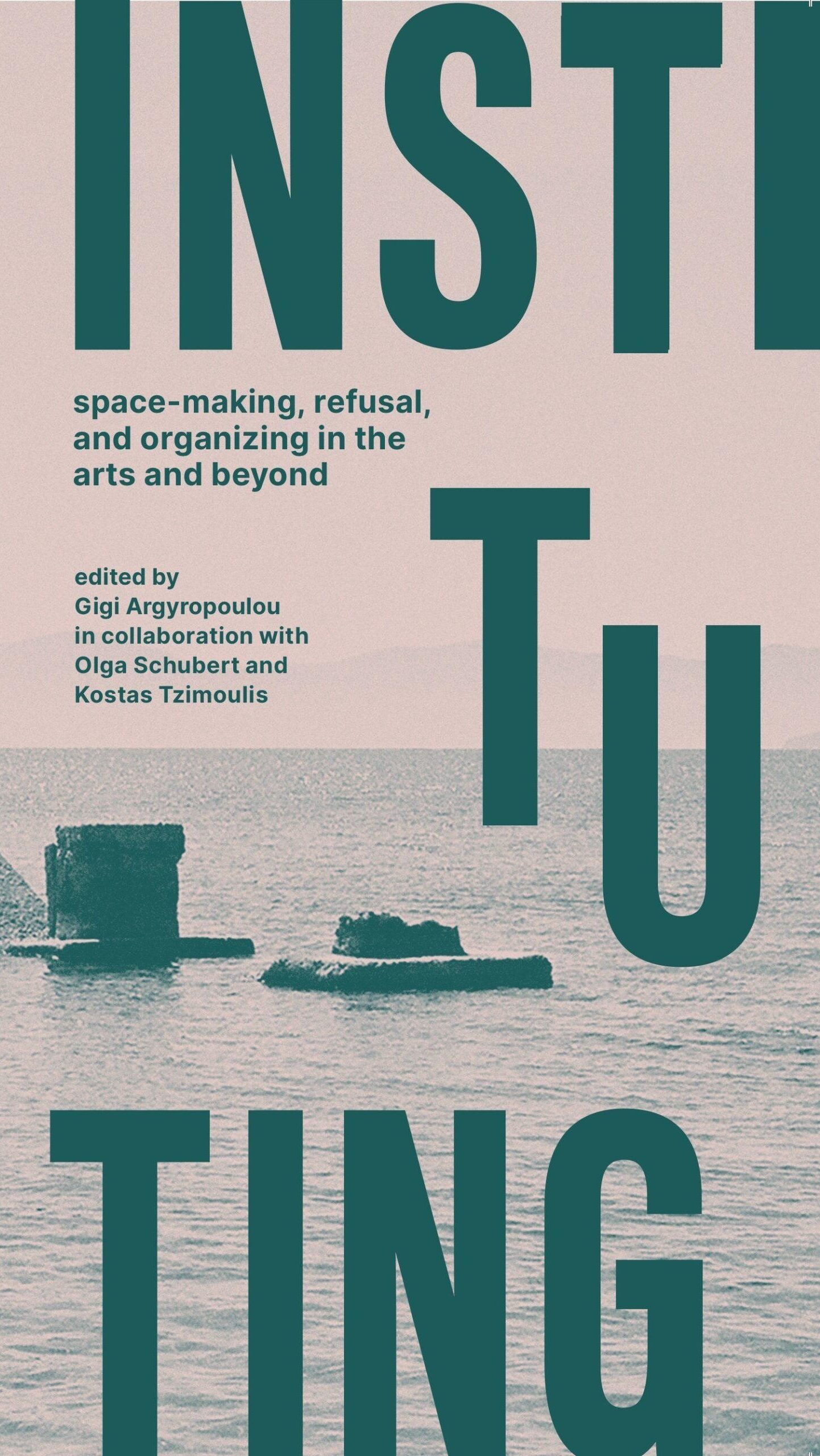
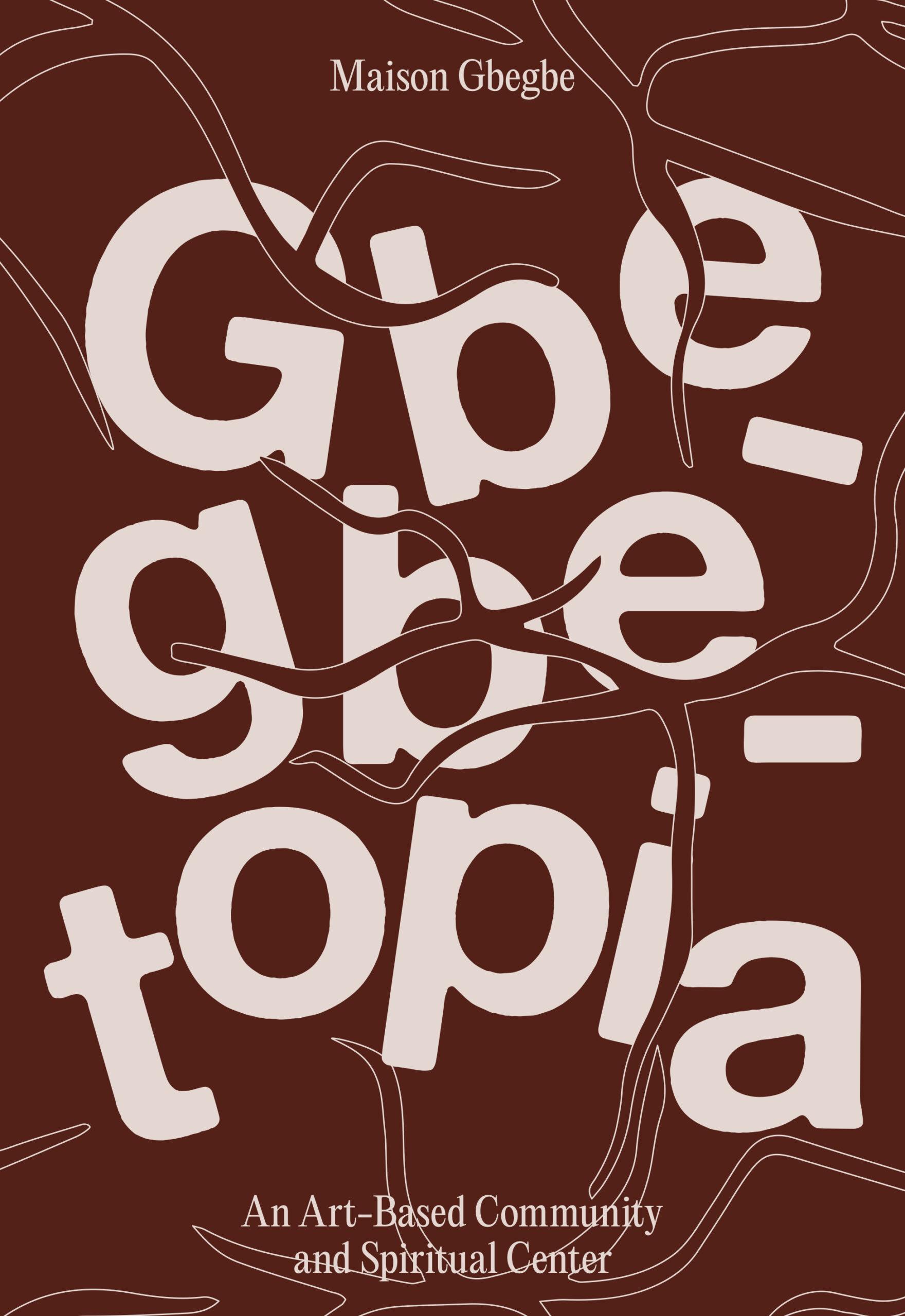
Gbegbetopia—Maison Gbegbe: An Art-Based Community and Spiritual Center
Gbegbetopia is an outcome of the artistic research project “Maison Gbegbe— Exchanges and Invisible Entanglements,” a collaboration between the Union des Cultes Traditionels du Togo (UCTT), L’Africaine d’architecture, Lomé, and art&dialogue e.V., Berlin.
Maison Gbegbe is a cultural center in Togo that aims to bring together different cultures, traditions, religions, and knowledge systems, and to create a space for exchange, reconcil- iation, and critical thinking. The project is a collaborative effort involving members of the Union des Cultes Traditionnels du Togo (UCTT) in Agouegan, L’Africaine d’Architecture, art&dialogue e.V., and a pre-configuration committee. Maison Gbegbe uses artistic research as a collaborative process to address ecological and social crises and to shift paradigms in the way people engage with knowledge and knowledge transfer. The project proposes to sensitize international audiences to other knowledge systems beyond Western epistemology, and to provide opportunities for locals and others to reconnect with and rediscover traditional African cosmologies along the Togolese coast. Maison Gbegbe is intended to serve as a space for exchange and dialogue with the goal of preserving and transmitting traditional and spiritual knowledge. It hopes to provide a place for returned and restituted West African cultural and spiritual assets to be reintegrated into an appropriate context. This publication provides an overview of the process of and motivations behind its creation.
Read more
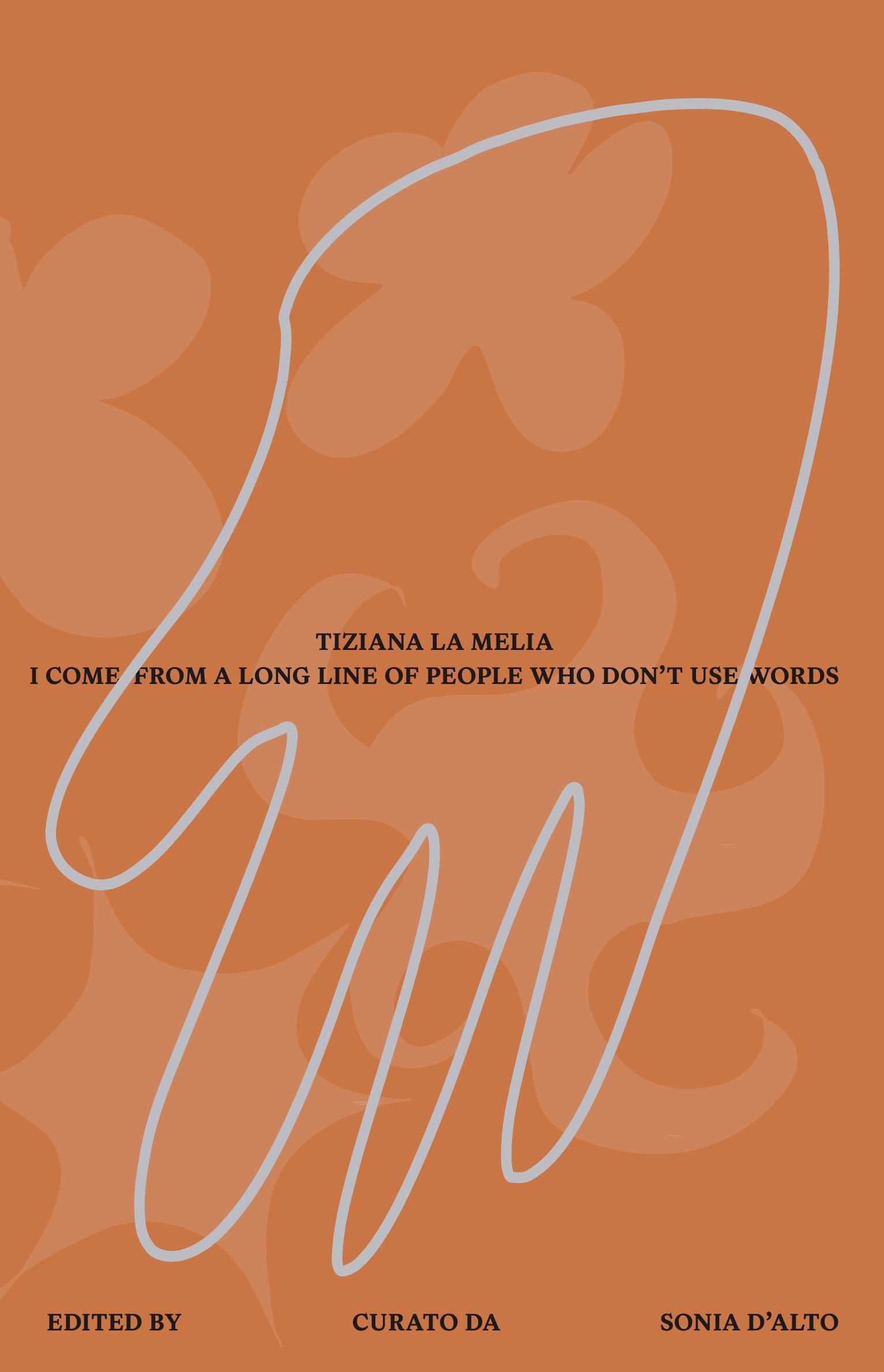
I Come from a Long Line of People Who Don’t Use Words
Tiziana La Melia
The book I Come from a Long Line of People Who Don’t Use Words is a collection of poems by artist Tiziana La Melia, translated into Italian. It includes a selection of poems from her first two books of poetry and a new body of work titled The Simple Life, which focuses on collective healing through food preparation and magic culinary therapies.
The formation of the book was the result of a dedicated collaboration between the author, the editor Sonia D’Alto, and the contributors Federica Bueti, Claudia Gangemi, and Elisa Ferrari. The editor, in her text, mentions the collaborative process: “By diluting and postponing work plans and distilling desires into semantic concerns, the roles of editor, translator, author, and proofreader at times eroded, becoming sensitive to the possibilities of multiple voices, reciprocity, and collective decision making.”
The English title of the publication, I Come from a Long Line of People Who Don’t Use Words, refers to the author’s inheritance. This heritage includes experiences of instability, migration, and rural culture in Southern Italy. The author depicts this subaltern condition in both urban and rural settings, specifically Vancouver and the Okanagan Valley, where the poet lives.
La Melia’s artistic practice is influenced by surrealism, automatism, pop culture, and various forms of mystical counterculture. She follows a lineage of political and spiritual experiments that challenge modern cultural heritage and familial structures. This lineage is related to an aesthetic of psychedelic storytelling, therapies, and ecstatic experiences that help to reimagine reality.
The Publication also comprises a graphic design insert of The Simple Life by Roxanne Maillet, the Editor’s Note: How to write a garden, how to eat a syntax, how to read the new moon by Sonia D’Alto, A Secret-Gushing-Cunt-Filled Garden by Allison Grimaldi Donahue and What Gets Through the Gaps of the Grid by Federica Bueti.
Read more
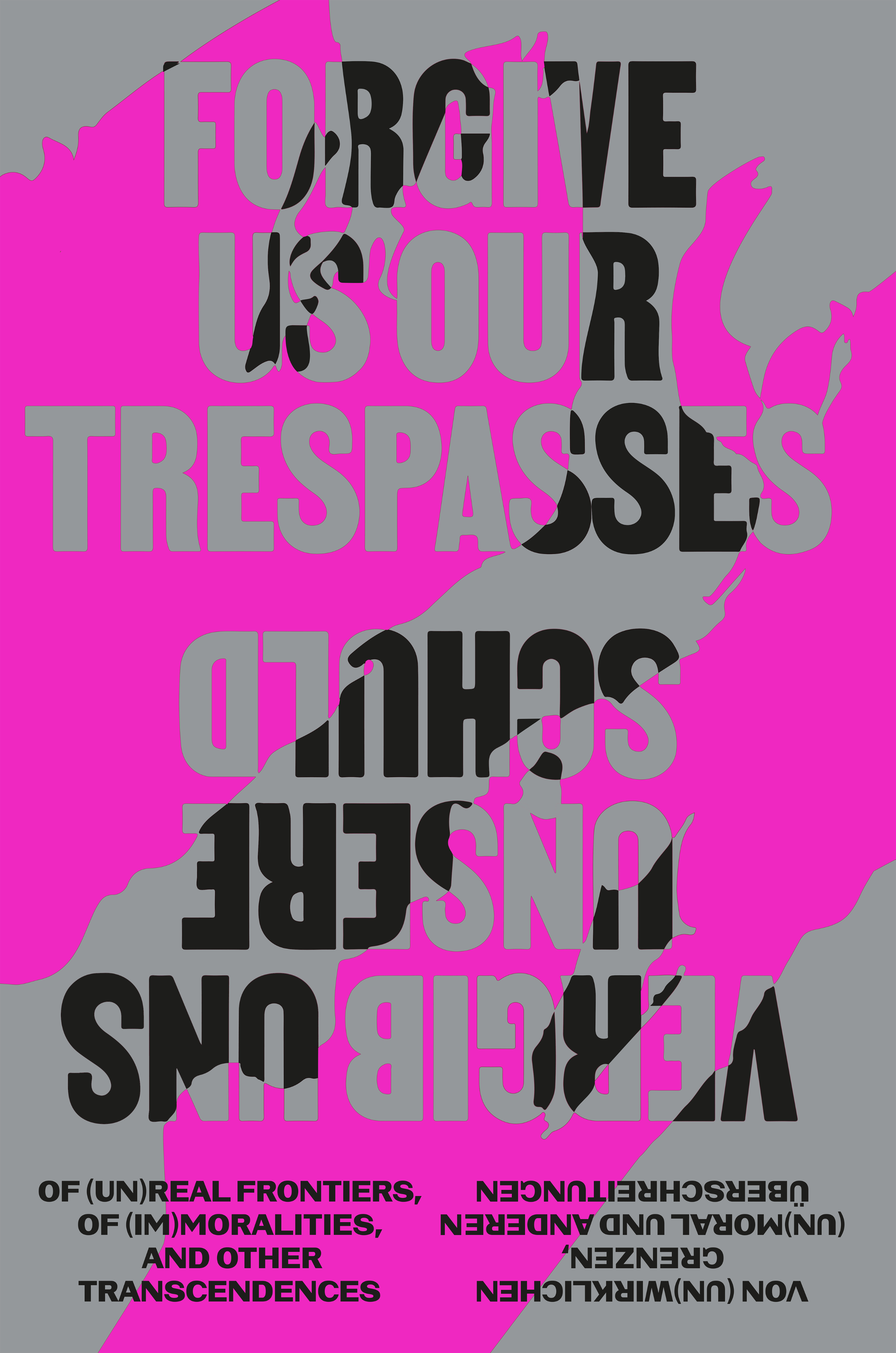
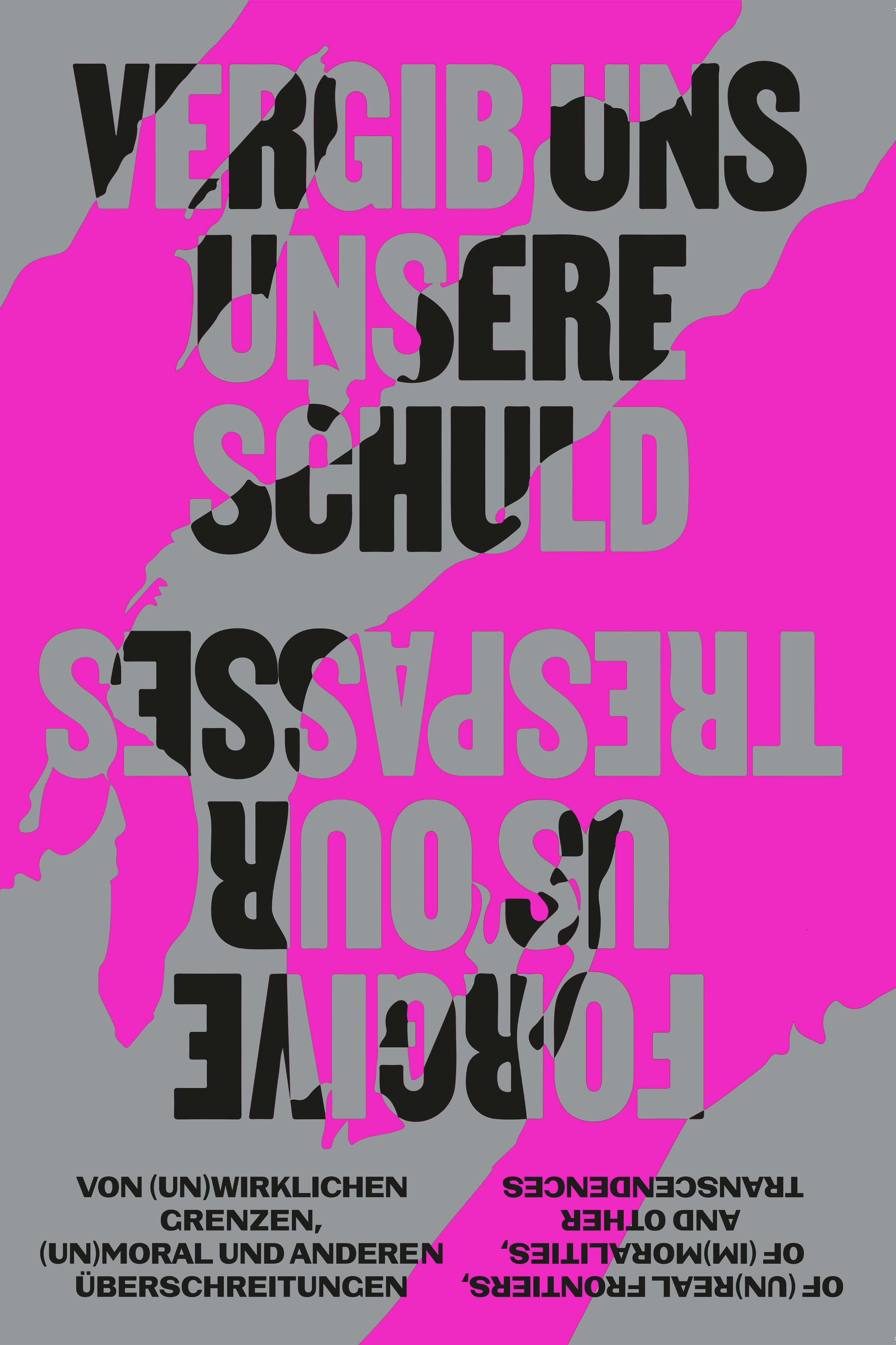
The Forgive Us Our Trespasses / Vergib uns unsere Schuld Reader explores radical and emancipatory significations and fabulations of trespassing, turning towards practices that transgress and reshape the boundaries of, among other dimensions, currency, governance, religion, spirituality, language, and artificial intelligence. Complementing the thematic concerns of the exhibition of the same name, this collection of essays, poems, artistic contributions, and a sermon, conceptually maps the distance between the English word ‘trespasses’—with its double meaning of to sin or to physically tread—and the German word ‘Schuld’—referring to sin and guilt but with etymological proximities to debt (Schulden). Deviating from the line of prayer that lends the project its name, the contributors do not ask for forgiveness for the various trespasses they elucidate—be they religious, social, class-related, national, sexual, or disciplinary in nature—but rather assert them as modes of transgression, as forms of rebellion, and as possibilities for transcendence.
Contributions by Victoria Adukwei Bulley, Egidija Čiricaitė, Yásnaya Elena Aguilar Gil, Toussaint M. Kafarhire, Mansour Ciss Kanakassy, Chao Tayiana Maina, Bonaventure Soh Bejeng Ndikung, Tavia Nyong’o, Mary Louise Pratt, Josefine Rauch, Deborah A. Thomas, Senthuran Varatharajah, Yuanwen Zhong
Read more
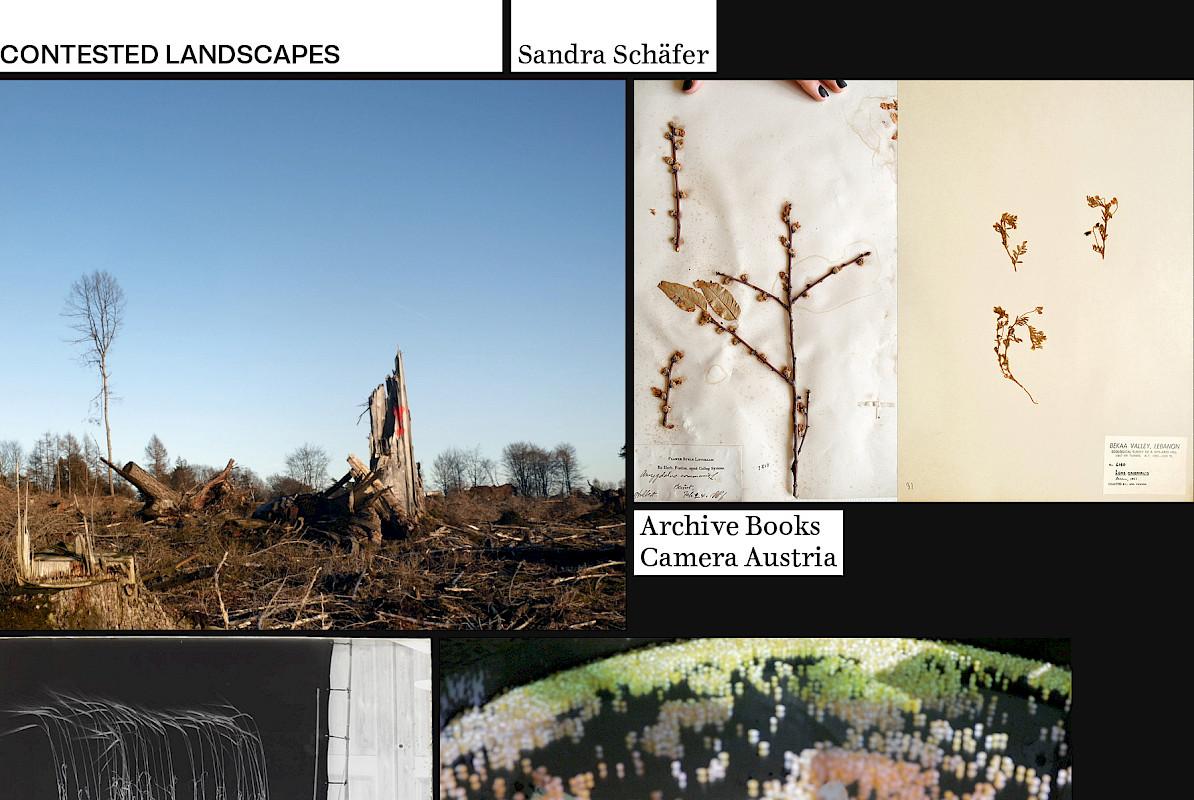
Contested Landscapes
Edited by Sandra Schäfer
Contested Landscapes is dedicated to different rural regions—their landscapes, their producers, and their work. The paths of the family of the artist Sandra Schäfer and those of the famous German photographer August Sander cross in the Westerwald, a rural area in Germany shaped by farming and mining. A hundred years ago, the photographer August Sander captured his series of peasants there including the artist’s relatives. Schäfer’s “homecoming” is represented in the book by three works dealing with the changes of the landscape, its farming, and Sander’s photographs, as well as amateur ones from Schäfer’s family. Contributions from Schäfer’s interlocutors reflect on how these ghosts from the past appear in her work. Further artists and architects research rural cultivation in Thuringia, southern Sweden, Lebanon’s Bekaa Valley, Syria, and southern Colombia. In different ways, they deal with the issues of agriculture, feminism, and global economy. The book therefore also takes up the pressing question of how agricultural production could be rethought within capitalism.
Read more
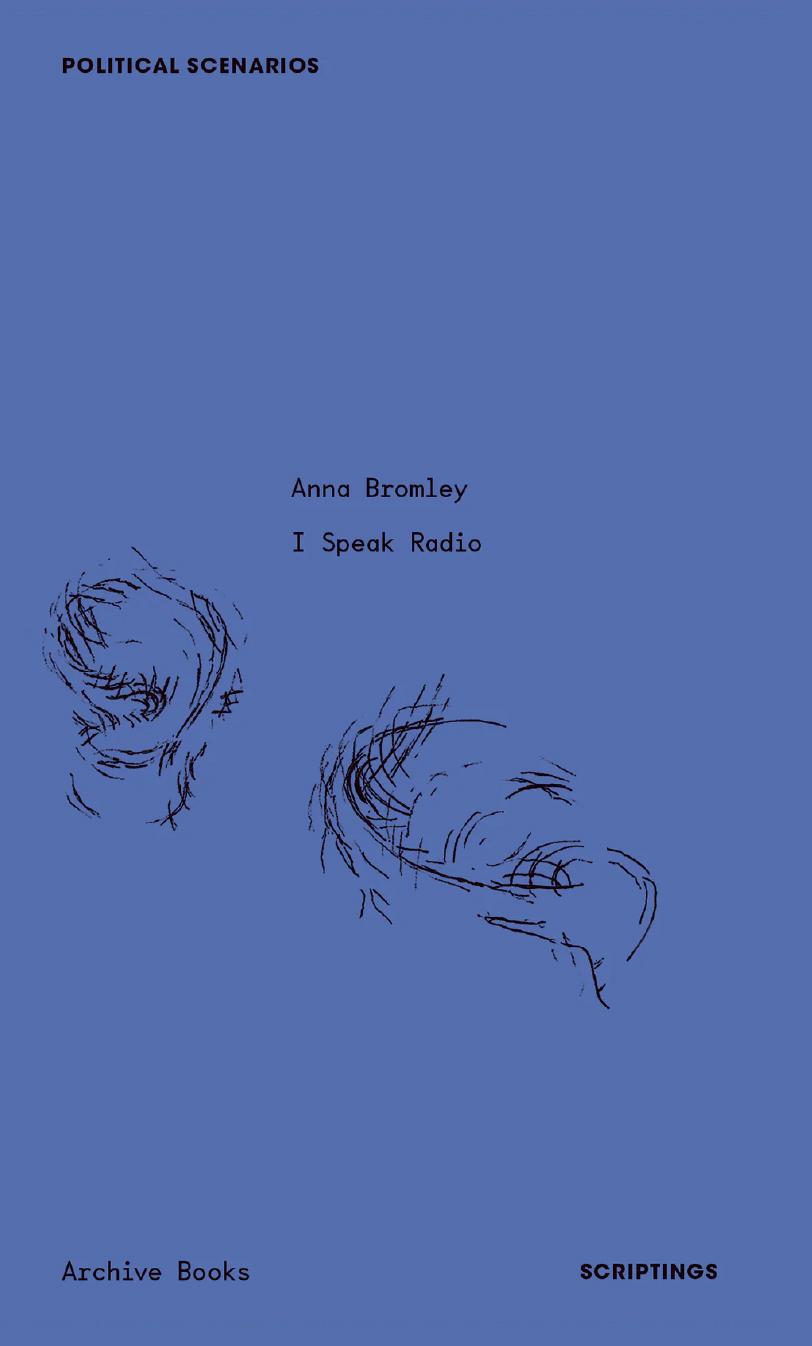
I Speak Radio opens with Bromley’s eponymous multimedia essay on the feminist appropriation of early radio technology in the 1920s. A Voice Exists in Voicing, the series of radio essays and sonic portraits with which Bromley opened the Manifesta Radio in Prishtina in the summer of 2022, comprises the core of the book. The accompanying visual element to this section is a series of drawings by Michael Fesca. Contextualizing texts by Catherine Nichols and Hedwig Fijen provide an introduction to A Voice Exists in Voicing.
Read more
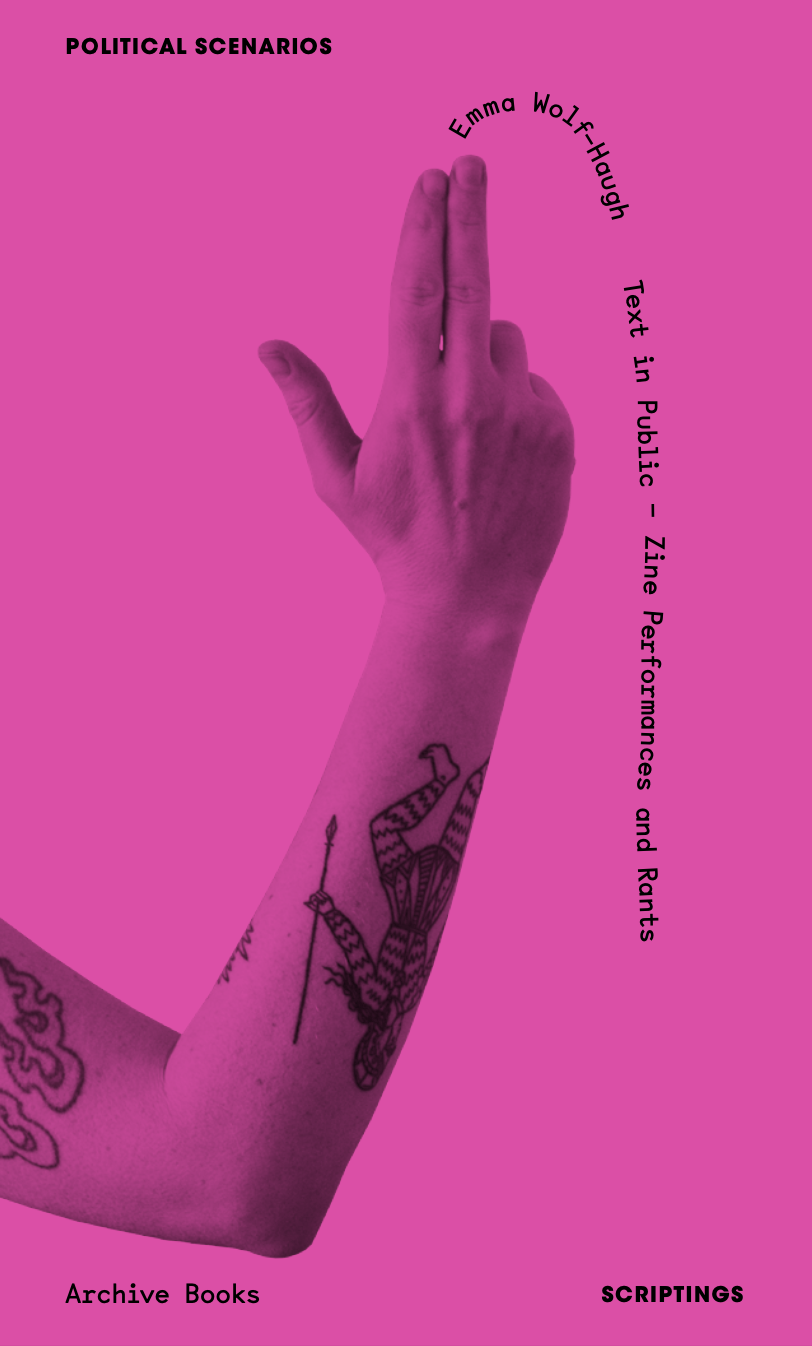
Text in Public – Zine Performances and Rants is the first monograph of writing by visual artist Emma Wolf-Haugh interconnecting performative works, performance scripts and assemblage texts. The publication gathers together these texts, traversing particular cultural and historical sites, the lived present and imagined futures, incorporating auto-fiction and anecdote as part of a tradition of queer-transfeminist working class vernacular and ethics, promiscuous and adept at working within limitations.
Read more
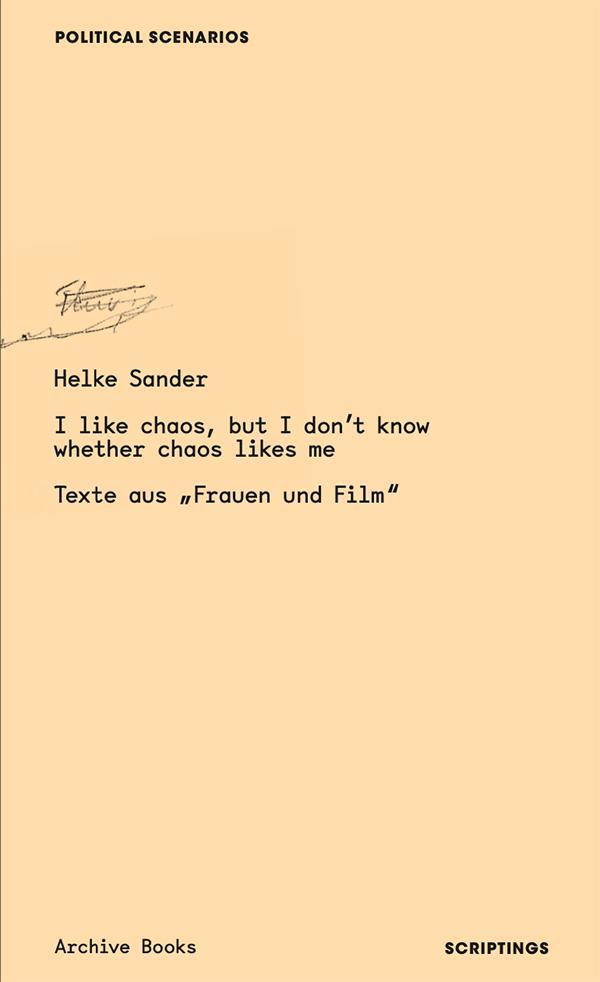
Die monografische Publikation „Helke Sander: I like chaos, but I don’t know, whether chaos likes me“ umfasst Texte aus „Frauen und Film“, der ersten feministischen deutschsprachigen Filmzeitschrift, die 1974 von Helke Sander gegründet und herausgegeben wurde. Die für die Publikation ausgewählten Texte fokussieren zentrale Fragestellungen der feministischen Filmarbeit, ökonomische sowie recht-liche Bedingungen und vor allem deren strukturelle Bedingtheit in gesellschaftlichen Verhältnissen und ihre radikale Kritik daran.
Read more
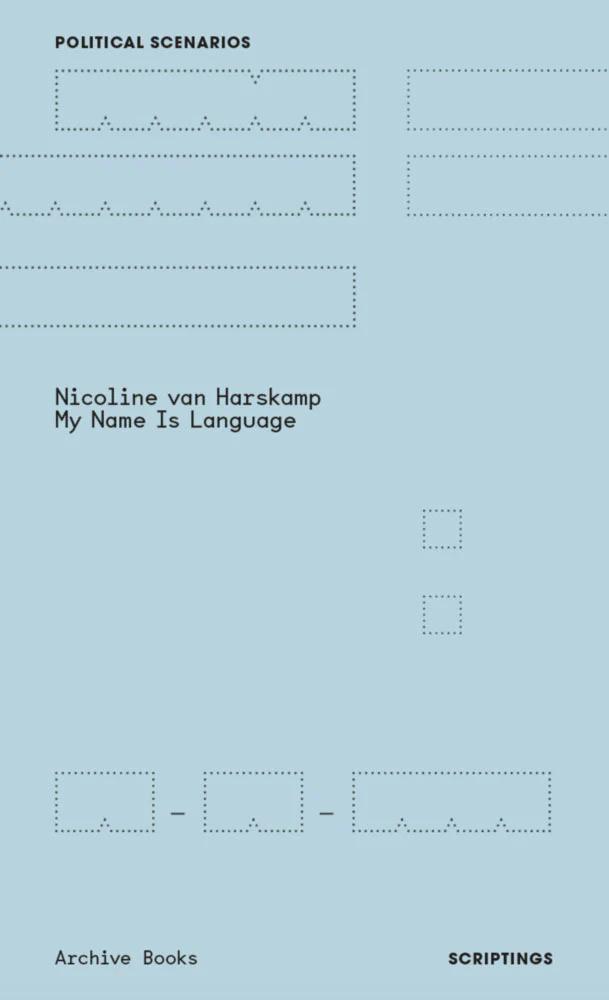
The publication My Name Is Language (2020) explores the key tenets of artist Nicoline van Harskamp’s research and practice, such as the contemporary use and modification of languages, a treatment of names as spoken language rather than spelled identity markers, and the practice of self-naming. In the fictive worlds represented in this book, society is not centralized, not oversized, and self-naming is brought forward as a form of self-empowerment and resistance.
Read more
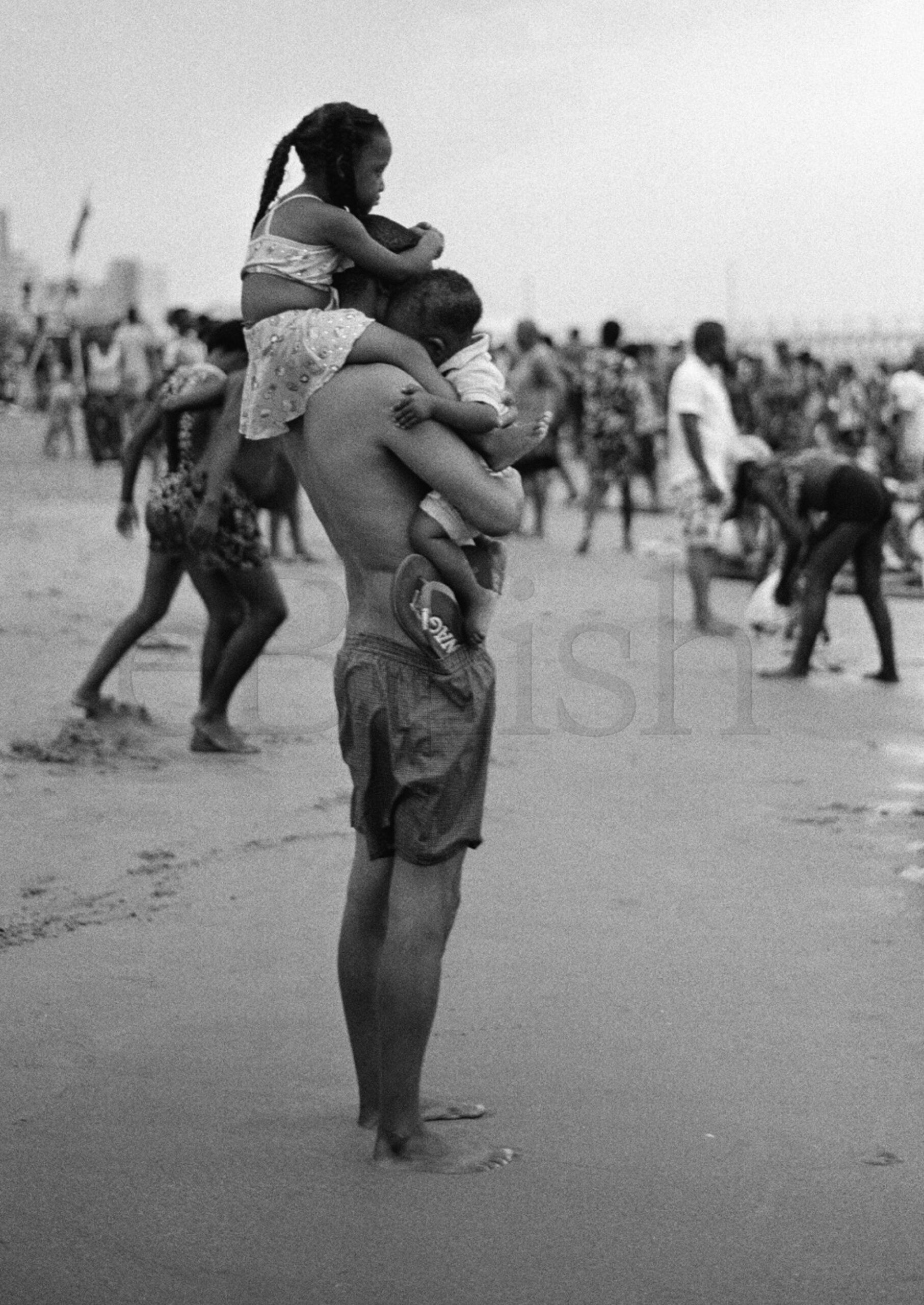
eBhish’ presents a chorus of voices on notions of Black social life, public communion and humanities of the Indian Ocean. While some contributors respond to the ongoing series eBhish’ others share their critical perspectives and ponder on the intimacy and vastness of being Black at the beach.
Contributions by Thulile Gamedze, Russel Hlongwane, Nomusa Makhubu, Amogelang Maledu, Kopano Maroga, Lindiwe Mngxitama, Maneo Mohale, Vusumzi Nkomo, Julie Nxadi and Luvuyo Equiano Nyawose
Creative Knowledge Resources presents the launch events of eBhish’ an anthology edited by Luvuyo Equiano Nyawose
Friday 12 July
4 pm – 6 pm
Under the Aegis
17 Jamieson St,
Gardens, Cape Town
(as part of the Heat Winter Arts Festival)
With Nomusa Makhubu, Amogelang Maledu, Julie Nxadi, and Vusumzi Nkomo
Conversation moderated by Luvuyo Equiano Nyawose
Saturday 20.07.2024
10 am — 12 pm
KZNSA
166 Bulwer Road
Berea, eThekwini
Luvuyo Equiano Nyawose in conversation with Russel Hlongwane
Saturday 27.07.2024
1 pm — 3 pm
The Library of Things We Forgot to Remember
44 Stanley Braamfontein Werf
Johannesburg
With Thulile Gamedze, Maneo Mohale, Lindiwe Mngxitama and Luvuyo Equiano Nyawose.
This event is supported by Creative Knowledge Resources, an Interdisciplinary project by the National Research Foundation & the University of Cape Town studying socially engaged art in Africa and its diaspora.
No booking is required, but space is limited.

Akinbode Akinbiyi
Sometimes to be lost is to be found and to be found
is to be lost anew
Edited by Christoph Platz-Gallus
for Kunstverein Hannover
With texts by Akinbode Akinbiyi, Tandazani Dhlakama, Bonaventure Soh Bejeng Ndikung and Christoph Platz-Gallus
The photographer, the wanderer, glides softly in the crush of the everyday, stepping out onto awkwardly paved sidewalks, weaving through crowds, seeking out moments of quiet serendipity. It’s in happenstance, coincidence, that the magic becomes immanent, the constantly weaving, liminal threads taking shape, becoming momentarily visible, forming into occurrences that vibrate, are.
—Akinbode Akinbiyi
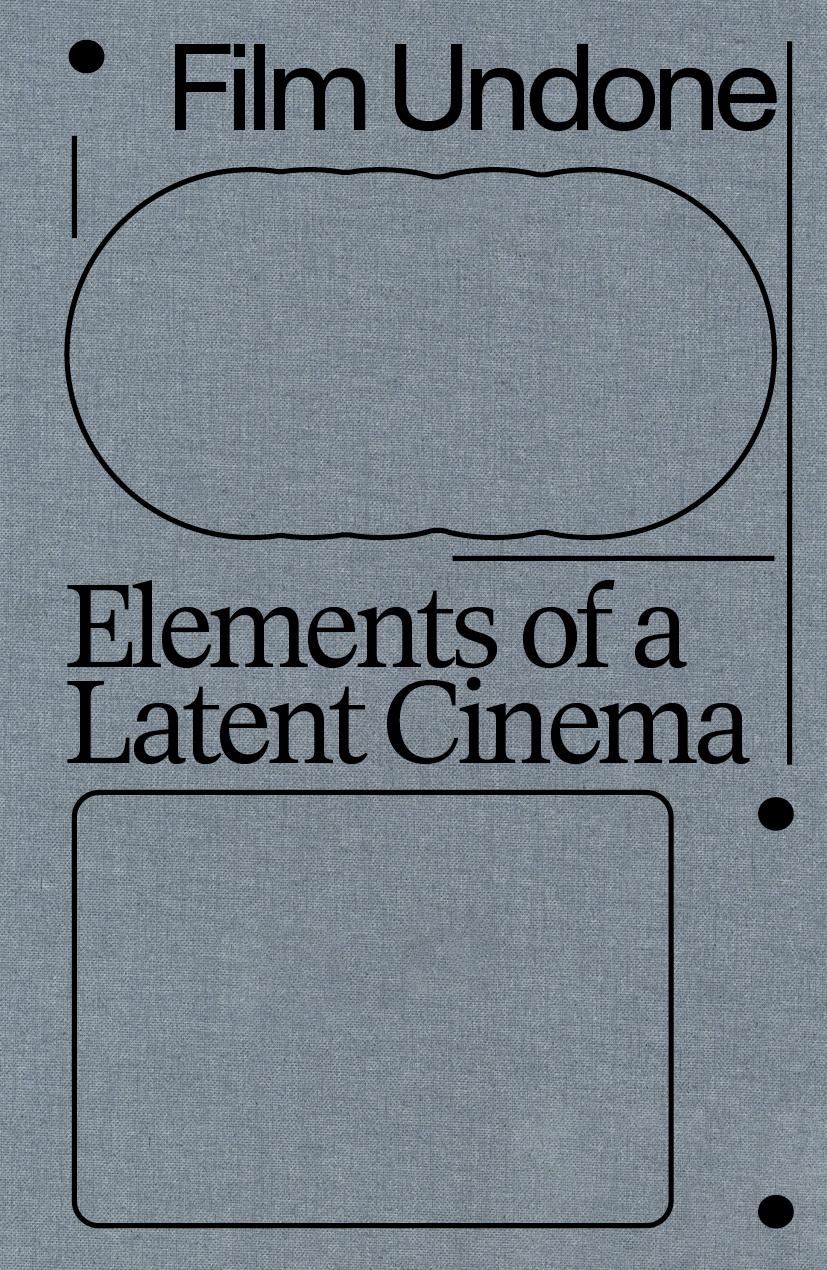
Film Undone presents contributions introducing unmade and unfinished film projects, film ideas realised in non-filmic media, as well as films that remained unseen in their intended form and at their intended time. These tentative and careful probes dedicated to singular projects reflect the importance of primary materials before and beyond the film. Bringing them together as Elements of a Latent Cinema opens a space to consider cases from various political geographies and historical moments in relation. Latency prompts to think differently about what has remained invisible in cinema than under deficit-centred categories such as failure, loss, or incompletion. It marks a sustained potentiality for things to change their condition, to affect us and set us in motion.
Read more
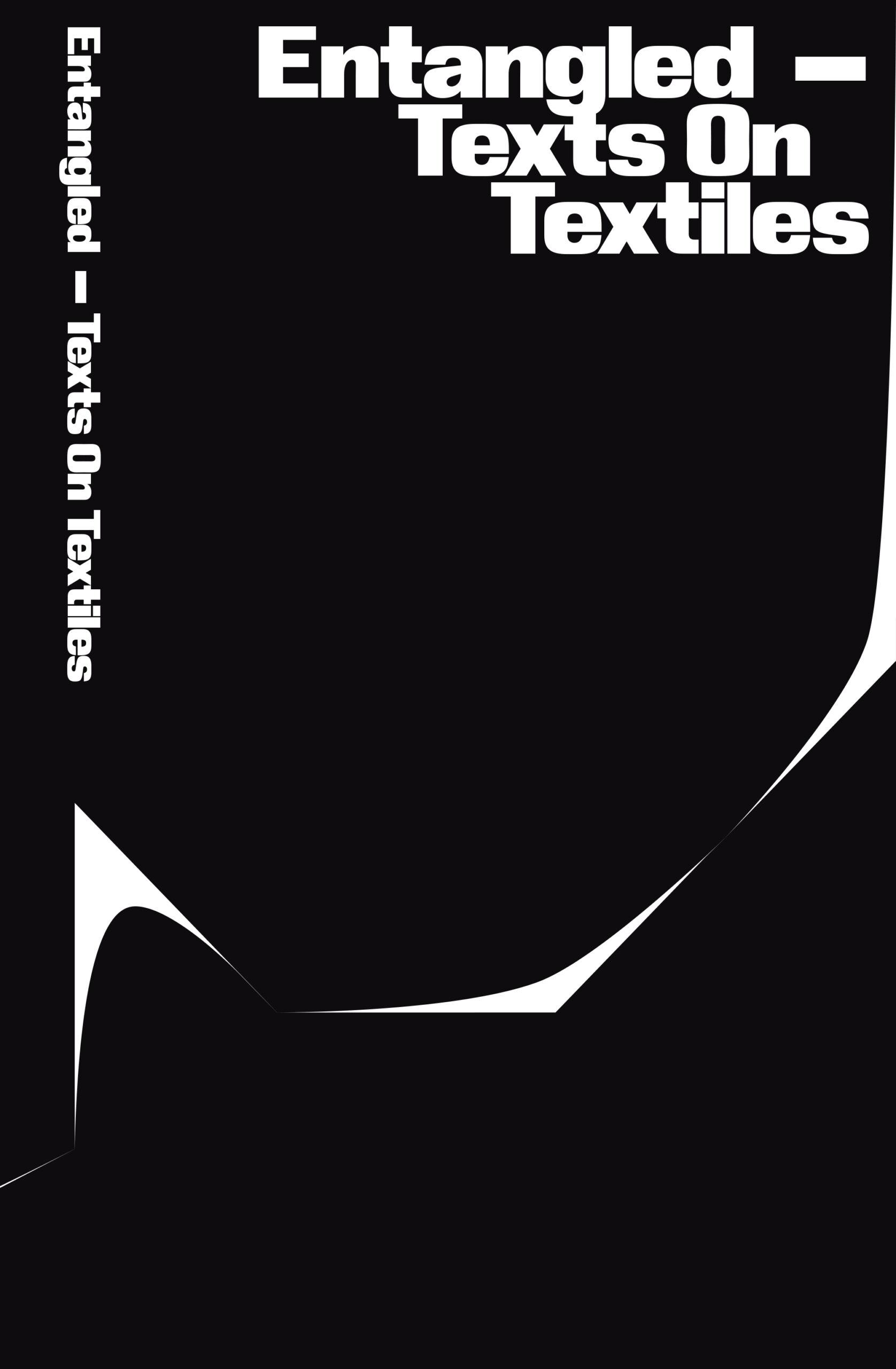
What does it mean to be a curator who writes, and, more specifically, how can curators write about textiles?
The publication steps outside the framework of the typical exhibition catalogue to occupy ‘the space between literature and criticism’.
The Community of Writers was set up to create time and space to retreat from these outside opinions and demands and to let curiosity and the joy of writing be the driving forces of the writing process.
Read more
Steeped in the living of rupture, the strength and fragmentation of memory, and the layering of life and art-making, Night Heron weaves together two parallel stories of women artists. Twenty-first century Bengali-American artist, Pakhi, floats through the world on a non-quest that takes her to New York City, Berlin, and Bujumbura; nineteenth century Bengali writer, Mrinalini, lives in a joint family home in a declining Lucknow, persistently finding time and space to write. At the heart of the novel is Pakhi’s choice to leave her son, an uneasy decision that is mirrored in Mrinalini’s ambivalence regarding her own education and what doors are opened and possibly closed for herself and her children as a result of it.
Read more
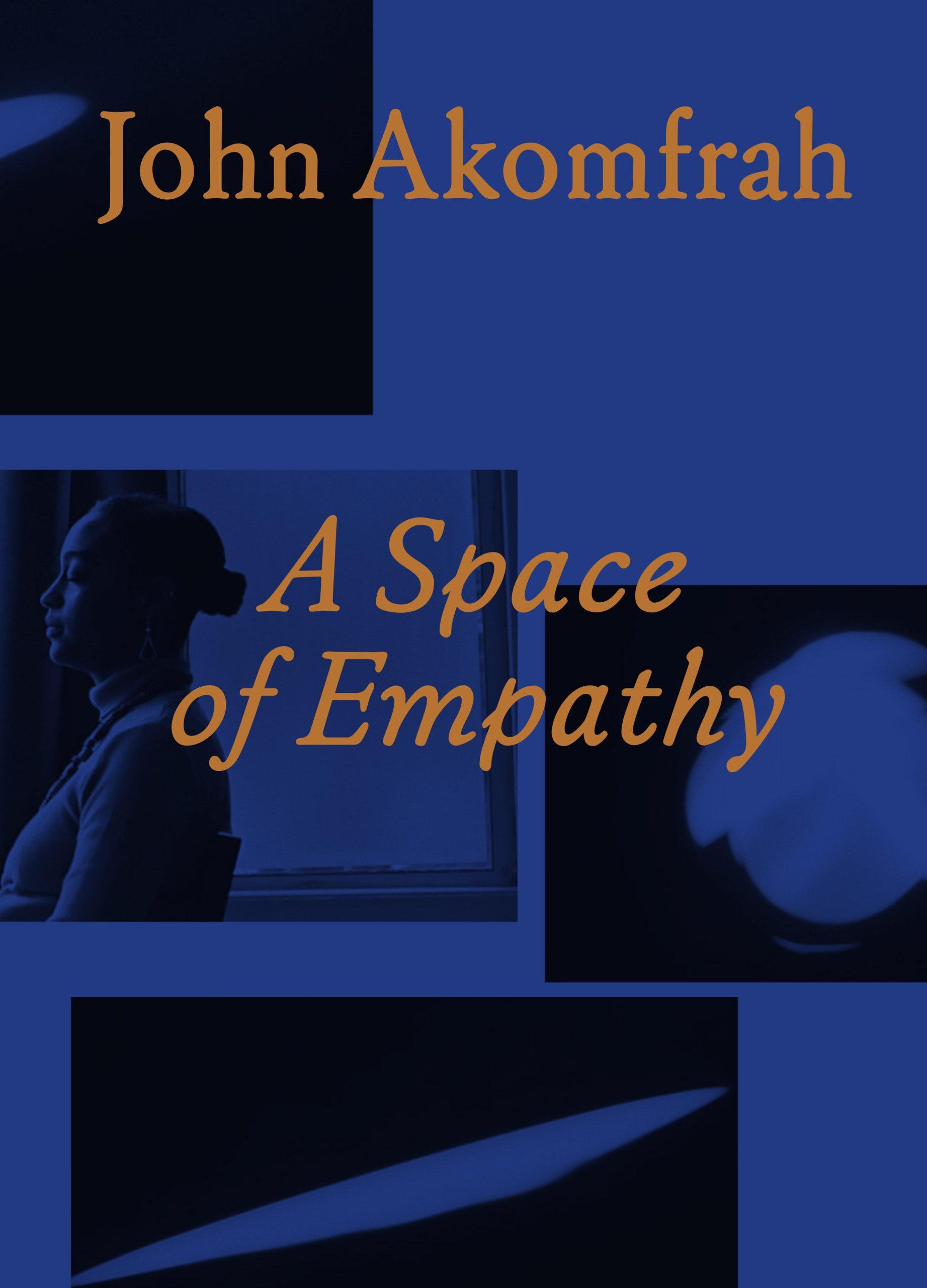
John Akomfrah
A Space of Empathy
Edited by Julia Grosse
Published by Archive Books and Schirn Kunsthalle Frankfurt
John Akomfrah (b. 1957) creates thoughtful video works of haunting audiovisual intensity. He tells of the radical changes and crises of the present and past on characteristic large-format screens. From November 9, 2023 to January 28, 2024, the Schirn Kunsthalle Frankfurt is presenting for the first time a comprehensive overview of the artist’s work in Germany, featuring a selection of three major multichannel installations from recent years: The Unfinished Conversation (2012), Vertigo Sea (2015), and Akomfrah’s new work, Becoming Wind (2023). A co-founder of the influential London-based Black Audio Film Collective (established in 1982), Akomfrah’s work interweaves newly shot film sequences with archival material to create multilayered, at times associative collages, frequently in the form of simultaneous narrative structures. Akomfrah’s immersive installations critically examine colonial pasts, global migration, and the climate crisis. He addresses one-dimensional historical representations by allowing multiple perspectives to emerge in the narrative, disrupting the notion of linearity and the illusion of a one and only truth.
Read more
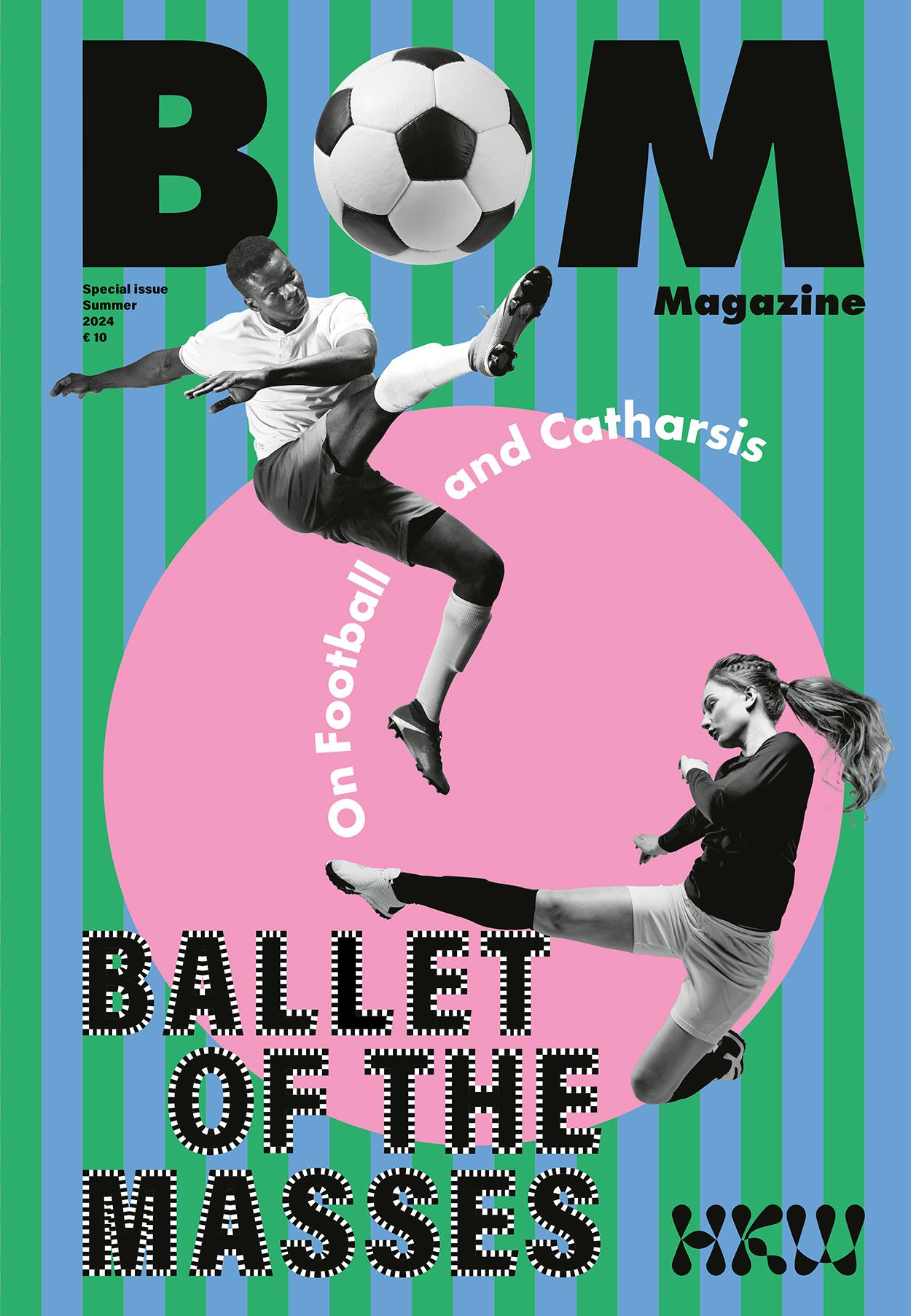
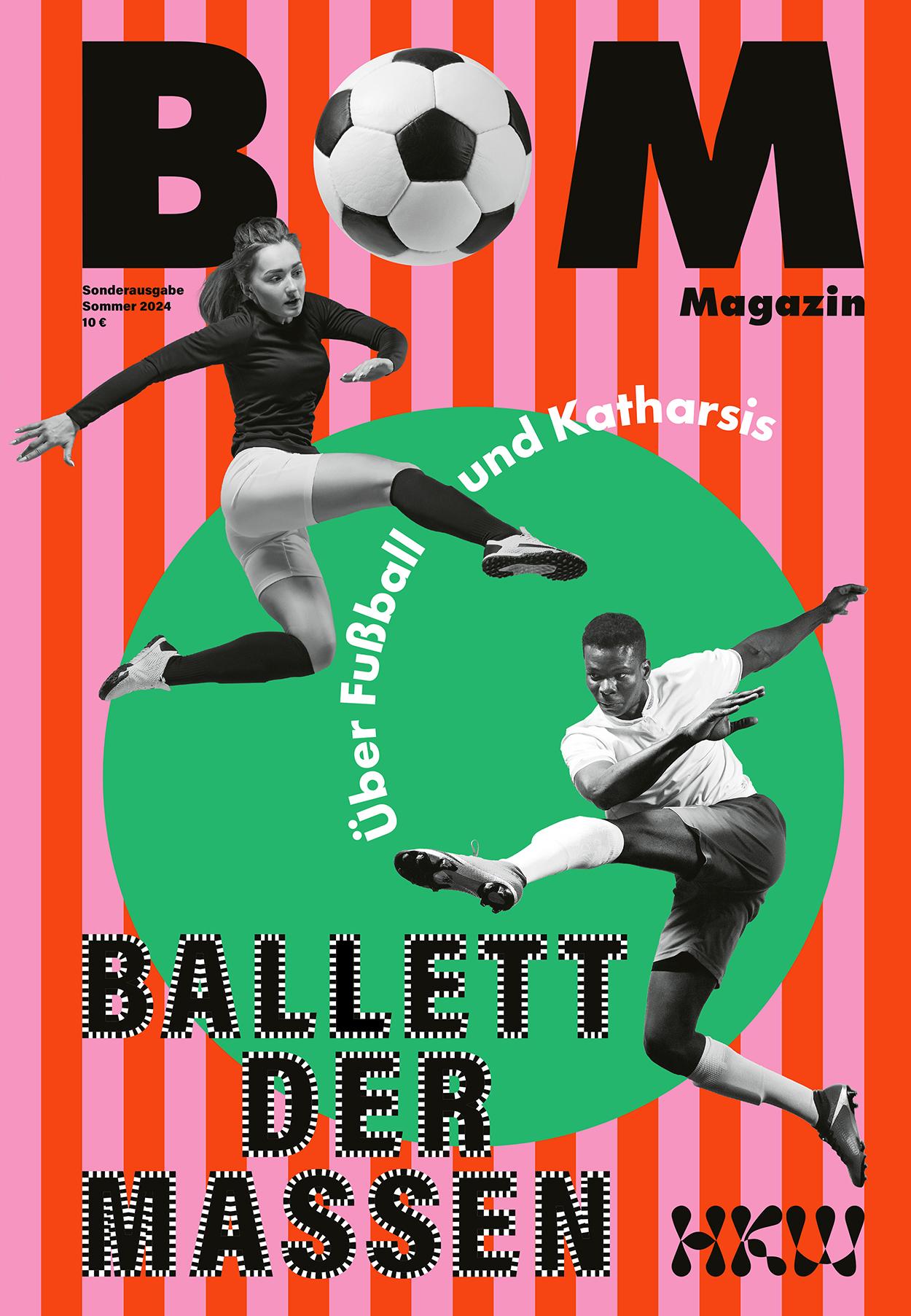
On the occasion of UEFA EURO 2024, hosted in Germany from 14 June–14 July 2024, HKW dedicates its entire space and programme to deliberations on football in the framework of the project Ballet of the Masses—On Football and Catharsis. As a pluri-disciplinary institution that encourages and lends space to the practices of visual and performative arts, sonicity and music, literature and oralture, as well as scientific and cultural discursive formats, HKW opens up its doors to football as a practice and concept at the intersection of/with different formats in the quotidian.
With contributions from Aziza Ahmad, Stina Åkerfors, Romaisa Baddar, Aysun Bademsoy, Julia Büki, Ntone Edjabe, Romeo Roxmann Gatt, Daniel Gerhardt, Kabelo Kungwane, Sharon Lam, Sara Morais dos Santos Bruss, Bonaventure Soh Bejeng Ndikung, Musa Okwonga, Fadumo Olow, Eric Otieno Sumba, Can Sungu, Tuğba Tekkal, Rachel Yankey
Read more
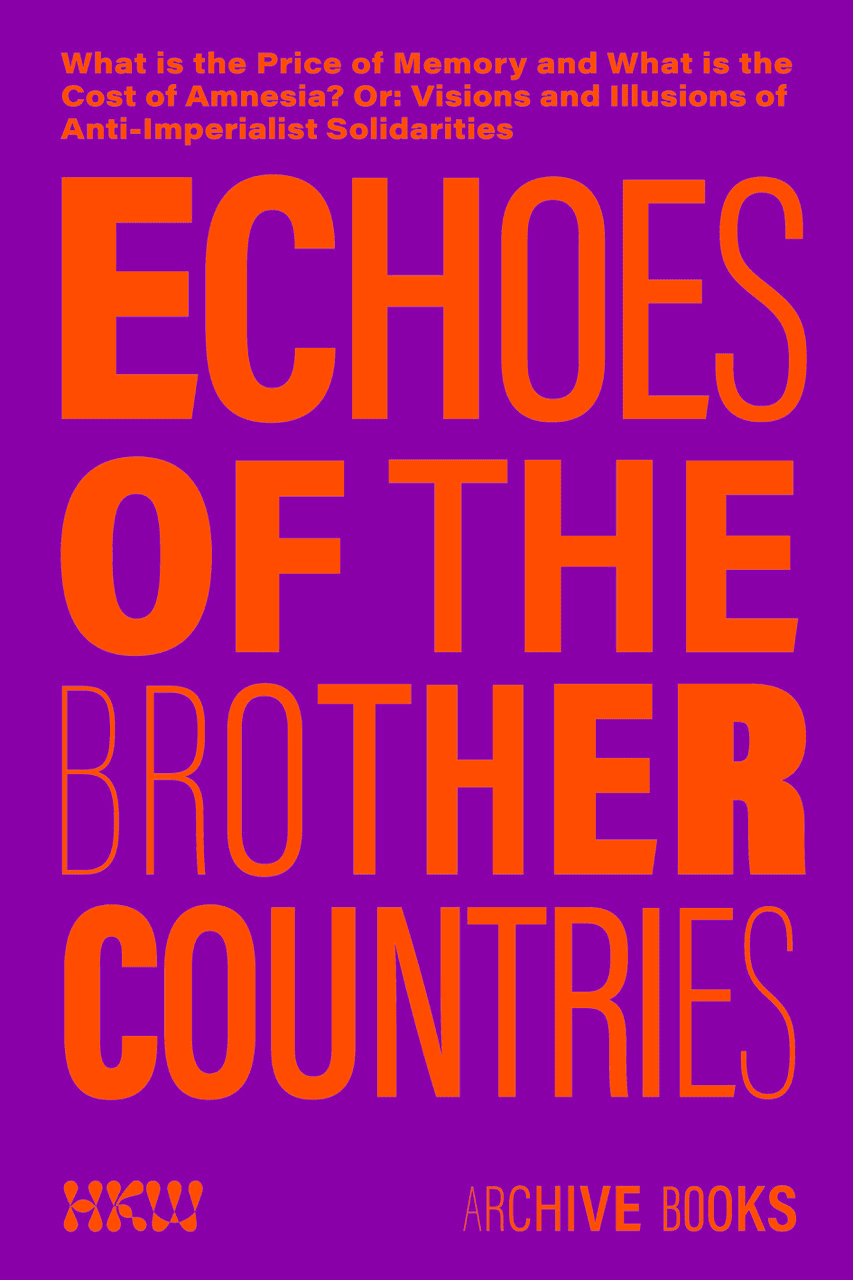
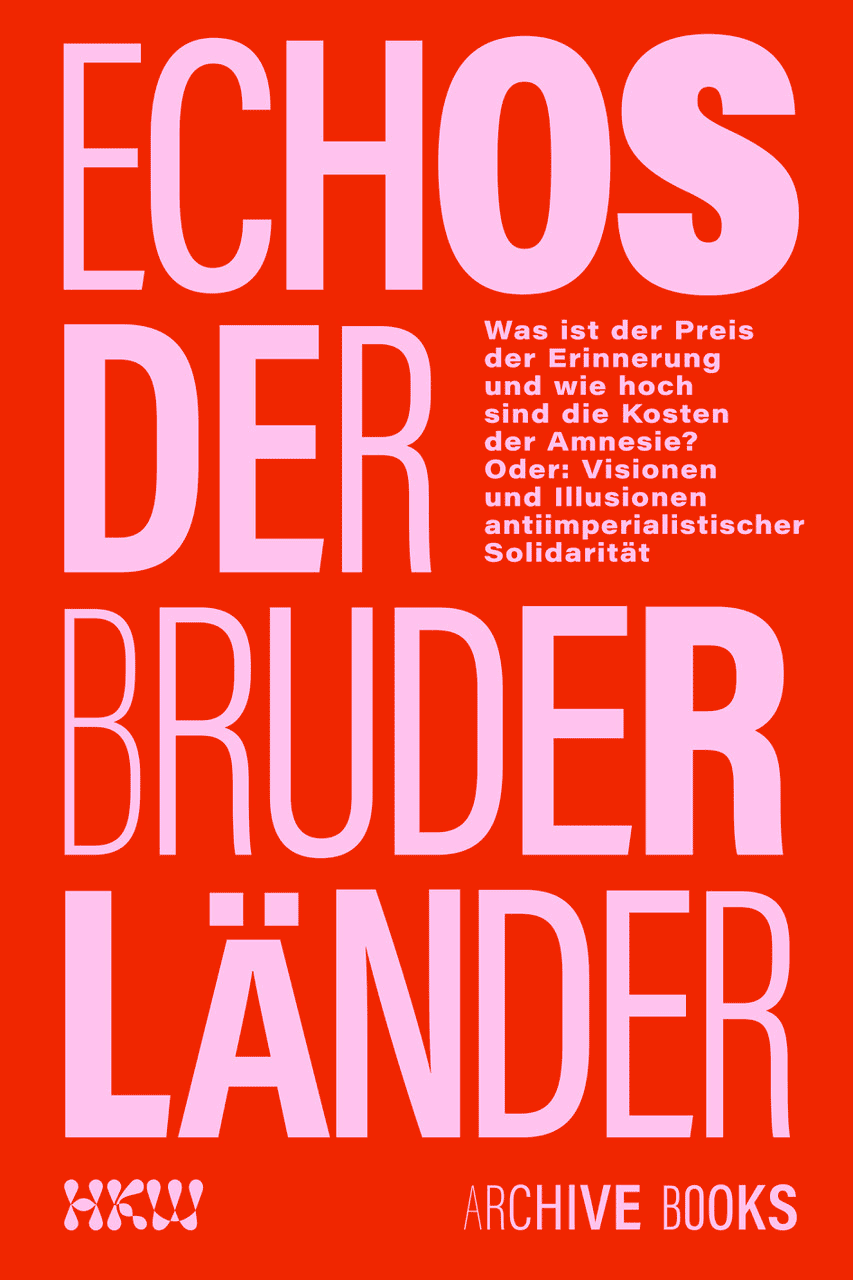
With contributions from Santiago Calderón, Emiliano Chaimite, Laura Coll, Lama El Khatib, Lucia Engombe, Francisca García, Paz Guevara, Kadriye Karcı, Samirah Kenawi, David Lufuankenda, Dejan Marković, Doreen Mende, Luamba Muinga, Bonaventure Soh Bejeng Ndikung, Peggy Piesche, Nelly Y. Pinkrah, Rasha Salti, Alina Simmelbauer, Eva Stein, Eric Otieno Sumba, Sarnt Utamachote, Aliza Yanes, Kais al-Zubaidi
Read more
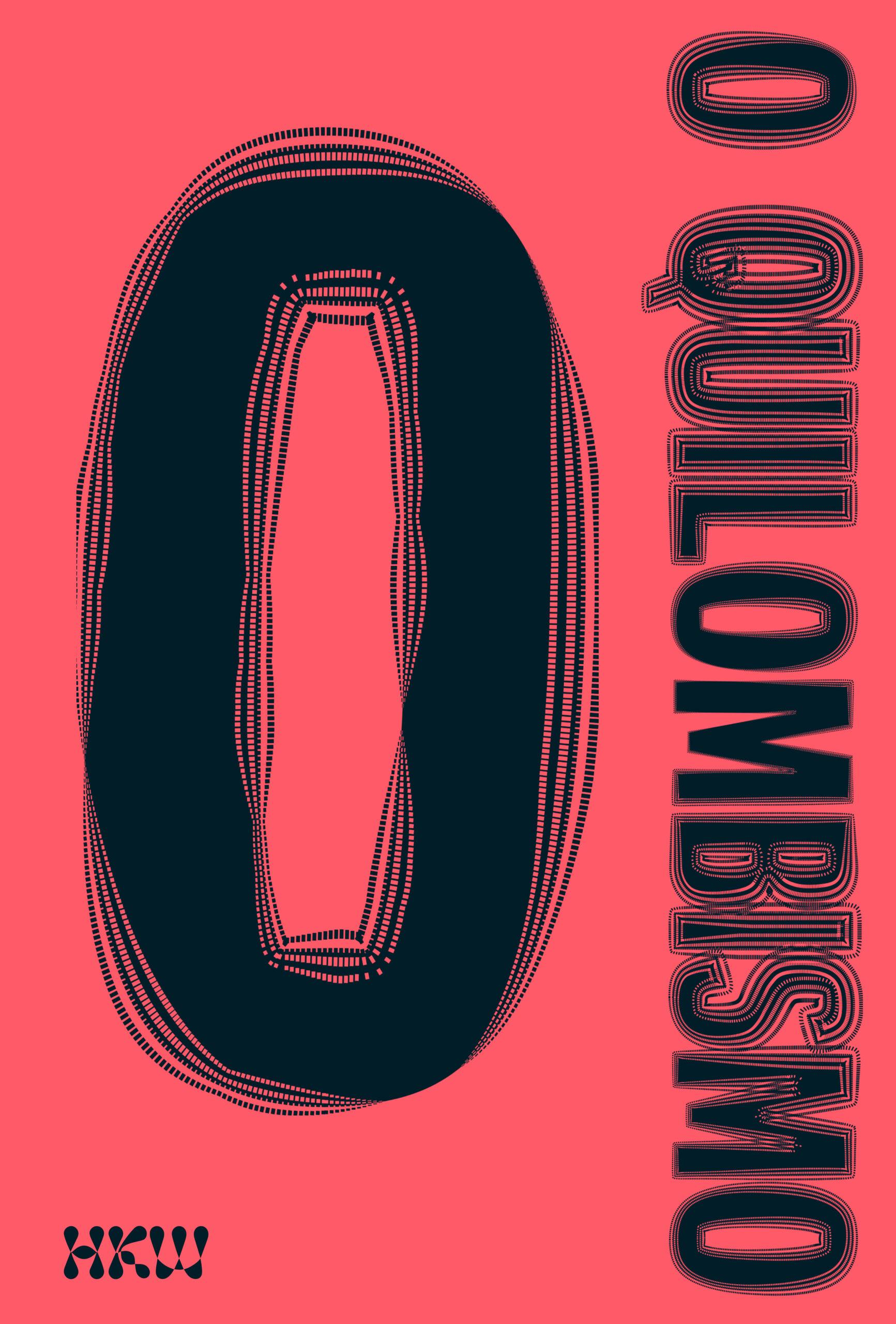
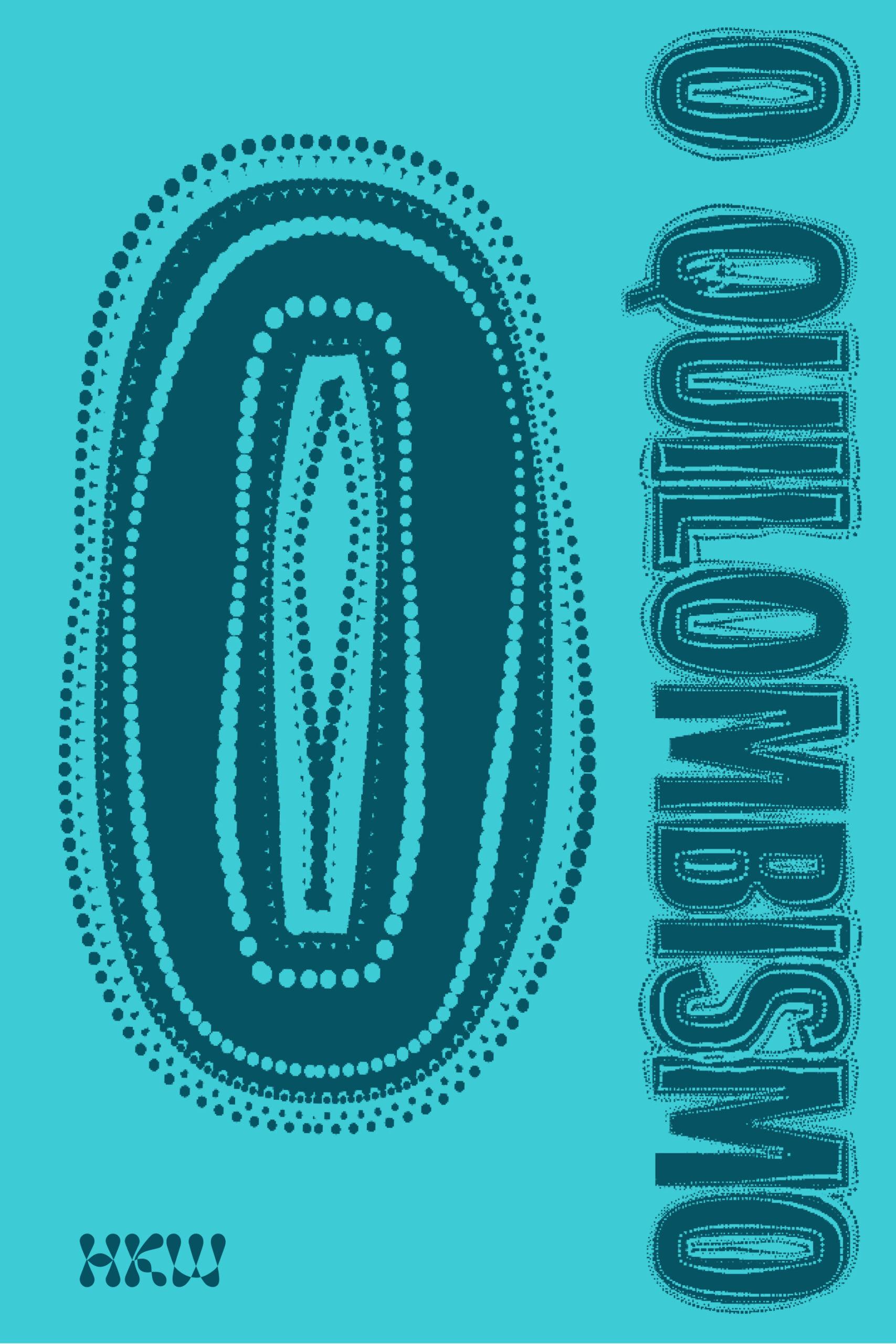
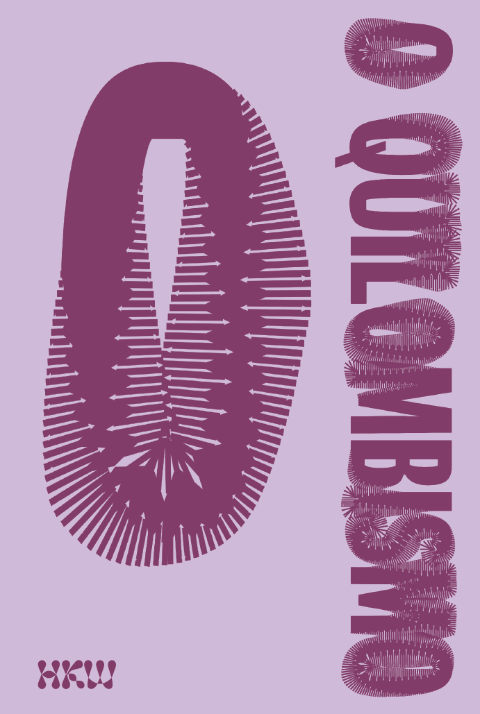
This reader, published on the occasion of the project O Quilombismo: Of Resisting and Insisting. Of Flight as Fight. Of Other Democratic Egalitarian Political Philosophies, brings the themes of the eponymous group exhibition to those interested in wider conceptual explorations around its multifaceted curatorial threads: insurgence, resistance, liberation, spirituality, ecstasy, new cultural forms and aesthetic paradigms, quilombo as queering, and the reimagination of collectivity. Anchored by newly translated historical texts, poetry, essays, and conversations, the publication engages with the founding figures and initial conceptual articulations of quilombismo in detail, but also explores how it has found resonance in disparate practices globally.
Read more
Farkhondeh Shahroudi
wir sind die feder in des schreibers hand,
wohin wir gehen, ist uns nicht bekannt
This is the first monographic overview publication of the work of Farkhondeh Shahroudi. containing a selection of the artist’s works from 1990 to 2022. The focus of the selection is on the works in which poetry and language interact. Her artworks are scripted with drawings and stitched three-dimensional collages, which are transformed into textile, collage-like morphs floating in space. They don’t appear chronologically, but rather in dialogue with the works themselves and following the writings, scoping out various aspects of her oeuvre.
For the last thirty years, Farkhondeh Shahroudi has been working with different artistic forms—poetry / automatic writing / onomatopoeia, drawings, installations, soft sculpture, performance, and photography. During these years, she has gradually separated herself from the two-dimensional canvas and delved into the spatial exploration of heterotopias, only to recently return to large-scale drawings that evoke her fantastical world of imagination, composed of small black felt pen strokes. In all these forms, language and writing are present on all levels up to the performative.
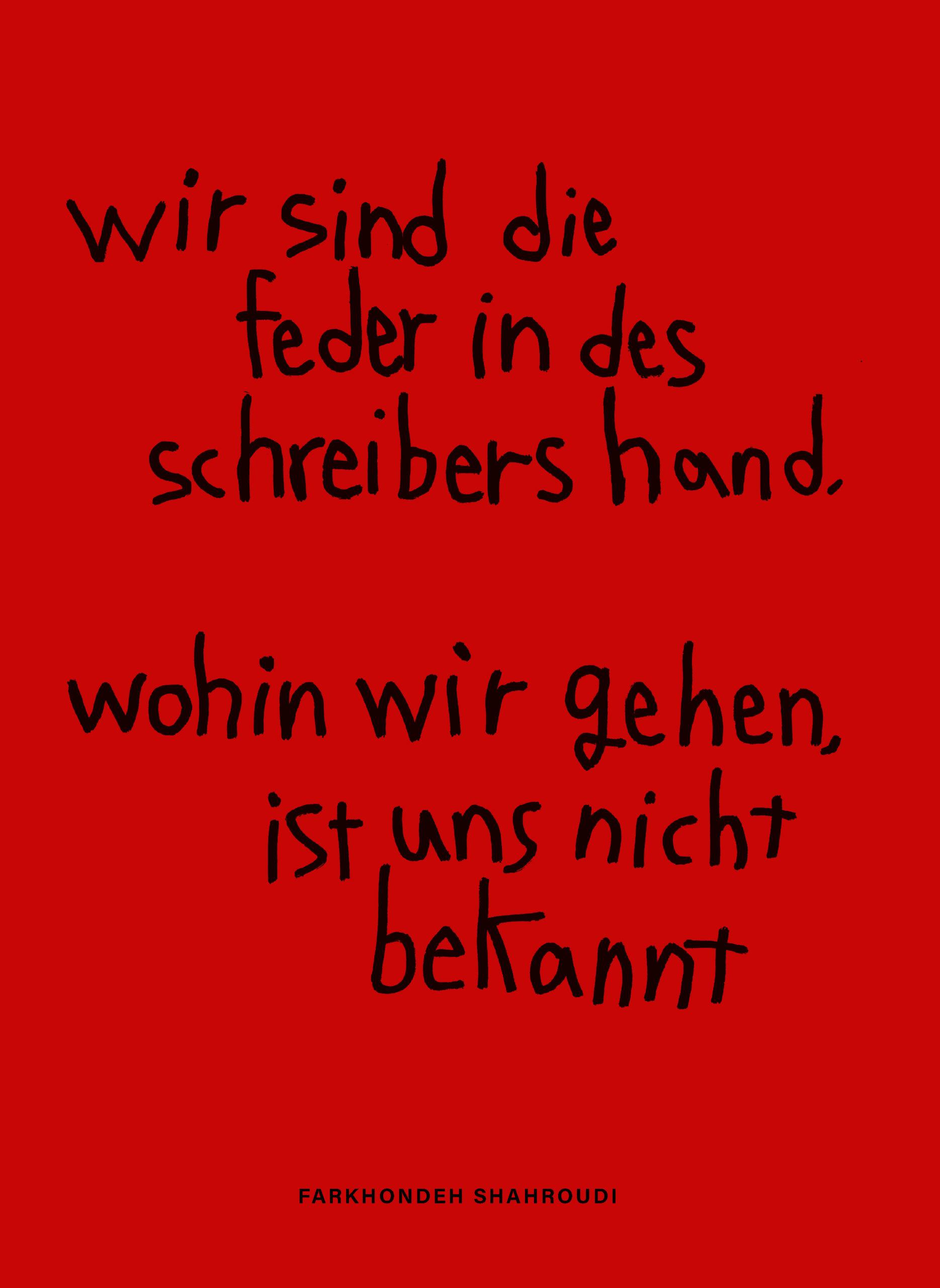
Bonaventure Son Bejeng Ndikung
An Ongoing- Offcoming Tale
Ruminations on Art, Culture, Politics and Us/Others
An Ongoing-Offcoming Tale comprises abstractions, subversions and poetic ruminations, housed within essays that engage with the lives and practices of over 30 artists. It opens with the question: If only some leaves could speak? And in the journey that follows, we encounter many such possibilities – that leave us asking questions of the boundaries we place around the things we are allowed to think, the knowledge we call knowledge, and the questions we permit ourselves to ask. The book is an exercise in learning to reimagine: bodies, land, knowledge, memory, song. Ndikung allows us to step into the visions and the lived forms of knowledge that inform his curatorial practice.
As we collectively emerge from a stillness that made it impossible to look away from the harm caused by social infrastructures we once deemed necessary, these essays are more urgent than ever. They give us tools to think with about the ‘contemporary’ in meaningful ways, enabling us to ask important questions of culture and power.
Read more
Shaping Revolutionary Memory: The Production of Monuments in Socialist Yugoslavia
Published by Igor Zabel Association for Culture and Theory (Ljubljana) and Archive Books (Berlin)
Support: ERSTE Foundation
IZA Editions
The publication presents a comprehensive overview of the vast production of monuments in socialist Yugoslavia (1945–91) dedicated to the antifascist People’s Liberation Struggle in the Second World War and the socialist revolution. Since the breakup of Yugoslavia in the 1990s, these monuments have been subject to various fates, from neglect and physical destruction to global fame generated by the high-modernist visual appeal of a number of them. But the full scope, wide-ranging diversity, and complex context of Yugoslav monument-making, including its various contradictions, have remained largely unexplored.
The book offers a thorough and interdisciplinary exploration of this phenomenon and a rich visual material to examine its key characteristics and specificities: What memorial practices and commemorative traditions preceded the development of monument-making in socialism? Who commissioned these monuments and how did Yugoslav cultural and memory politics influence their production? Who were their authors and what defined their formal and typological features? How was Yugoslav monument production related to comparative efforts abroad? What commemorative practices developed around monuments? How is this legacy evaluated and received today, both in the post-Yugoslav successor states and internationally?
Read more
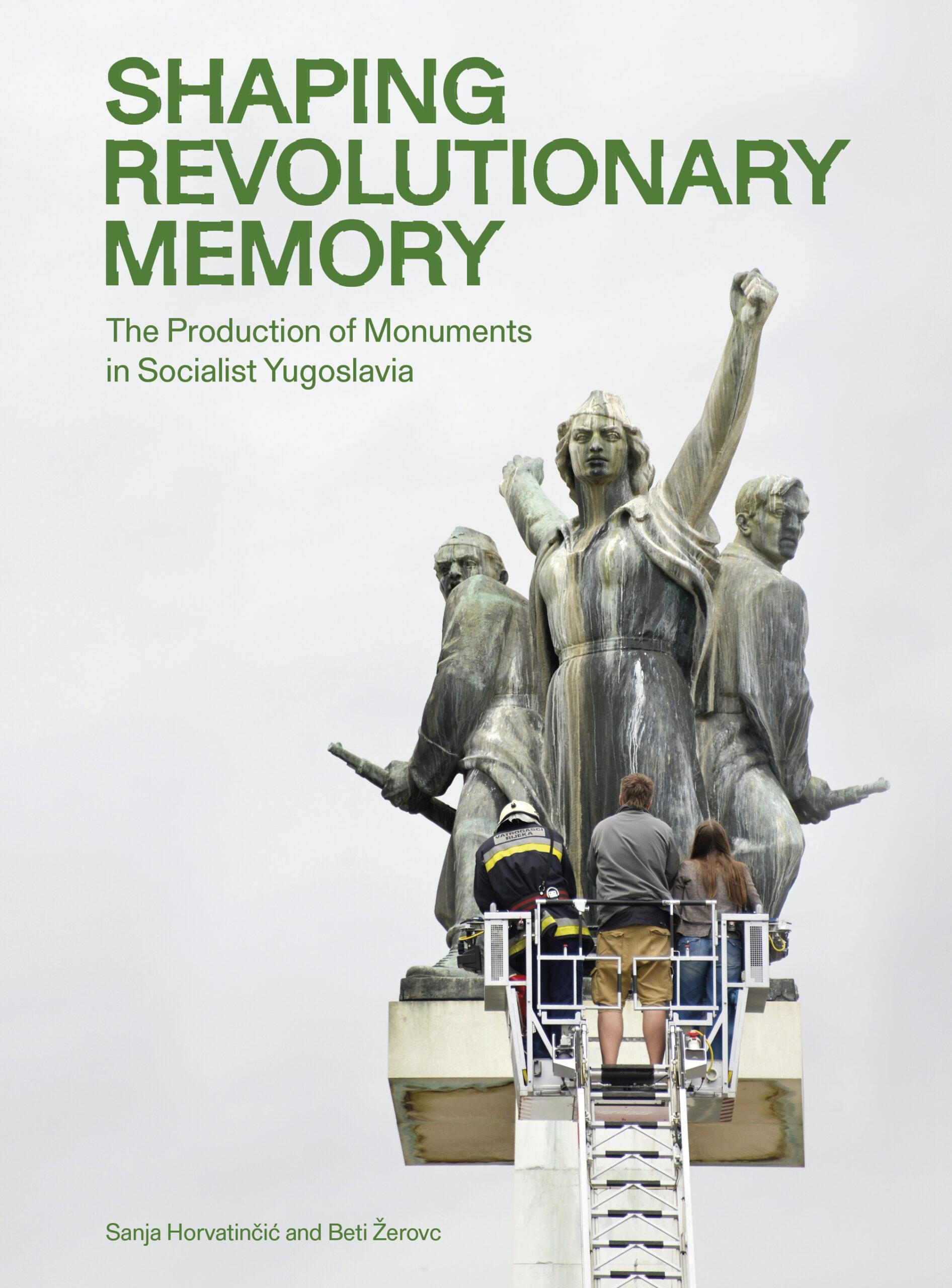
“Love is more than just empathy, a consequence of subjectivity; it is solidarity in active commitment.”
Abdias Nascimento (1914-2011) was a storyteller whose mediums of expression embraced as many forms as they could, borrowing the paths at hand to communicate ideas and reflect on the urgencies of his time and place. Nascimento’s art was sophisticated, politically and socially engaged, while making a point to remain accessible for those willing to be initiated. Repetition for Nascimento was to be found elsewhere, in the recalling of history and the sharing of original myths, in that which was snatched away from a people to whom he dedicated his entire life.
Read more
“‘Take the line for a … walk,’ suggests Paul Klee. Imran Mir has accomplished more than that. He has accompanied it far and further without parking or straitjacketing it.” — Iqbal Geoffrey
Imran Mir’s (1950-2014) oeuvre can be interpreted as a constant refusal to provide comprehensive elaboration beyond what one experiences. The act of contemplation is a guiding principle to interpreting Imran Mir’s work, an approach that reverberates into a practice that grew out of conversations with a community of artists, activists, poets, relatives, and other thinkers in Karachi.
Read more
“The logical explanation is the relationship between painting and music, both of which live in me and my work as a spiritual intermediary.”
Sedje Hémon (1923-2011) dedicated her life to showing the common origin and intersectionality of all arts and sciences, culminating in the development of a theory for the “integration of the arts.” Hémon’s multifaceted approach grew out of the urgency of her time and the need for creative expressions that she developed in the face of political ostracization and physical disability.
Read more
An Archaeology of Listening Series
A Slightly Curving Place asks what it means to listen to the past and its absence which remains. It responds to the practice of Manthravadi, who has been building ambisonic microphones since the 1990s to measure the acoustic properties of premodern performance spaces. Comprising a range of perspectives in which his propositions reverberate, the publication attends to what he does, and to the political and performative potential of the past that he opens up.
Read more
Coming to Know asks how listening to the past together might transform our sense of the knowledge held in common. It sets aside the visual techniques of the archaeological site, the museum, and the larger project of colonial modernity, and instead constitutes itself as a resonant structure—a future-oriented monument to historically situated listening bodies as well as a dwelling place for community now.
Read more
Arab Image Foundation series
Becoming Van Leo is a study of the life and times of the late Armenian-Egyptian photographer. Born in 1921, Leon Boyadjian would come to be known as Van Leo, one of the most singular twentieth-century studio photographers in the Arab world. Van Leo left behind him a 60-year body of portraiture and self-portraiture work, as well as professional and personal documents. Drawing on this abundant archive from the collections of the AIF—its most iconic one—and the American University in Cairo, in addition to accounts of people who knew him, the publication intricately narrates the story of the photographer and the man, contemplates the complex practice of commemoration, and reflects on the task of the archivist, the curator, the designer, and the author at large.
In 1941, Leon Boyadjian (1921–2002) and his brother Angelo (1917–2003) opened a studio in the living room of the family home. Angelo Studio commenced by catering to stage artists—theater actors, cabaret performers, dancers…—entertaining the Allied troops stationed in Egypt during the Second World War.
From 1937 to 1995, Leon Boyadjian took hundreds of self-portraits. A fascinating body of work unveiled here in its near entirety: 410 shots and 82variations – reframing, hand-coloring, special effects, photomontage…
Leon Boyadjian was a hoarder. Besides a vast body of work, he purposely left behind him professional and personal documents: books, periodicals, press clippings, certificates, letters, notes, lists, and assorted ephemera. With such a plethora of material, something had to be done.
SAVVY Books series
The publications in this series reflect, expand, and document the activities of the research, discursive, performative, and curatorial projects of S A V V Y Contemporary. By acknowledging the limits and faults of academic disciplines and advocating for processes of unlearning, our effort is thus to create a platform which encourages extra-disciplinary knowledges and promotes the thinking and writing of authors, artists, philosophers, scientists, and activists whose practices challenge Western epistemologies: looking towards epistemic systems from Africa and the African diaspora, Asia-Pacific, the Middle-East and Latin America.
This publication unfolds as a collection of words, works, and images that informed, incited, and embodied SAVVY Contemporary’s project Ultrasanity. On Madness, Sanitation, Antipsychiatry, and Resistance, an exhibition and research project on the elasticity of sanity.
